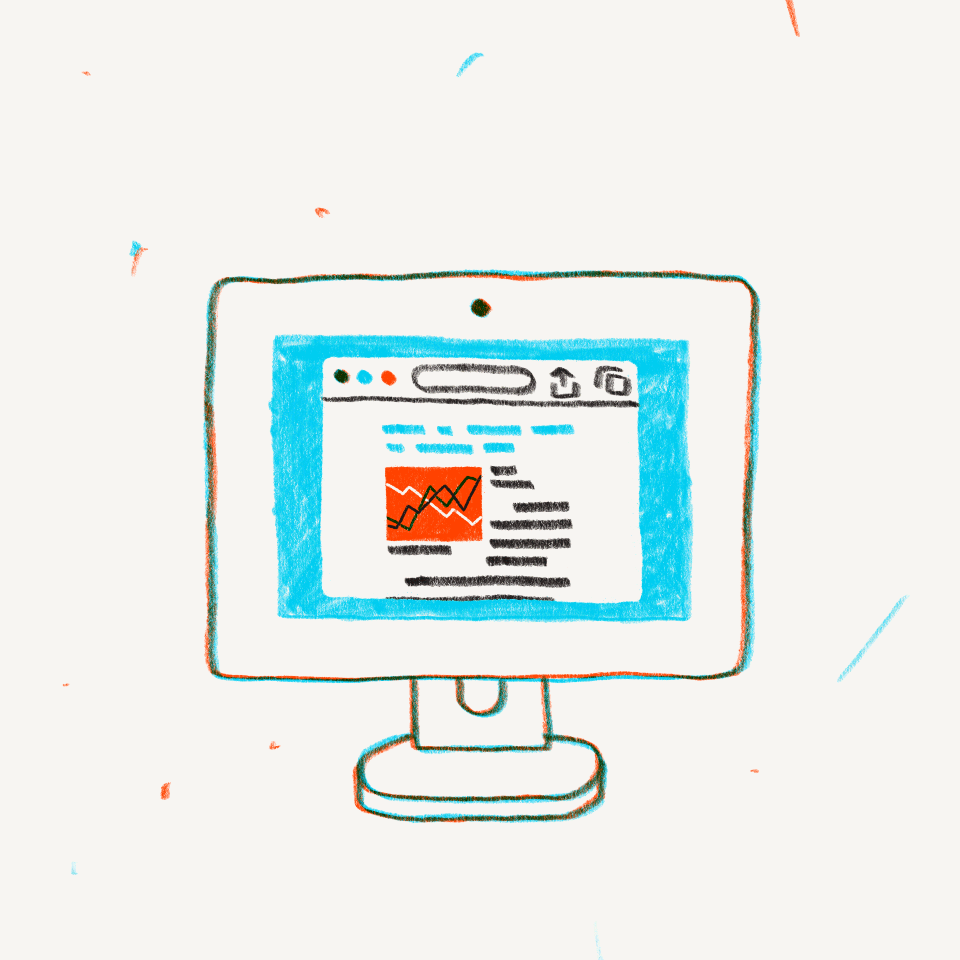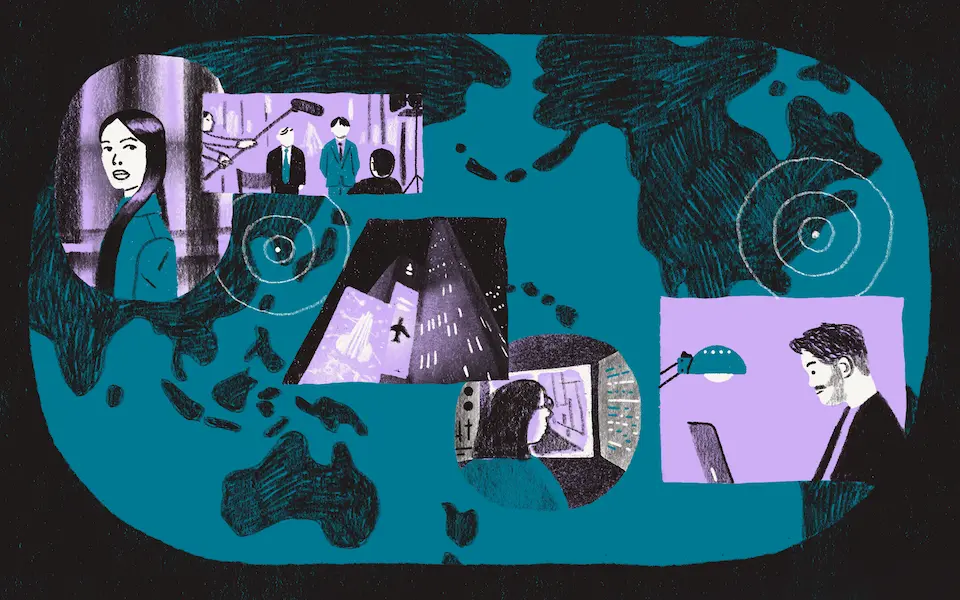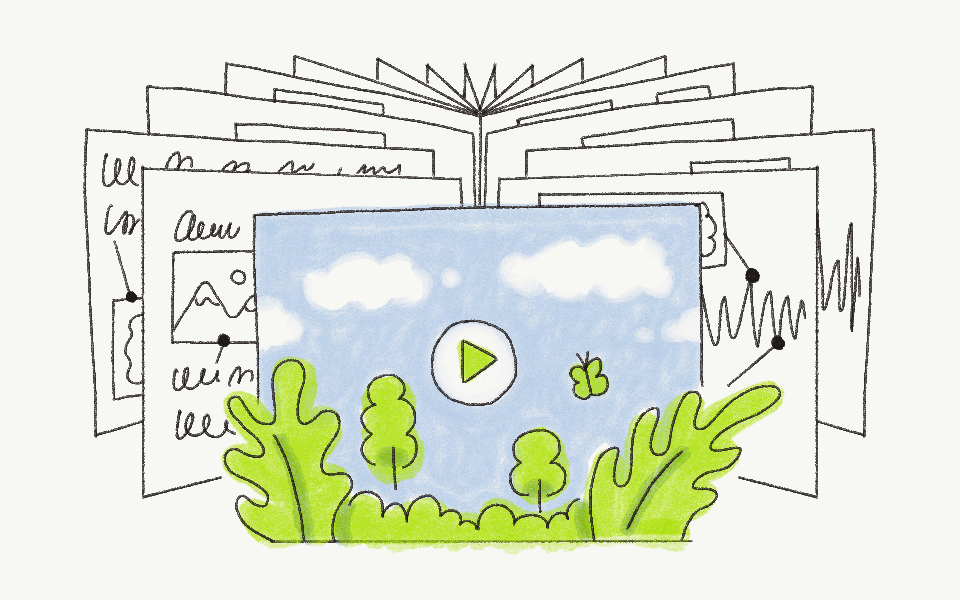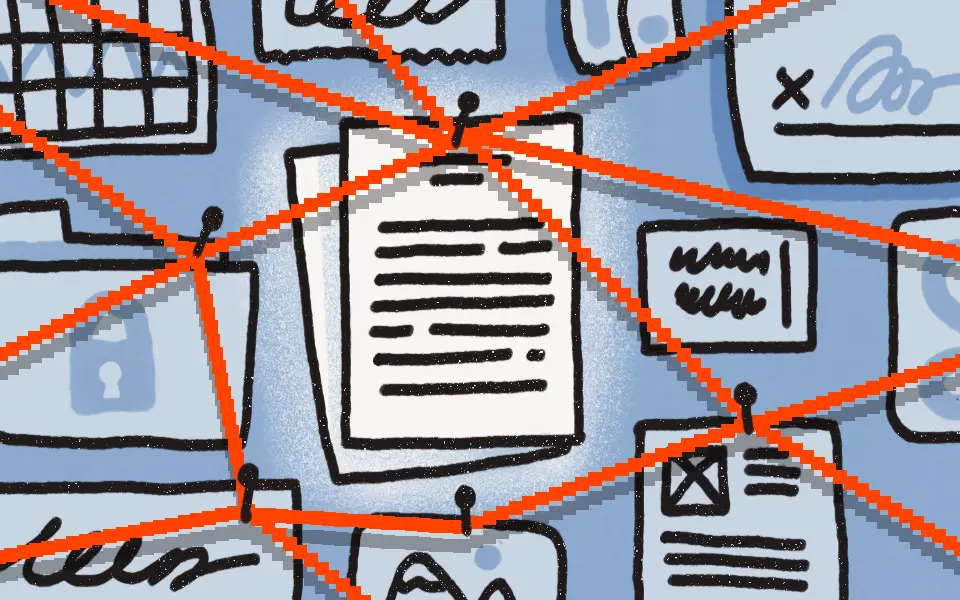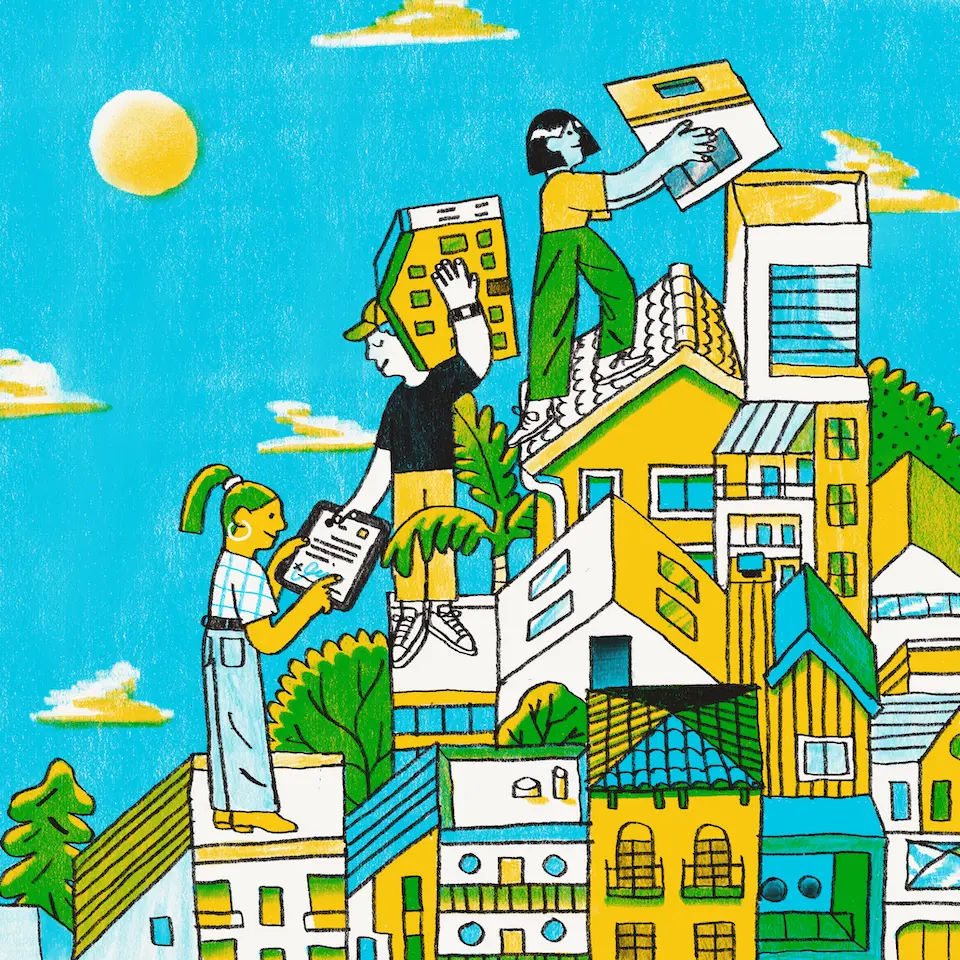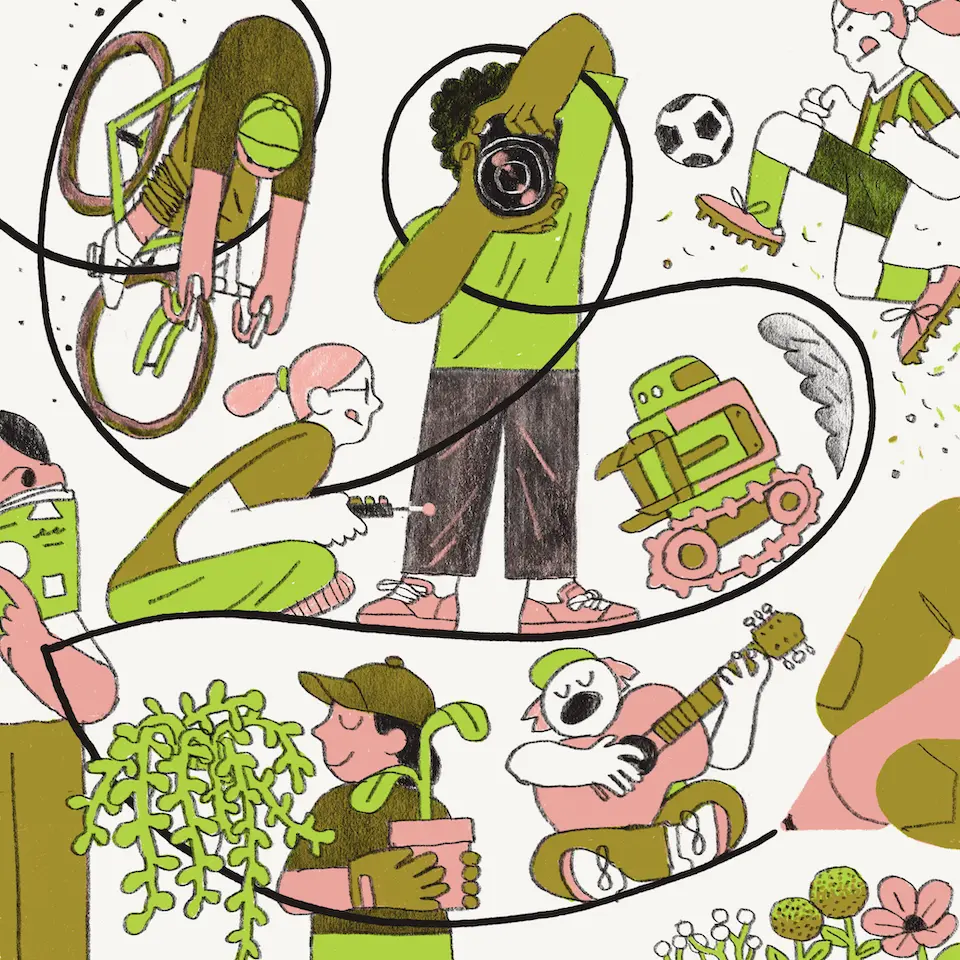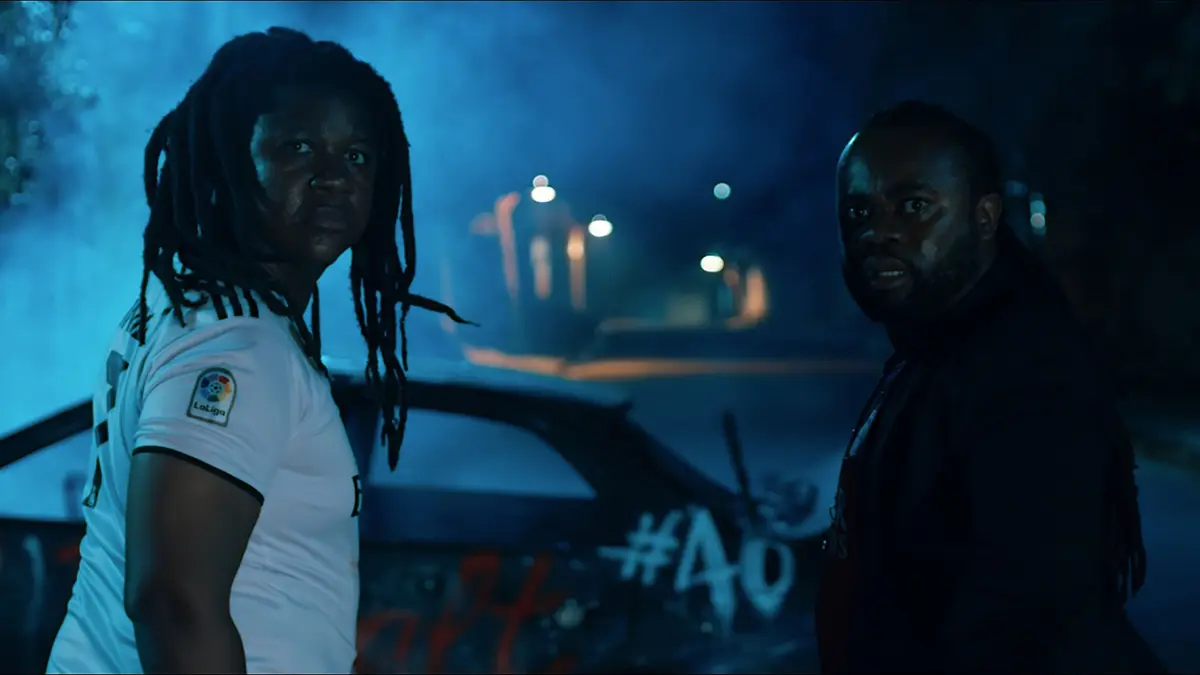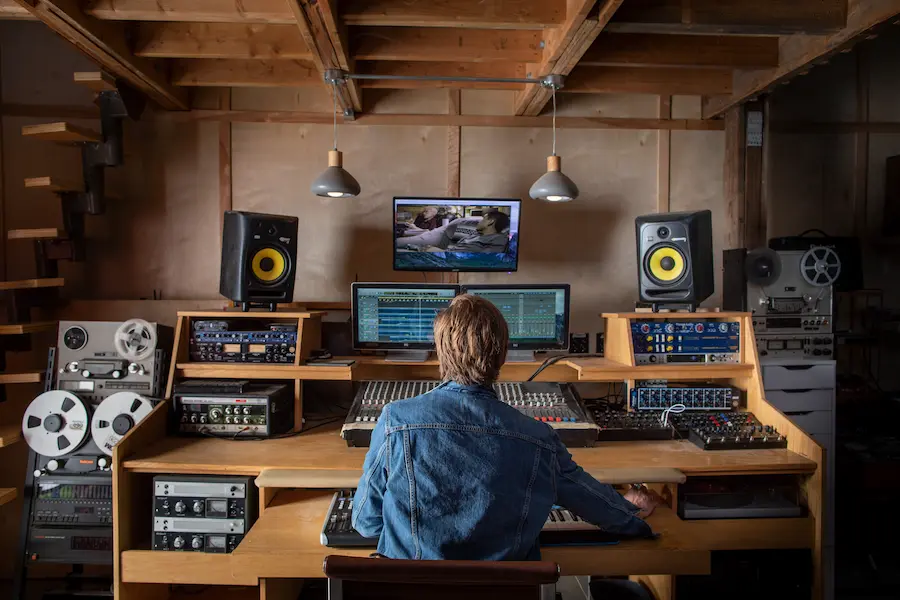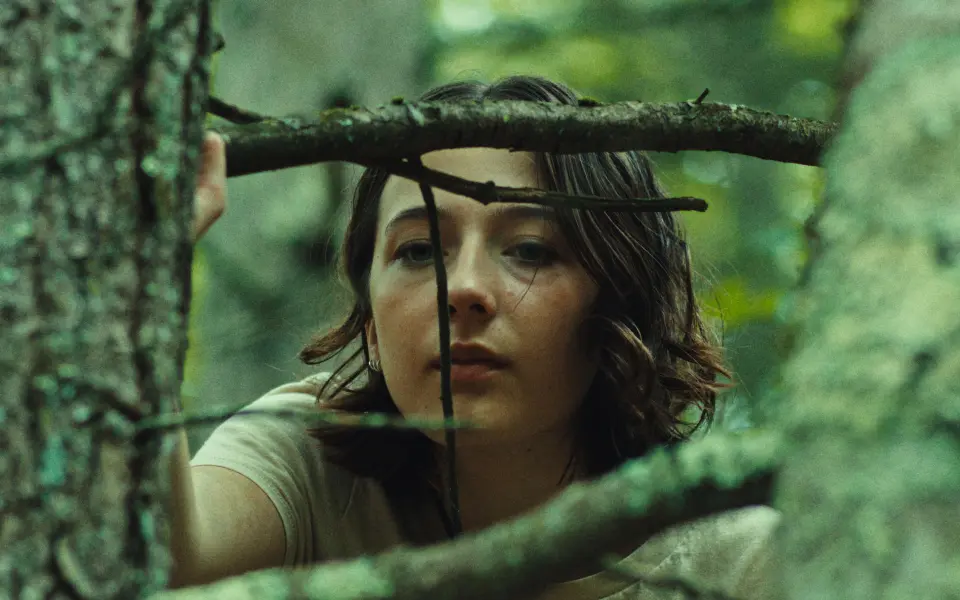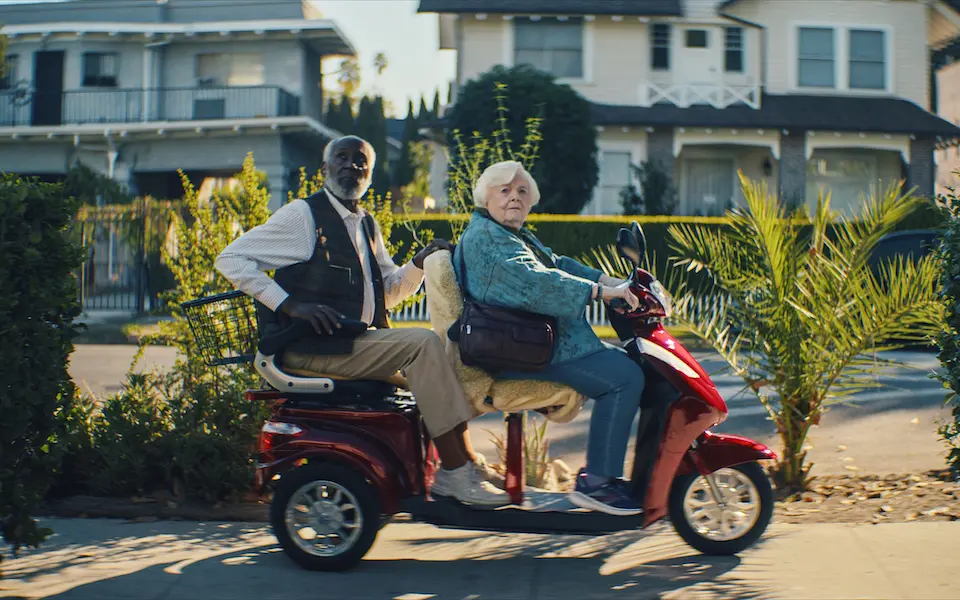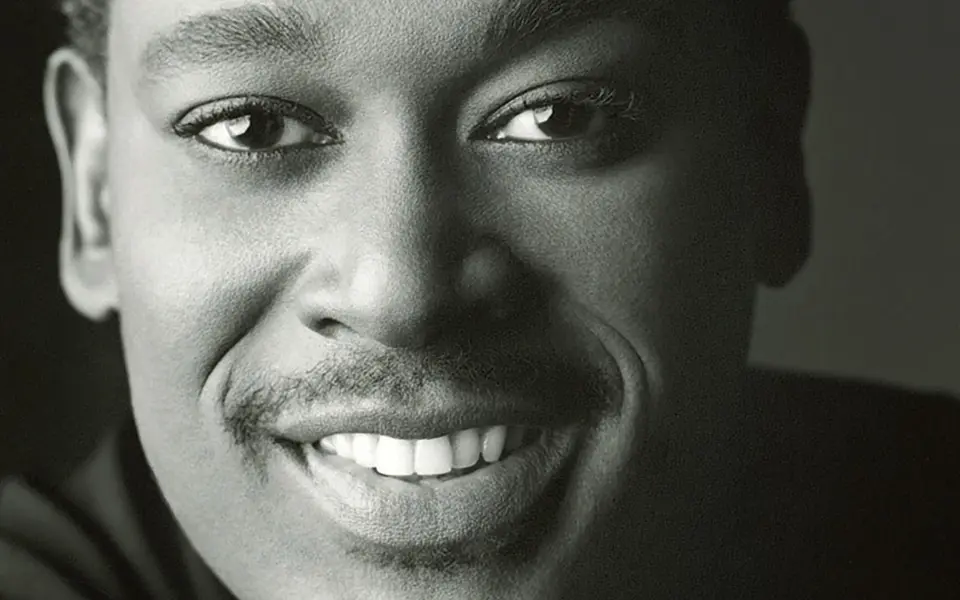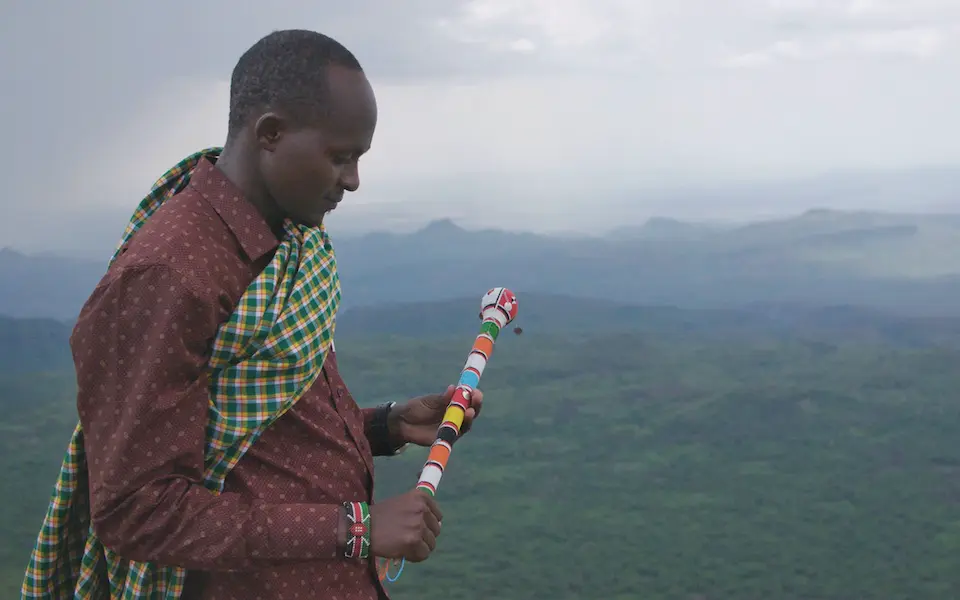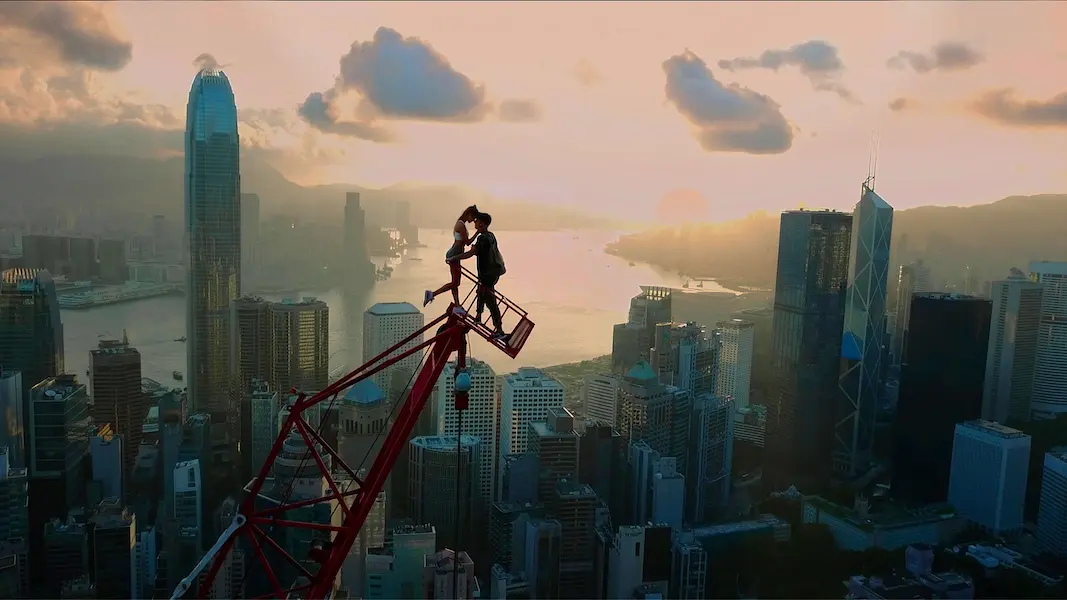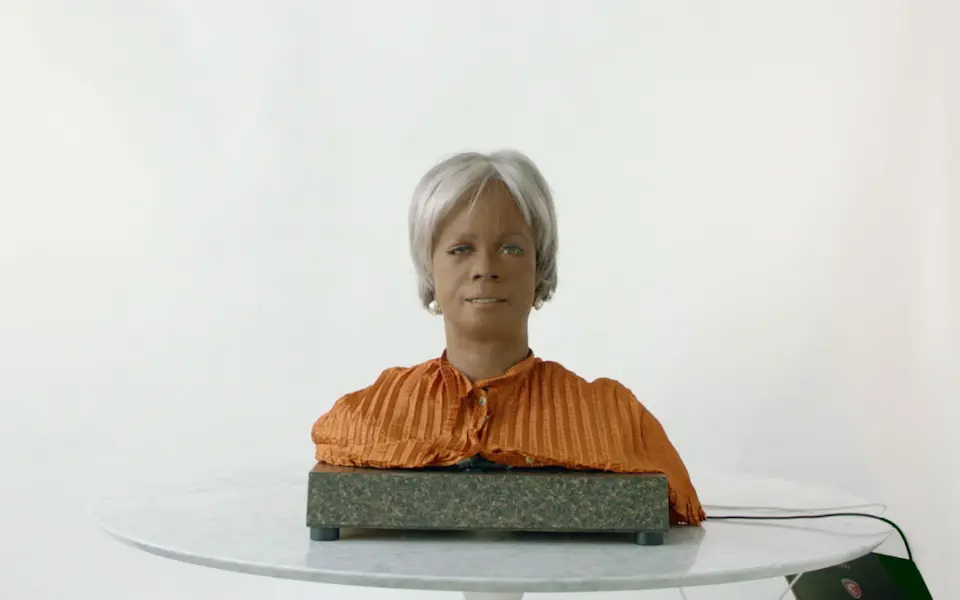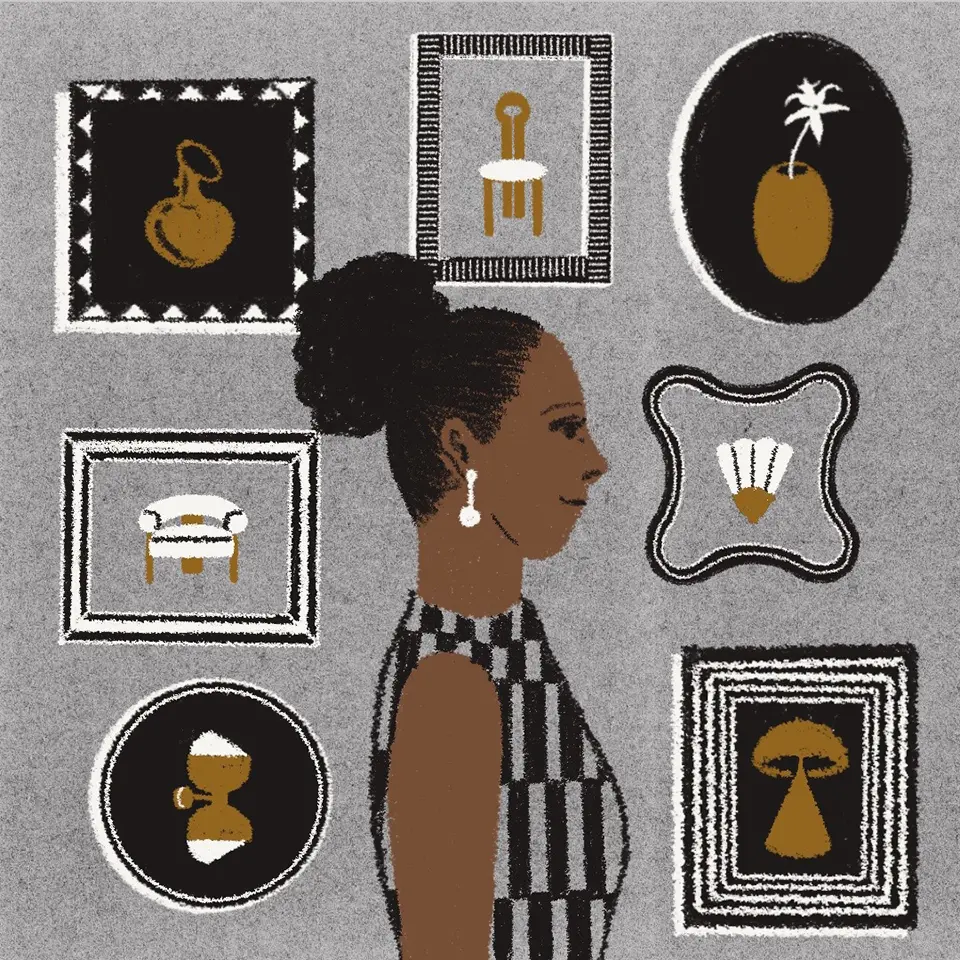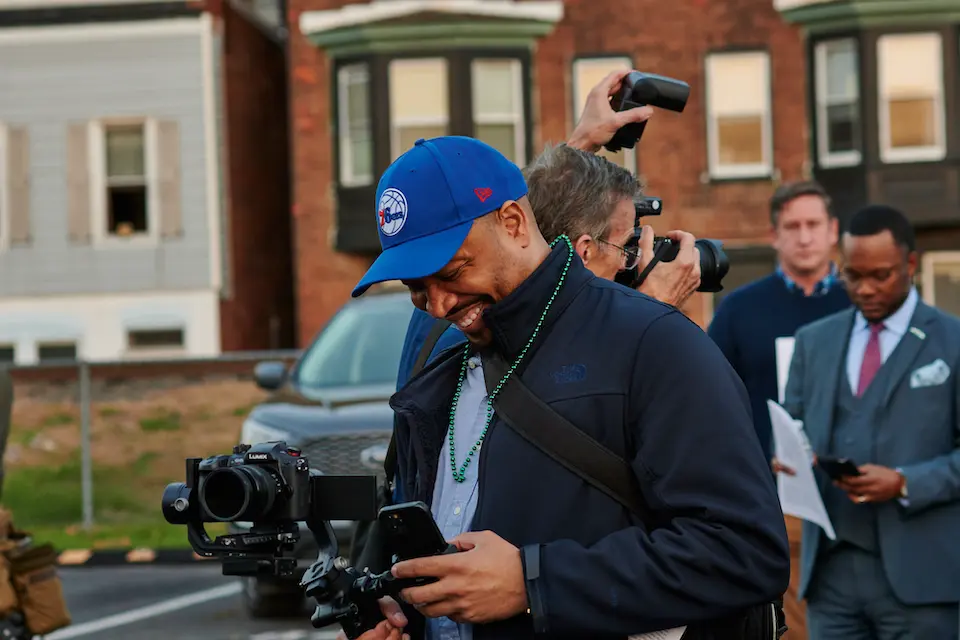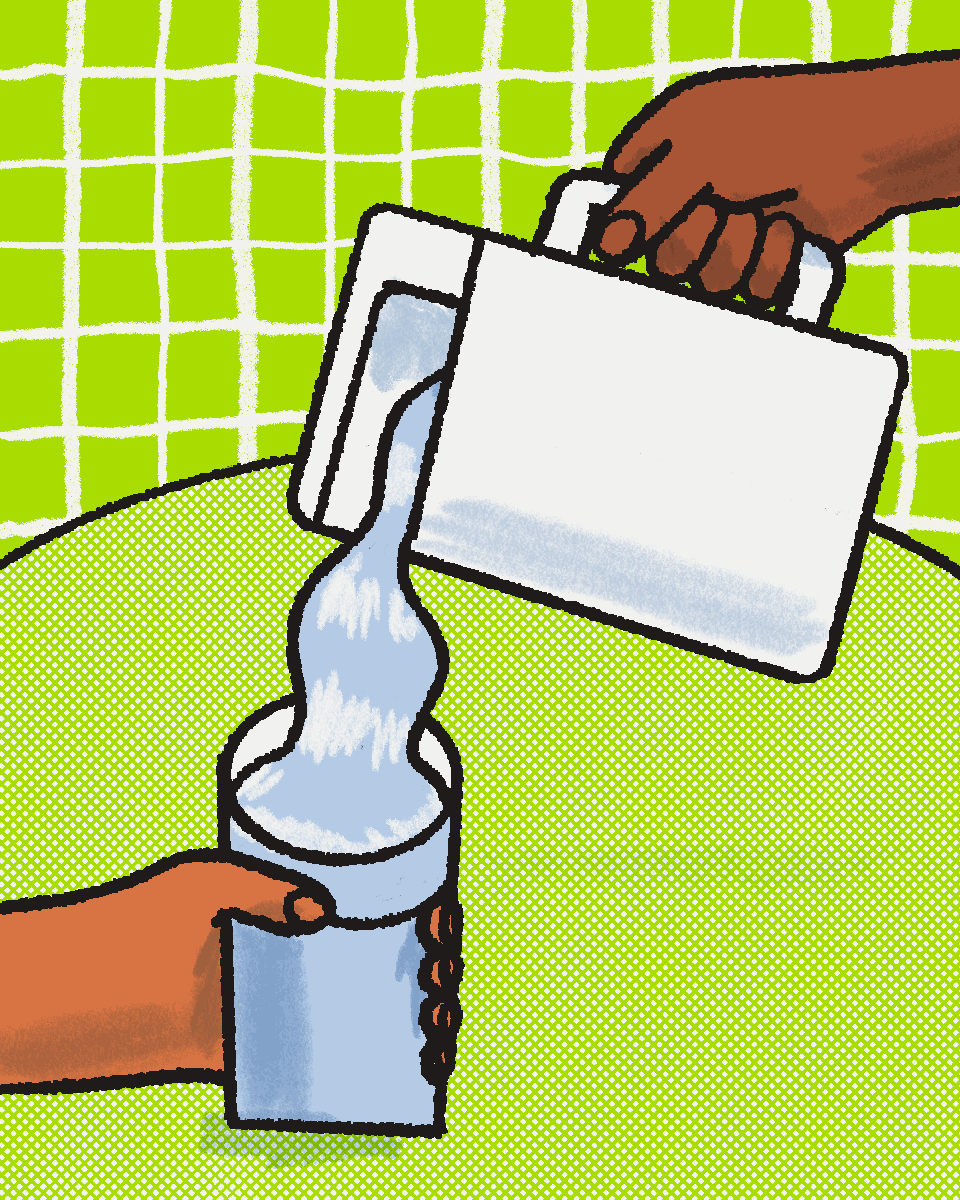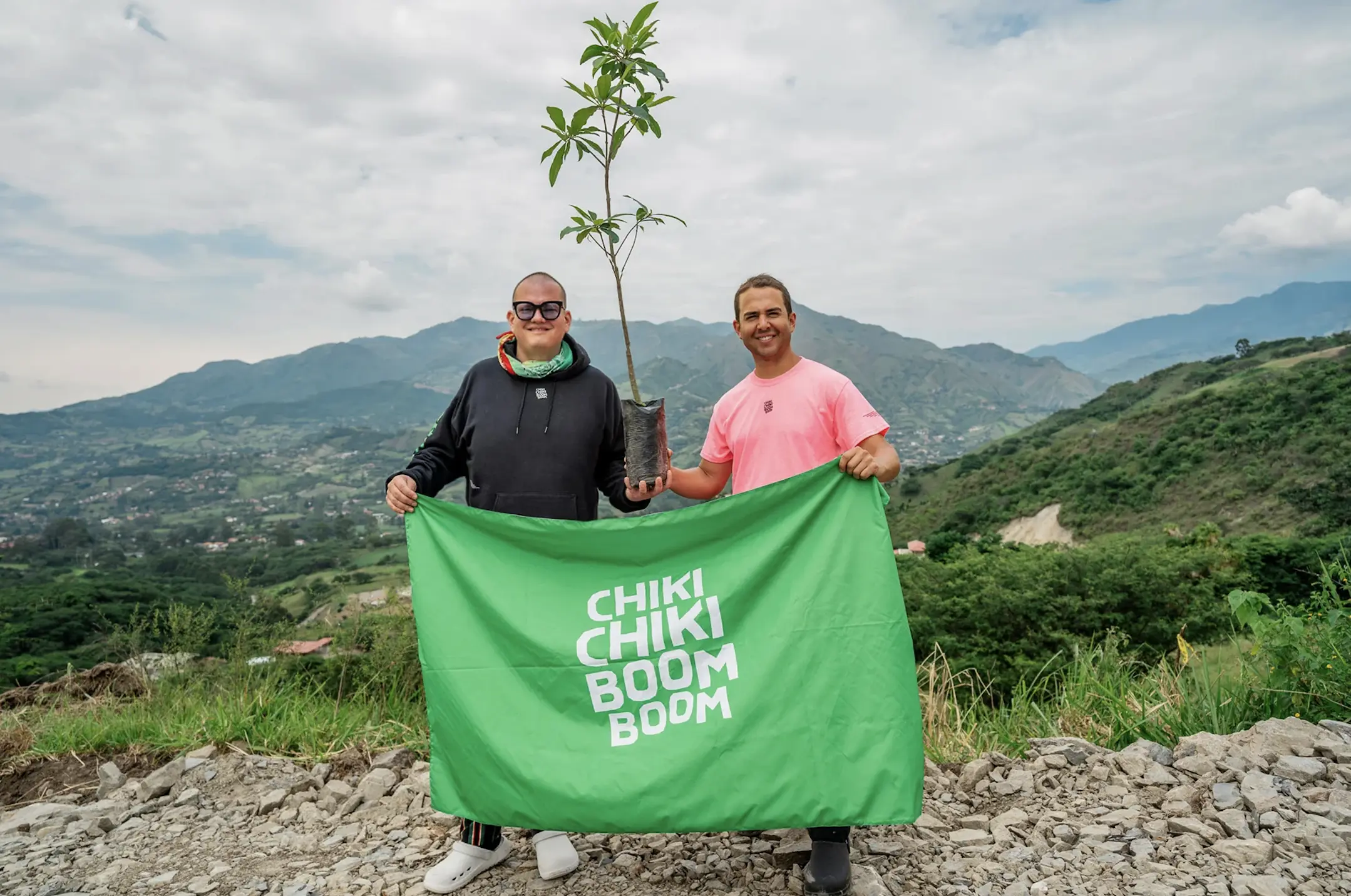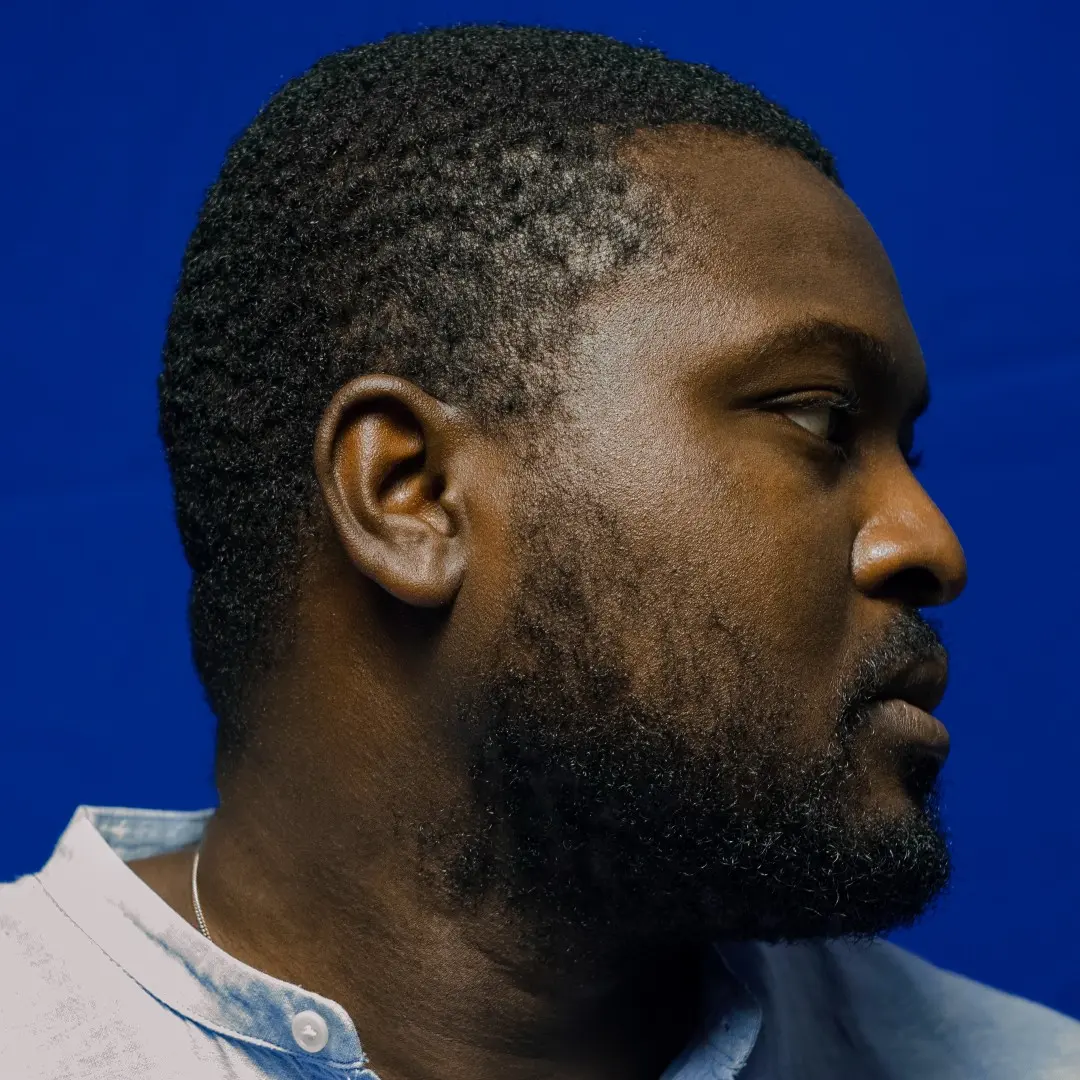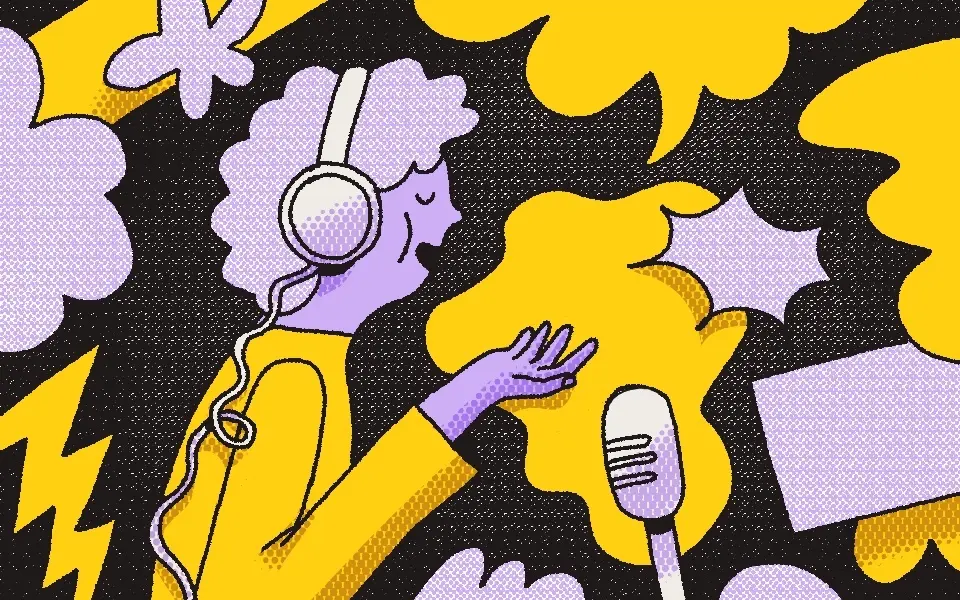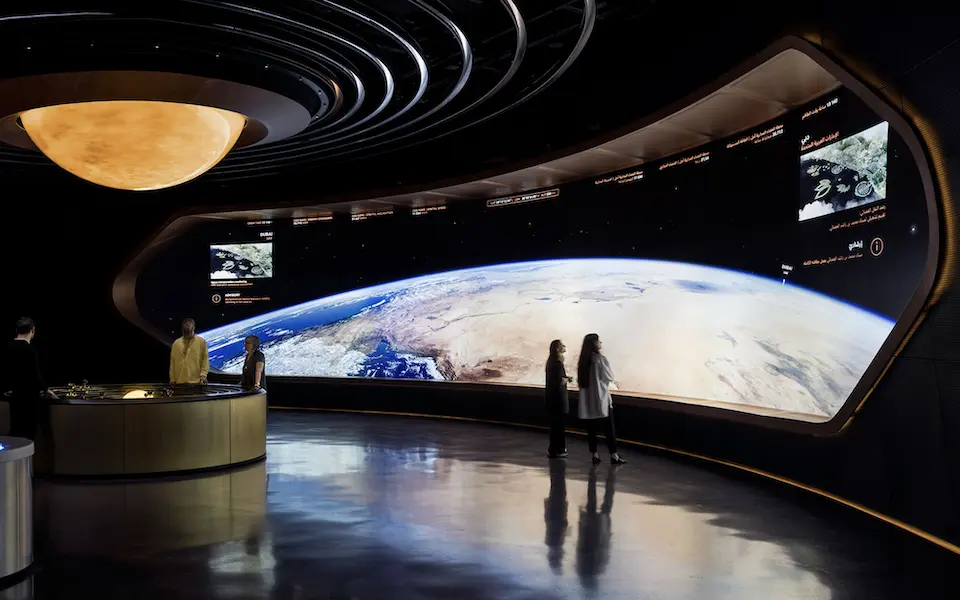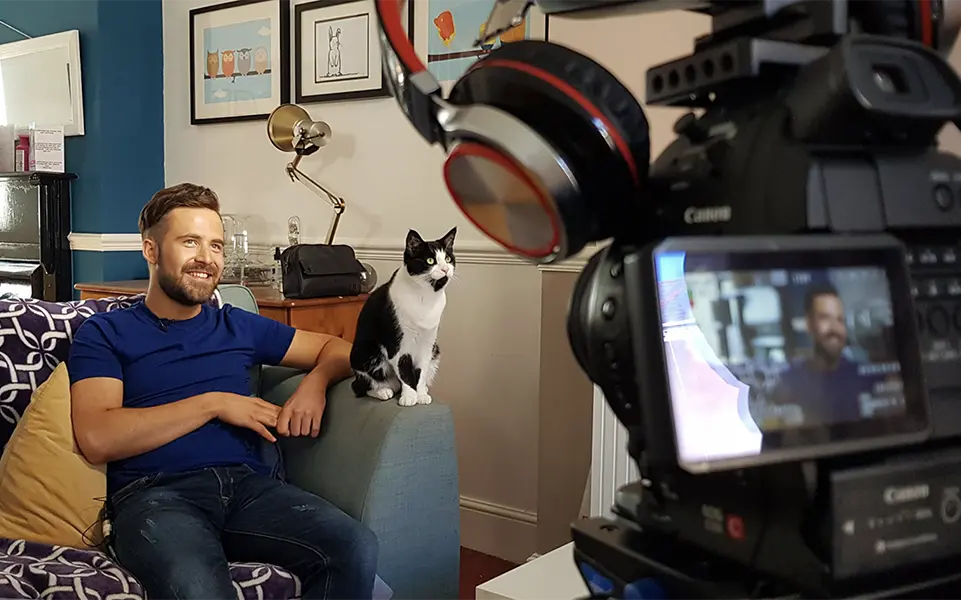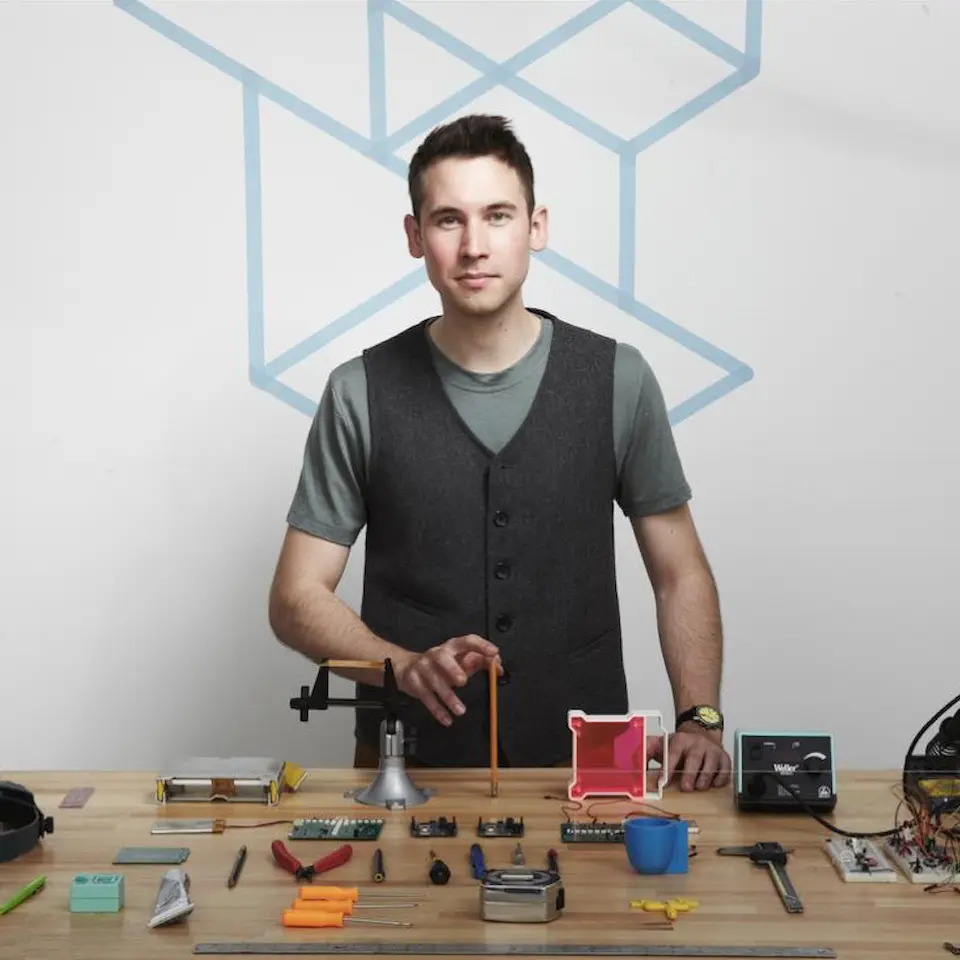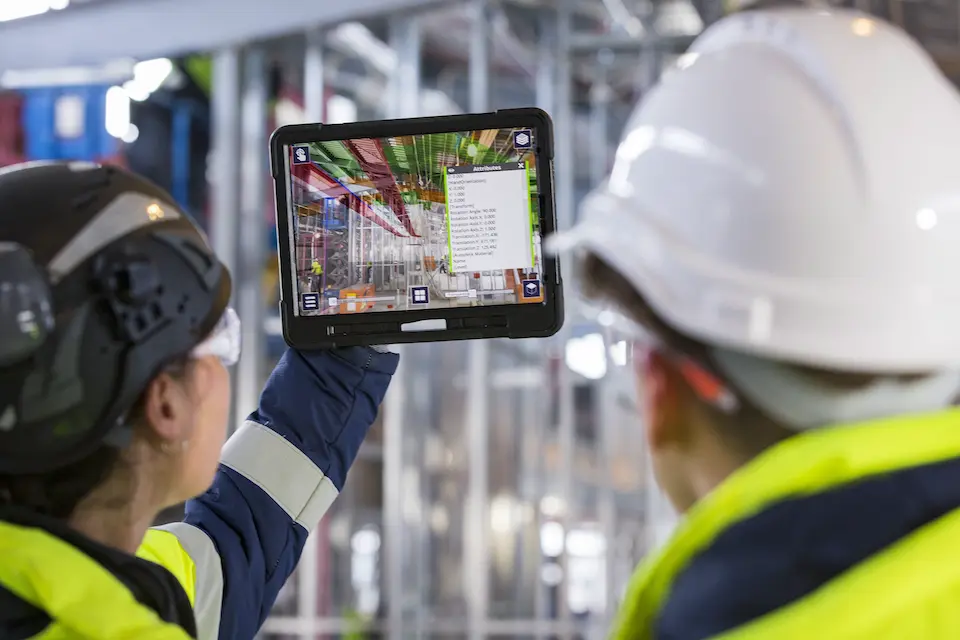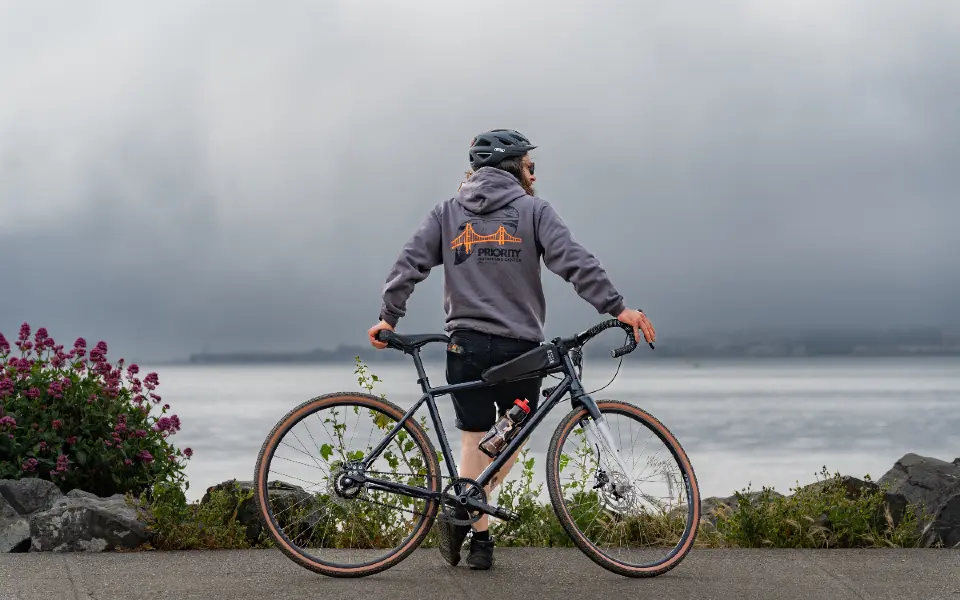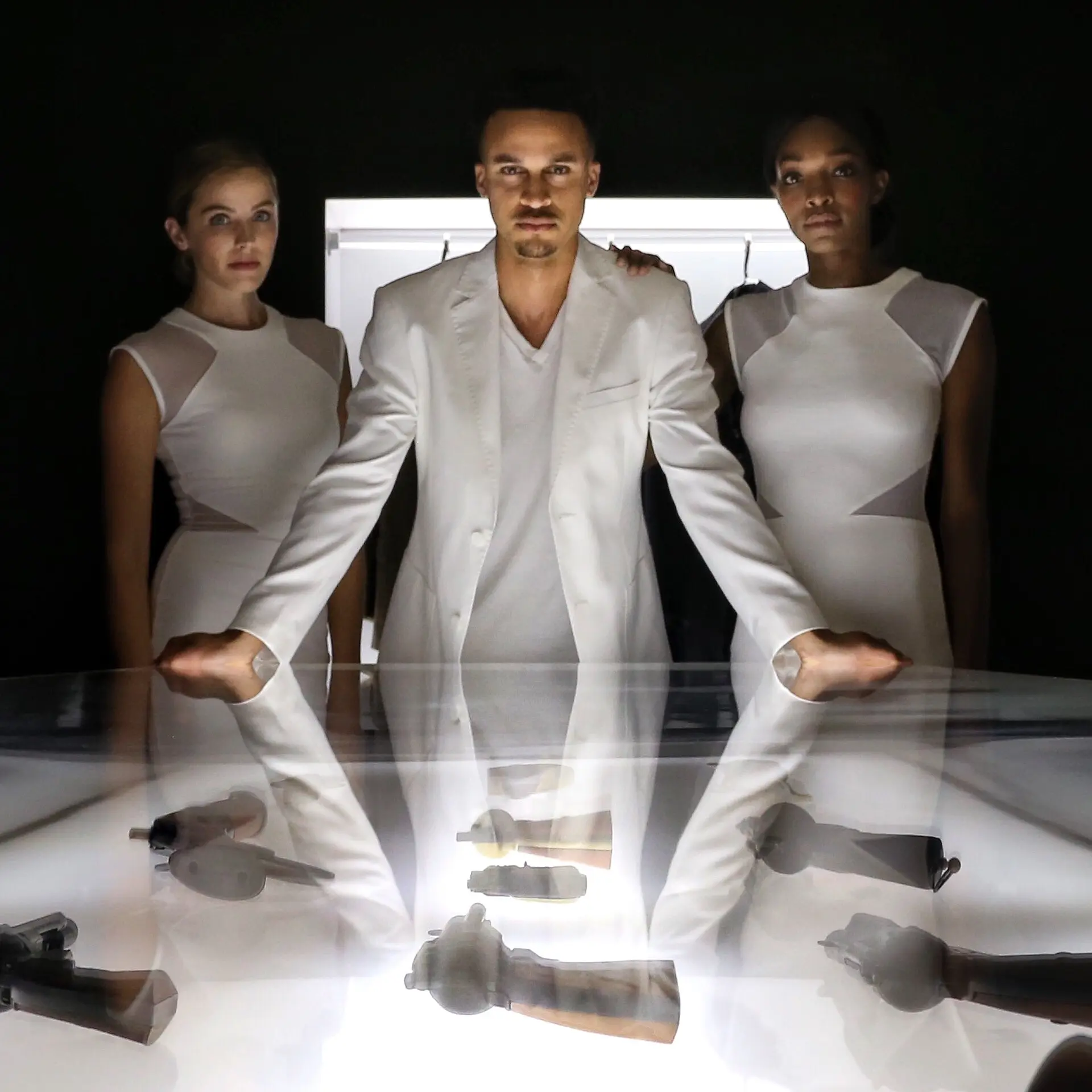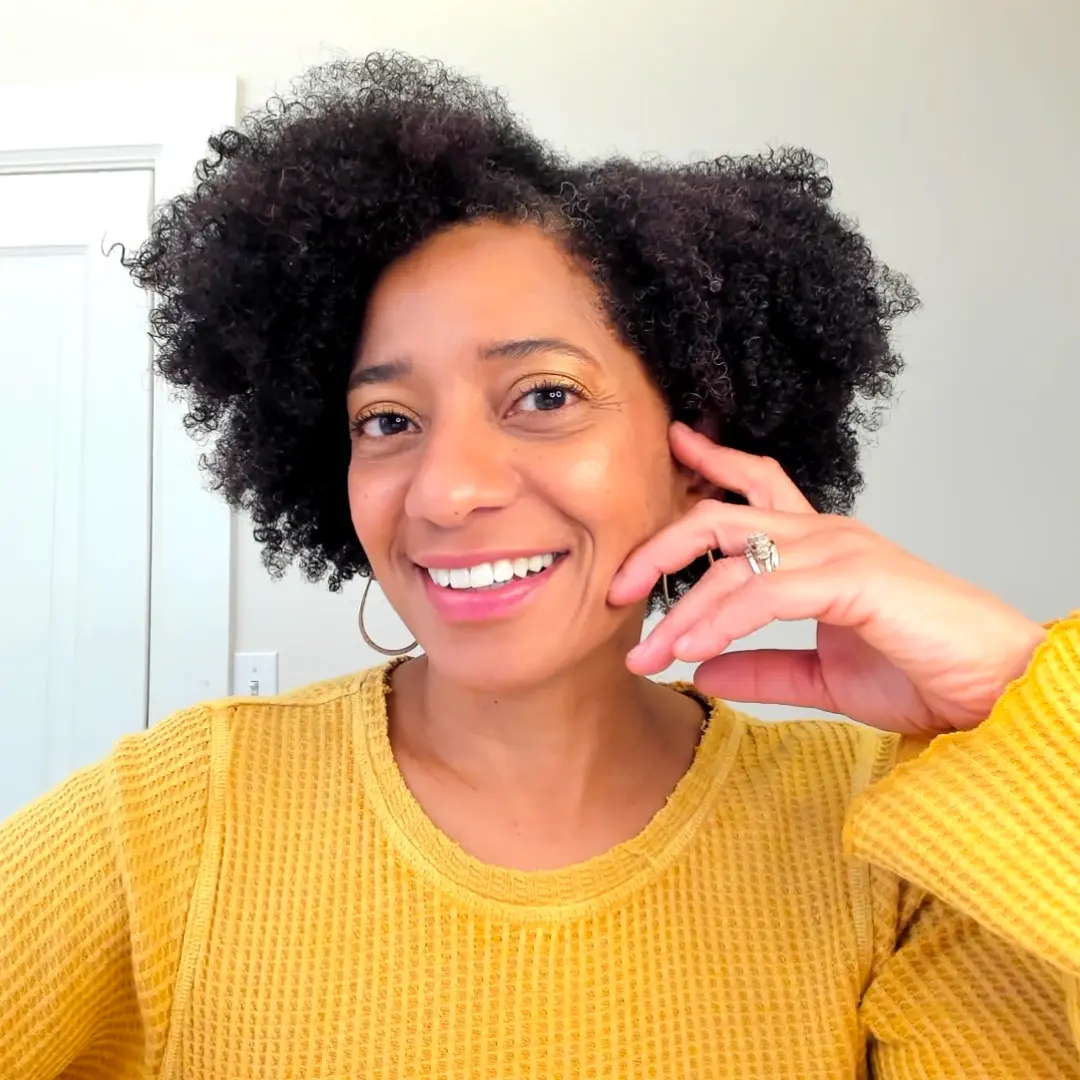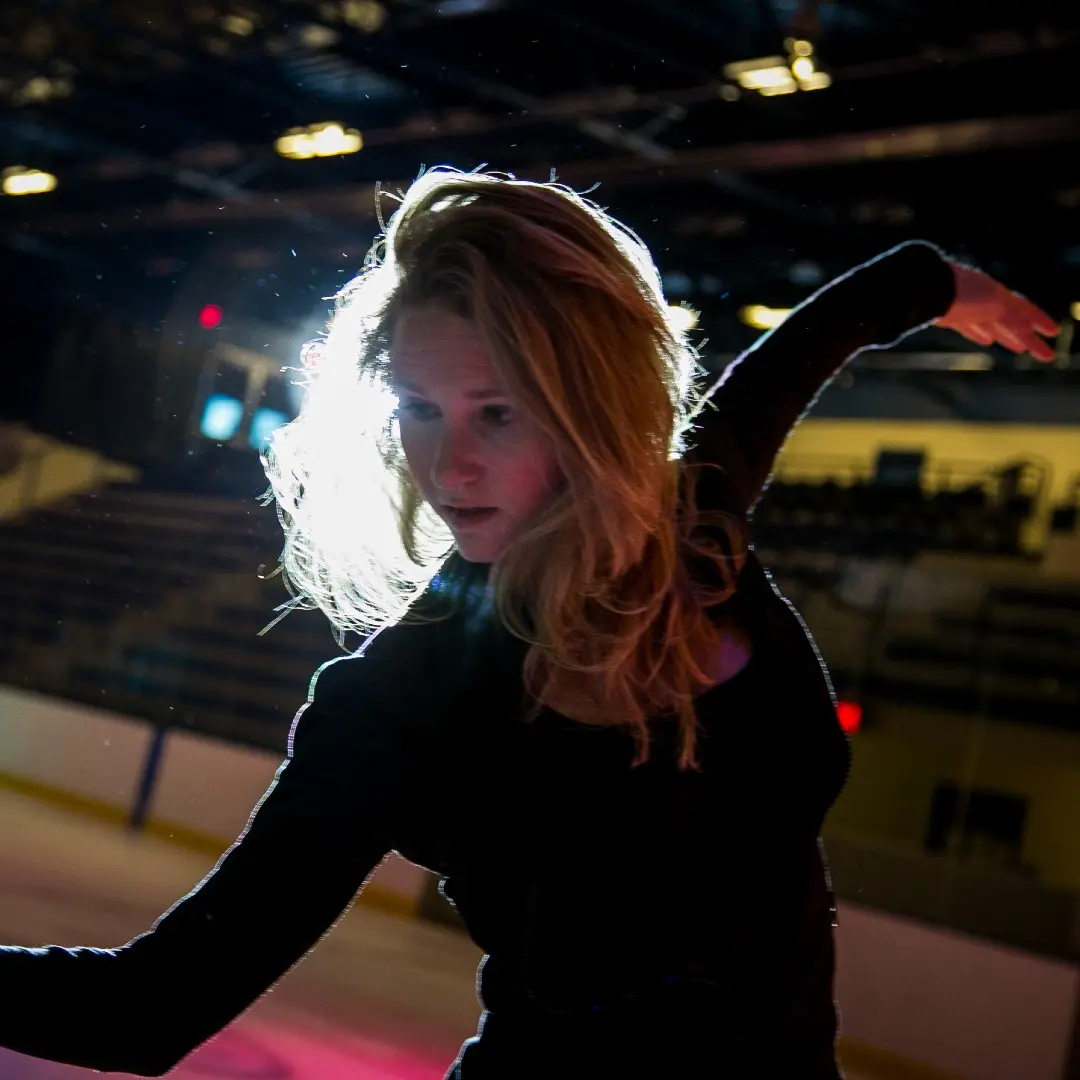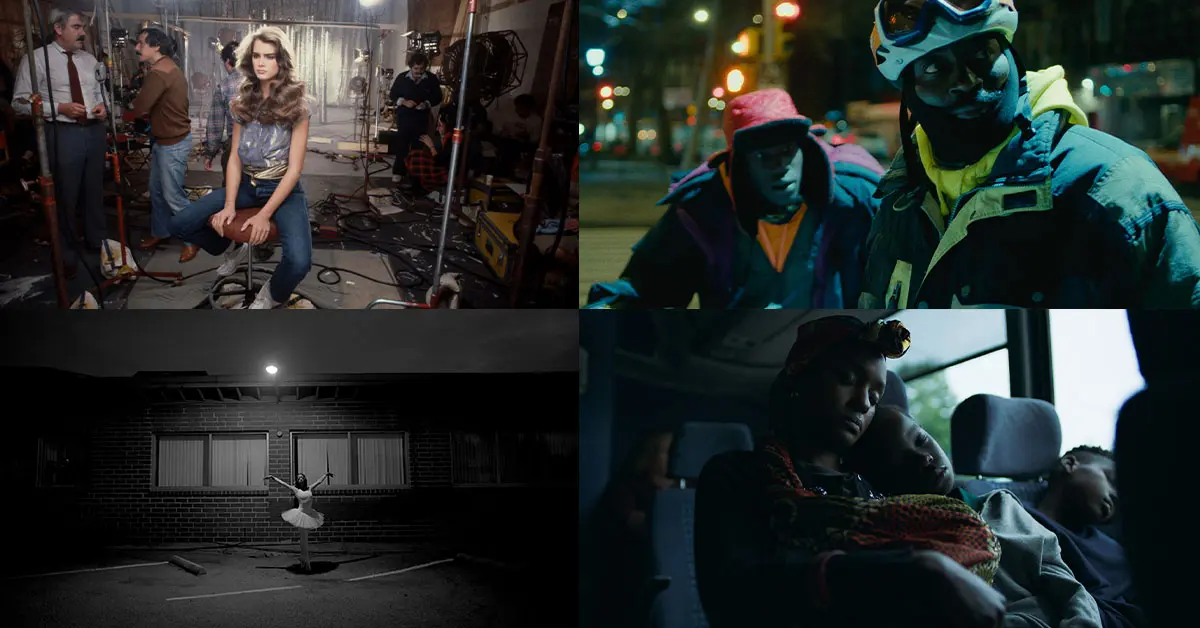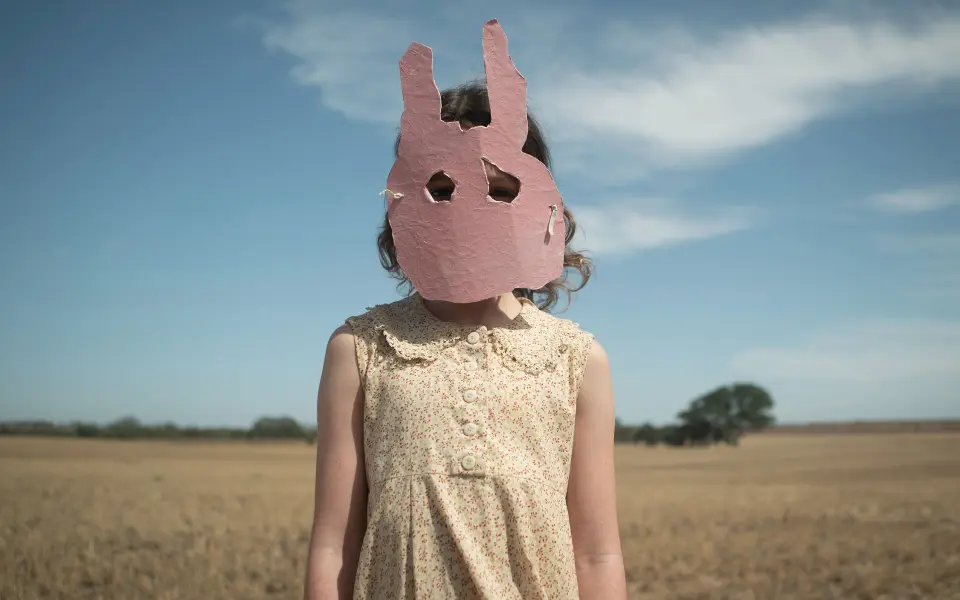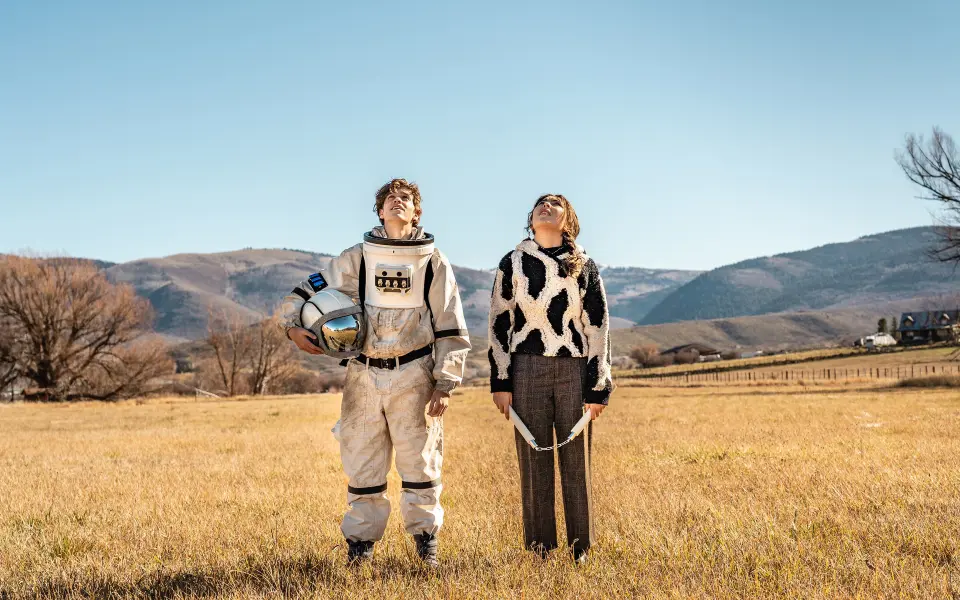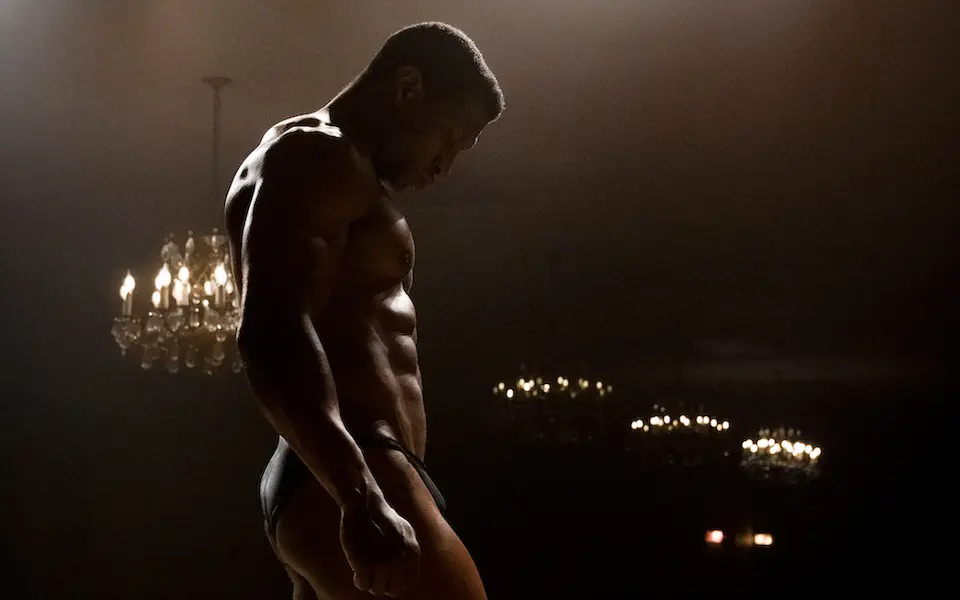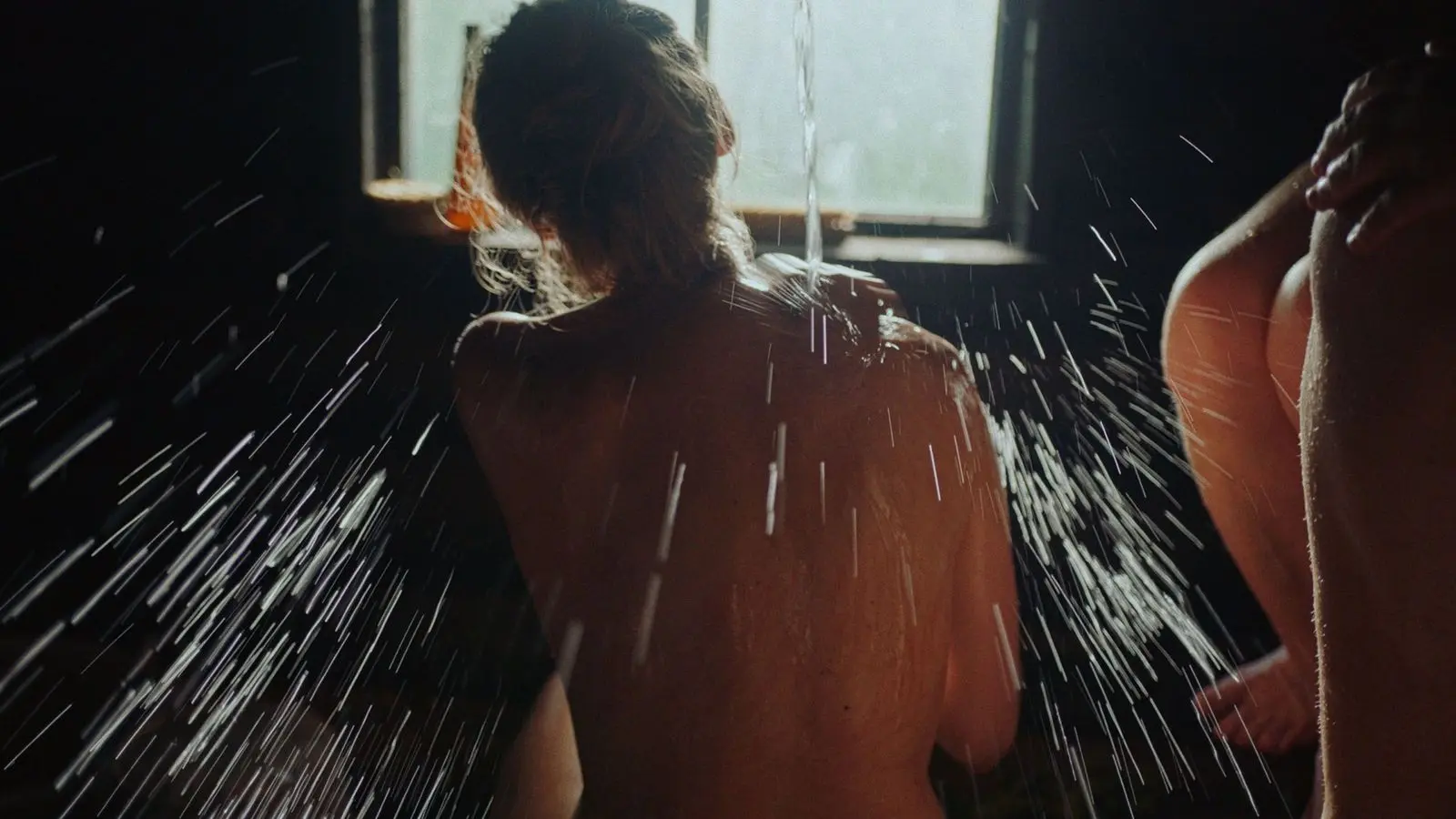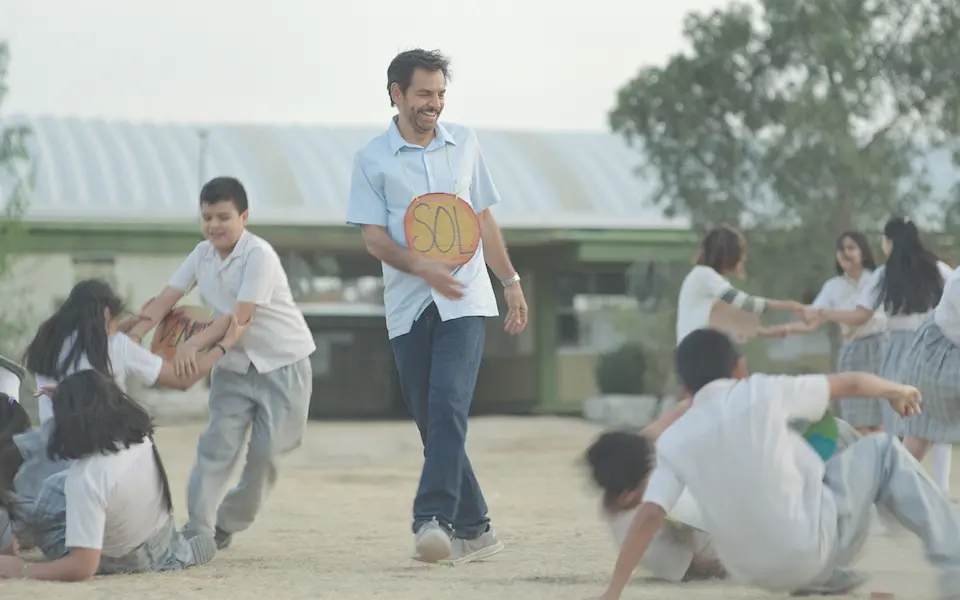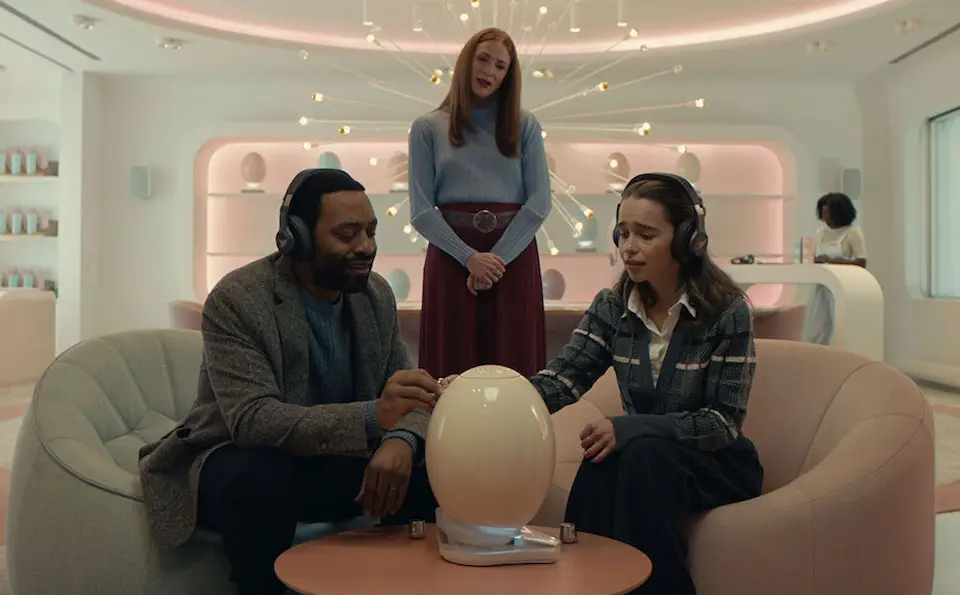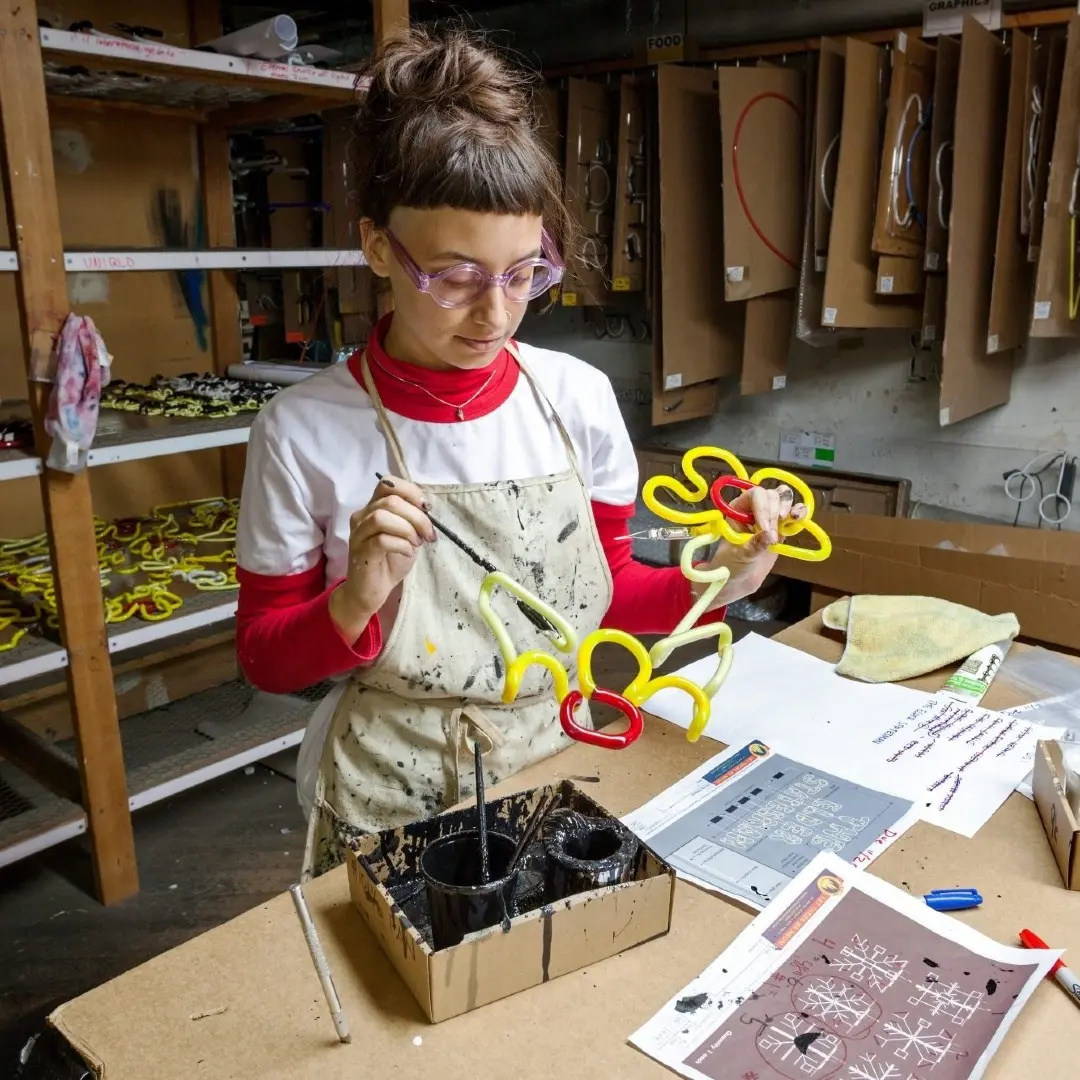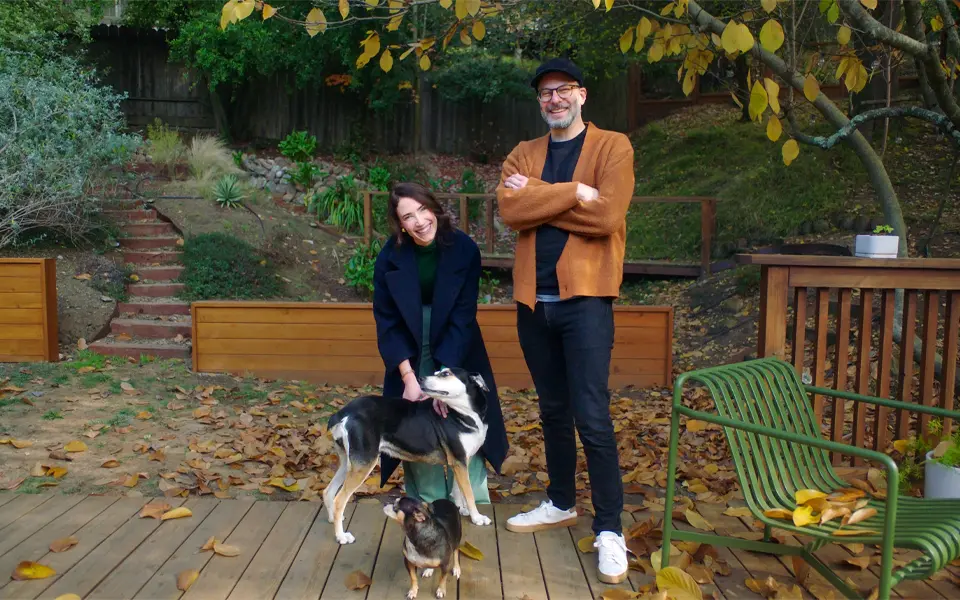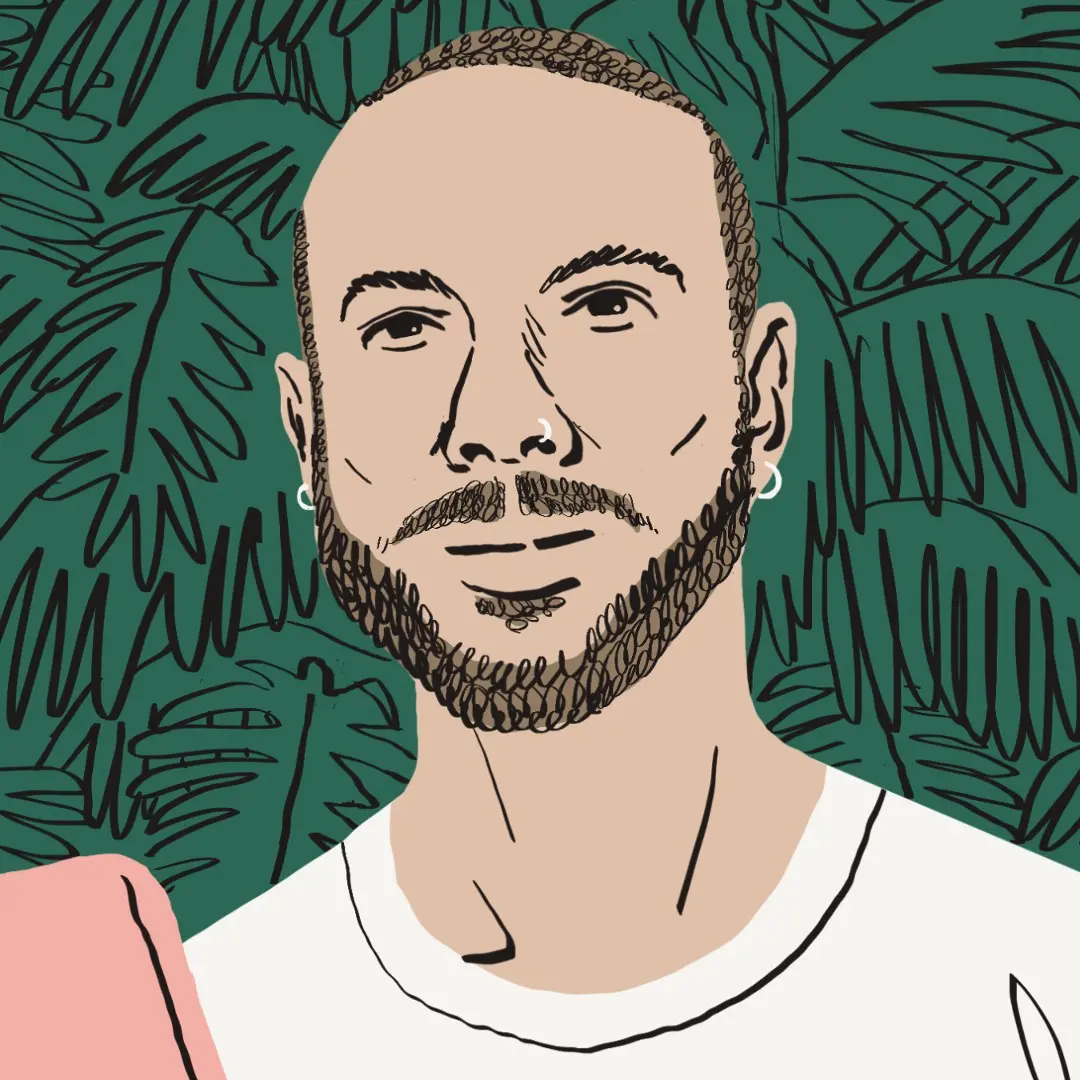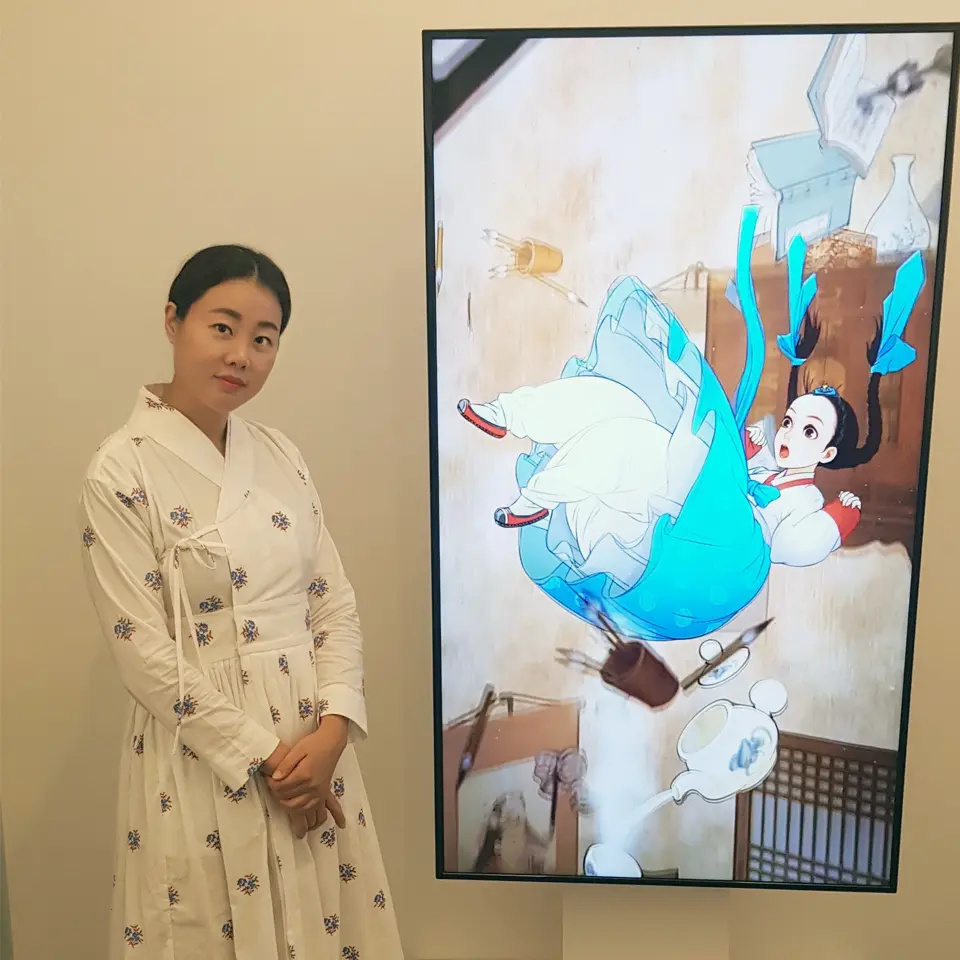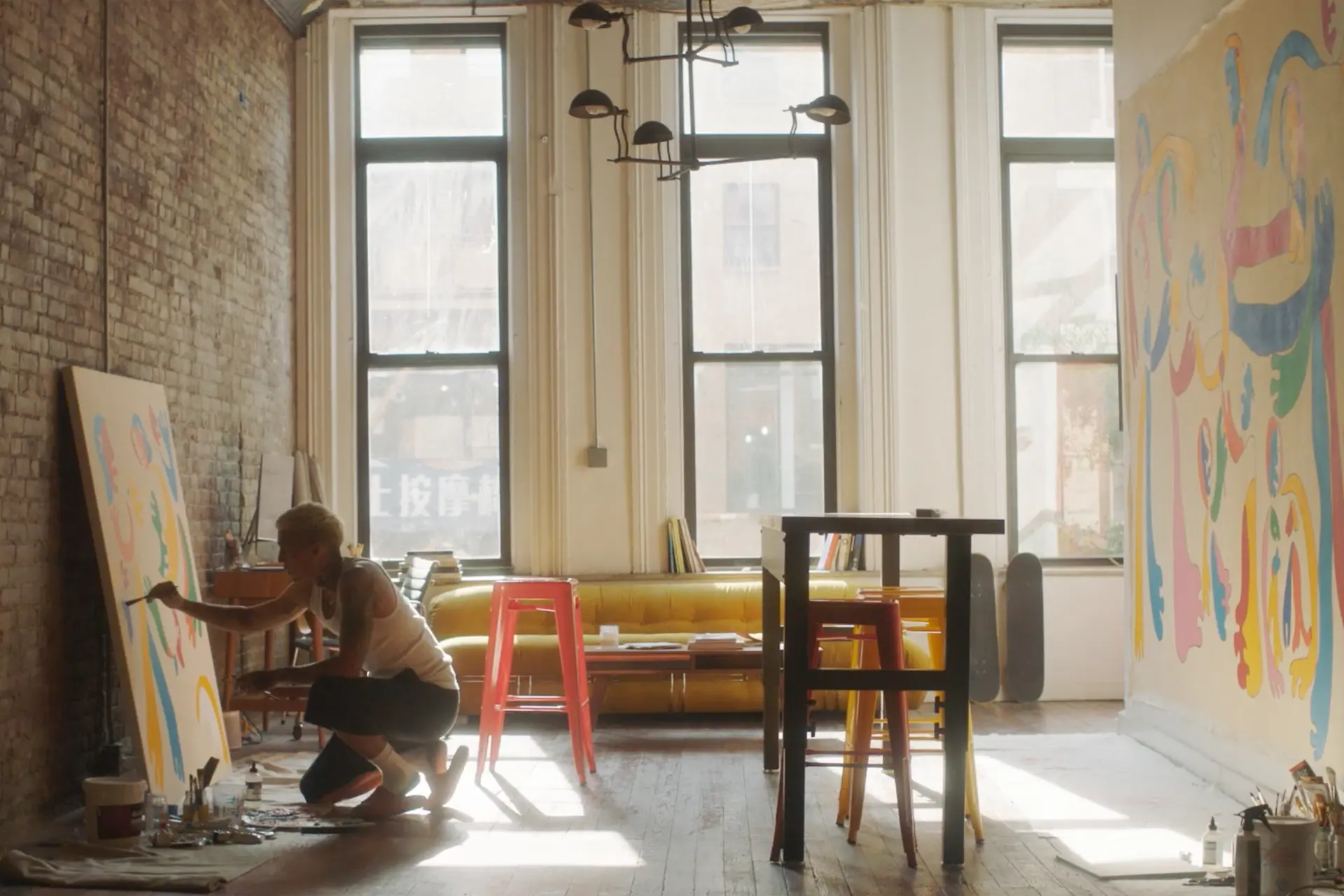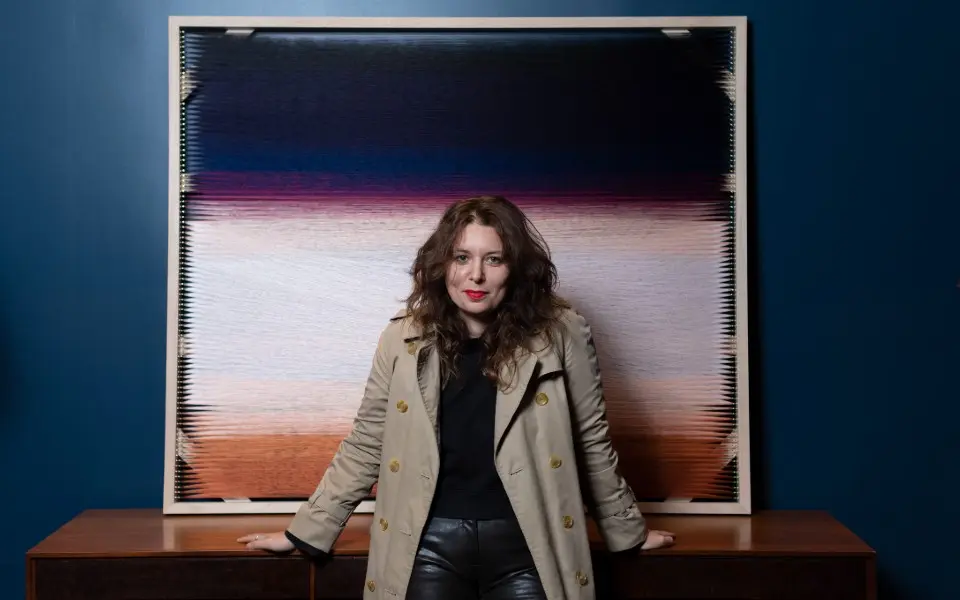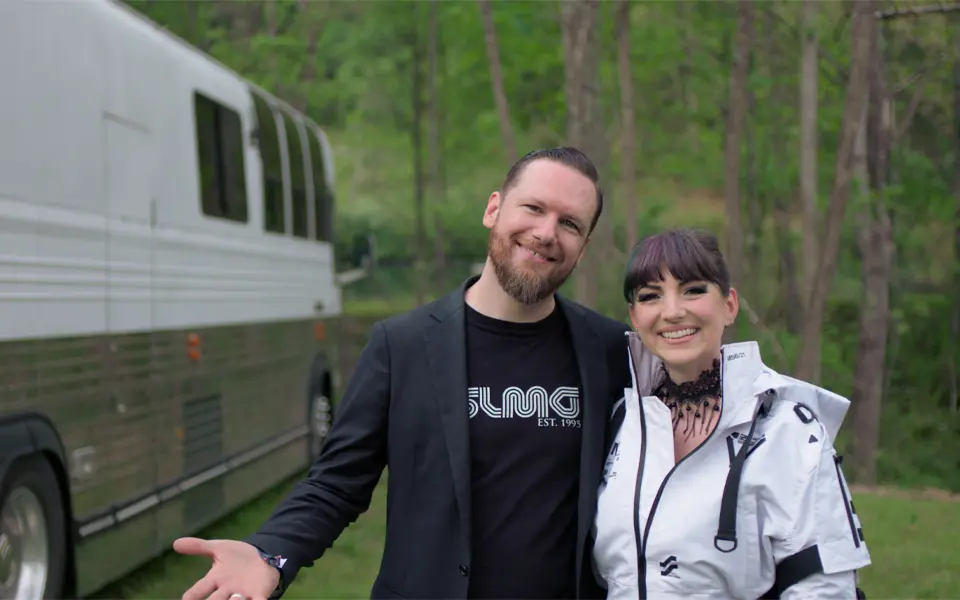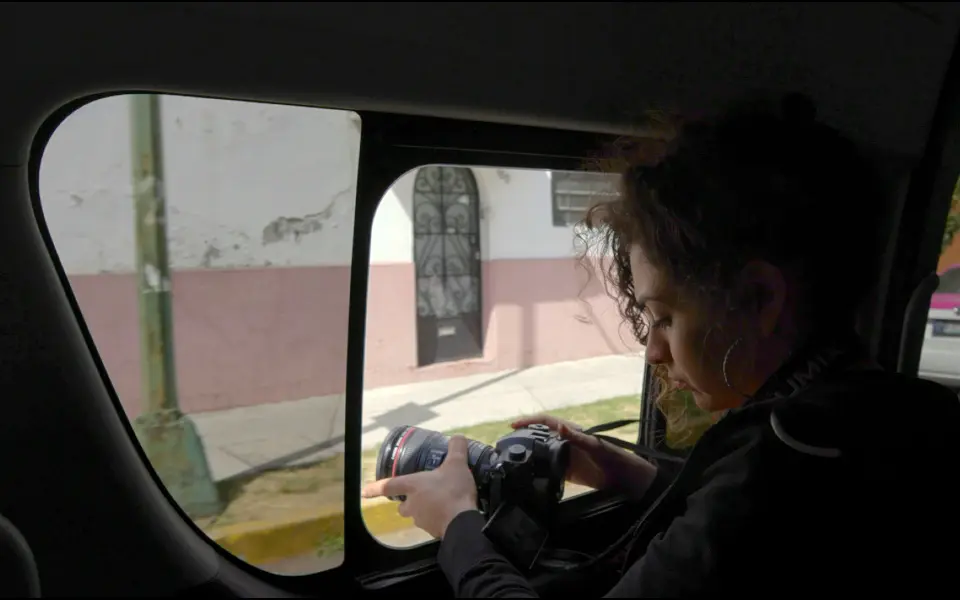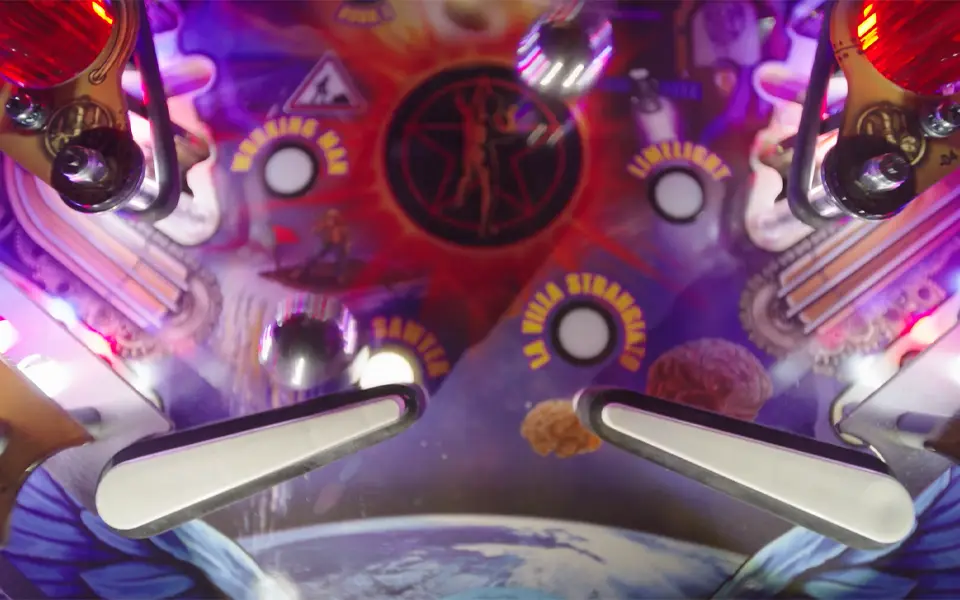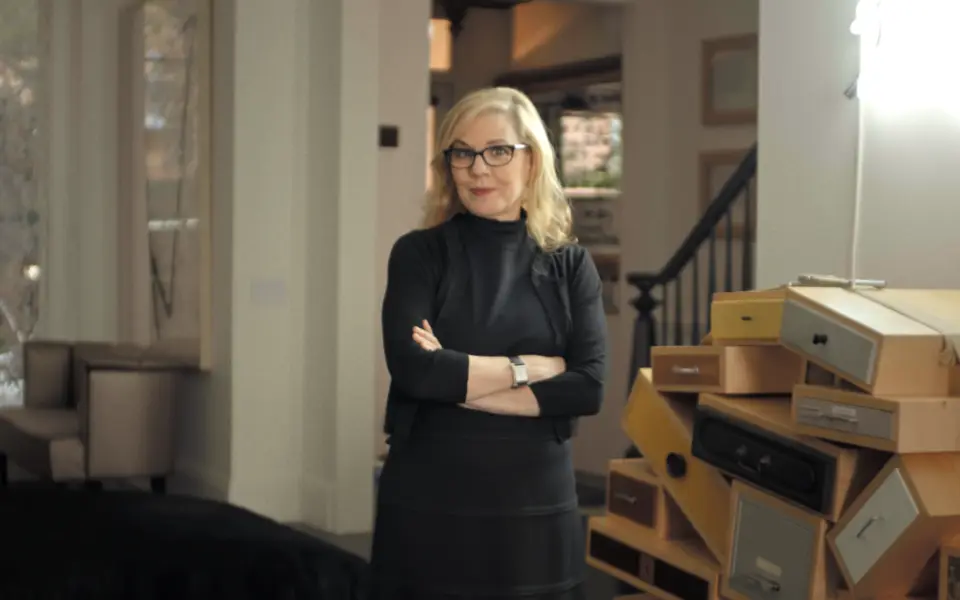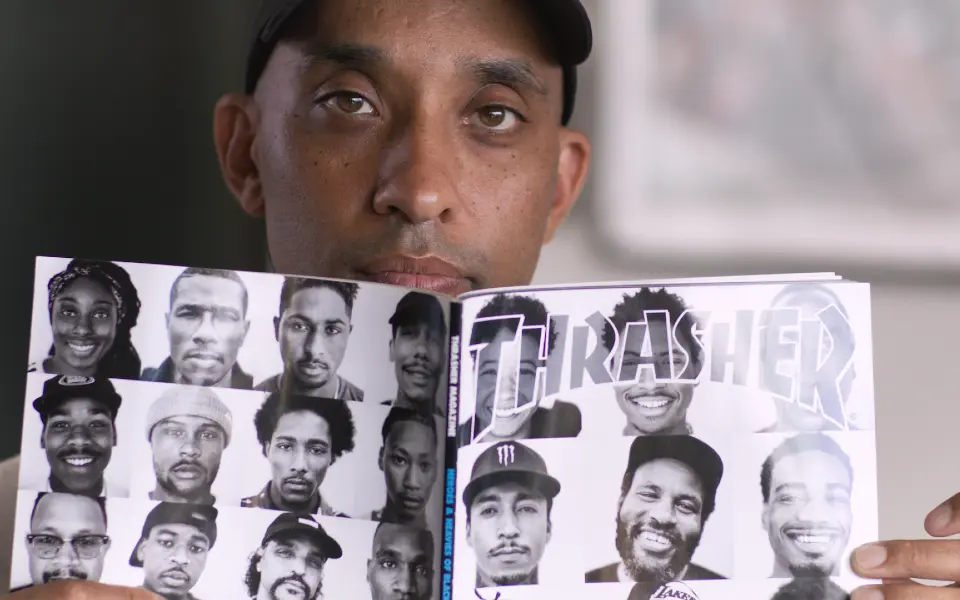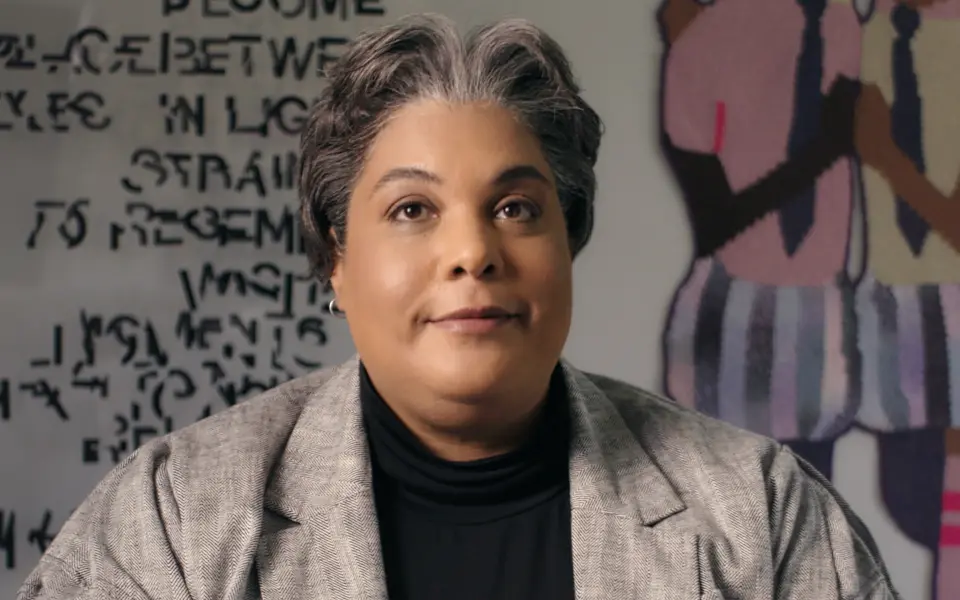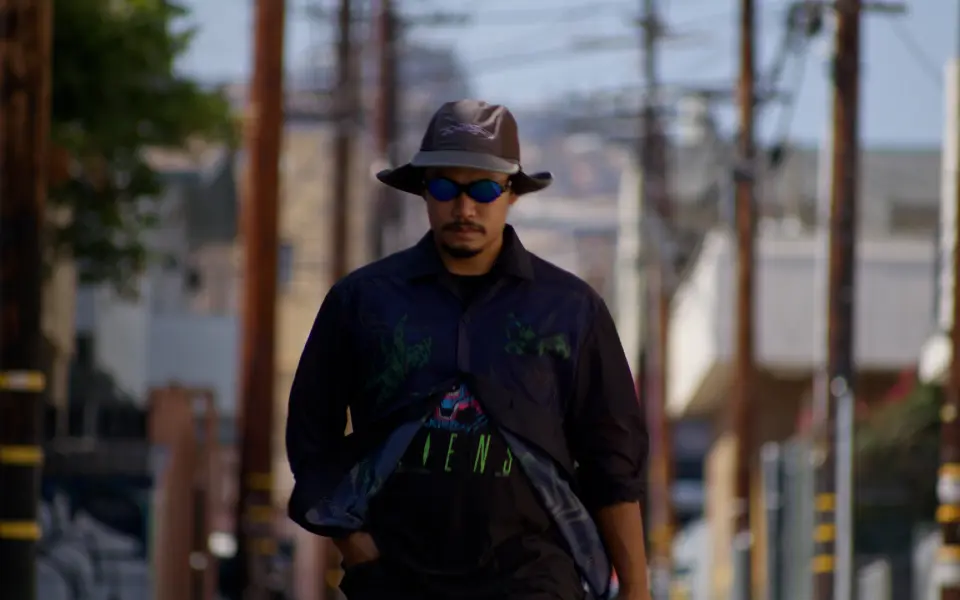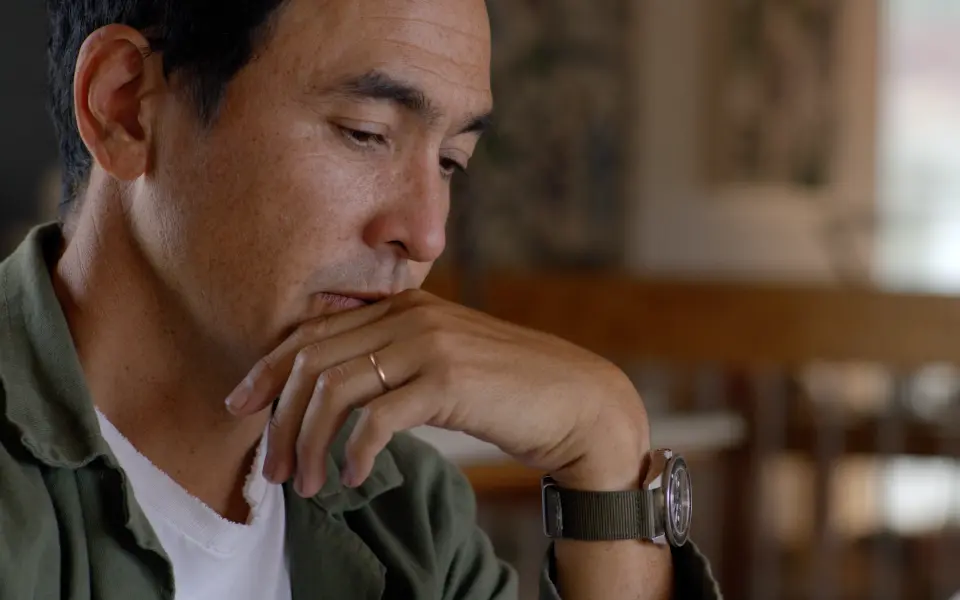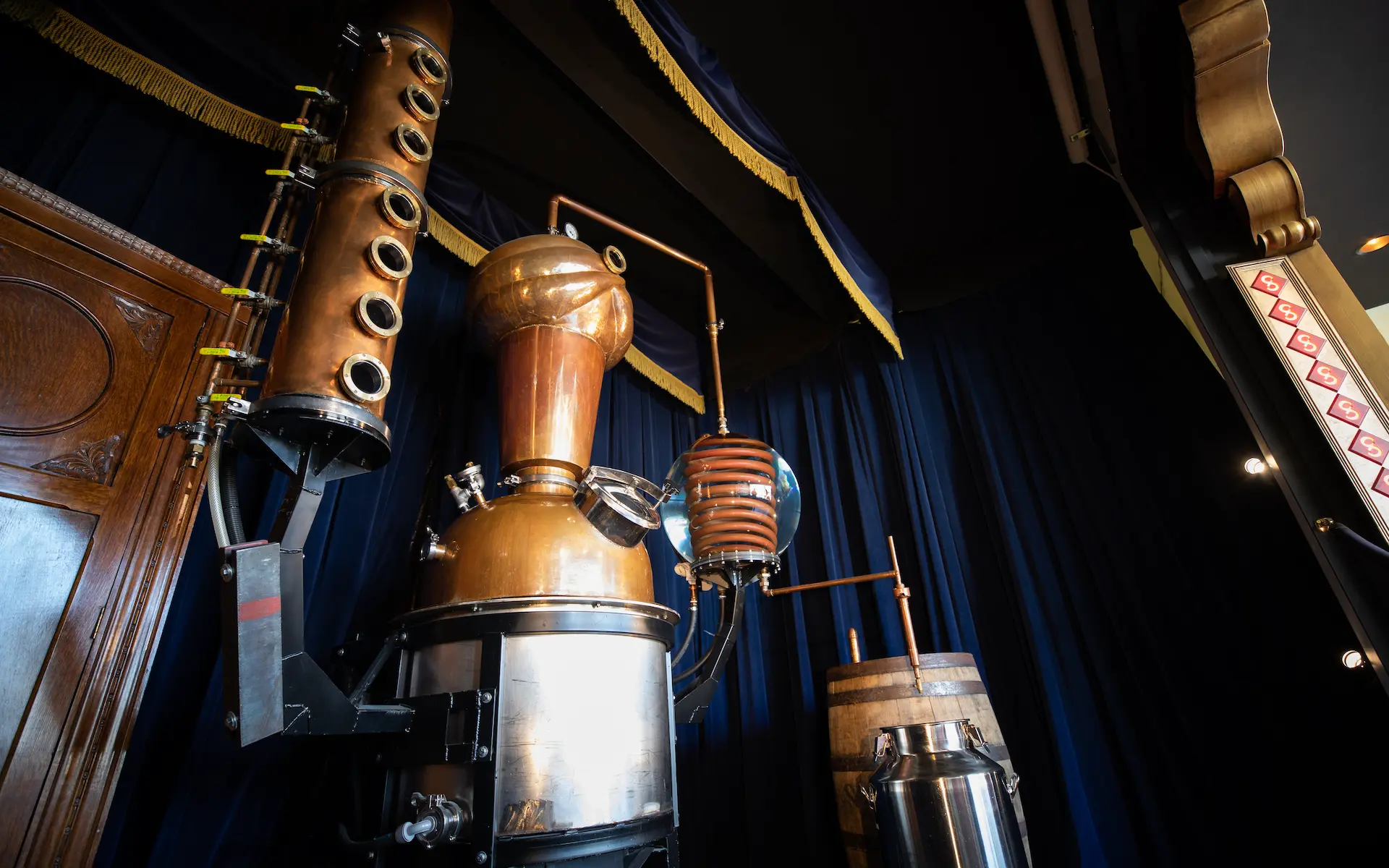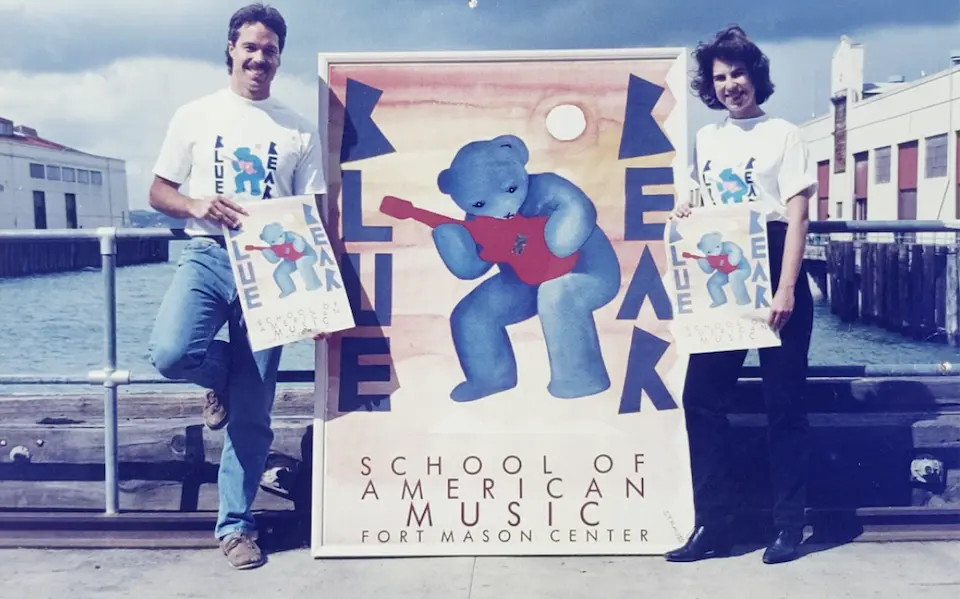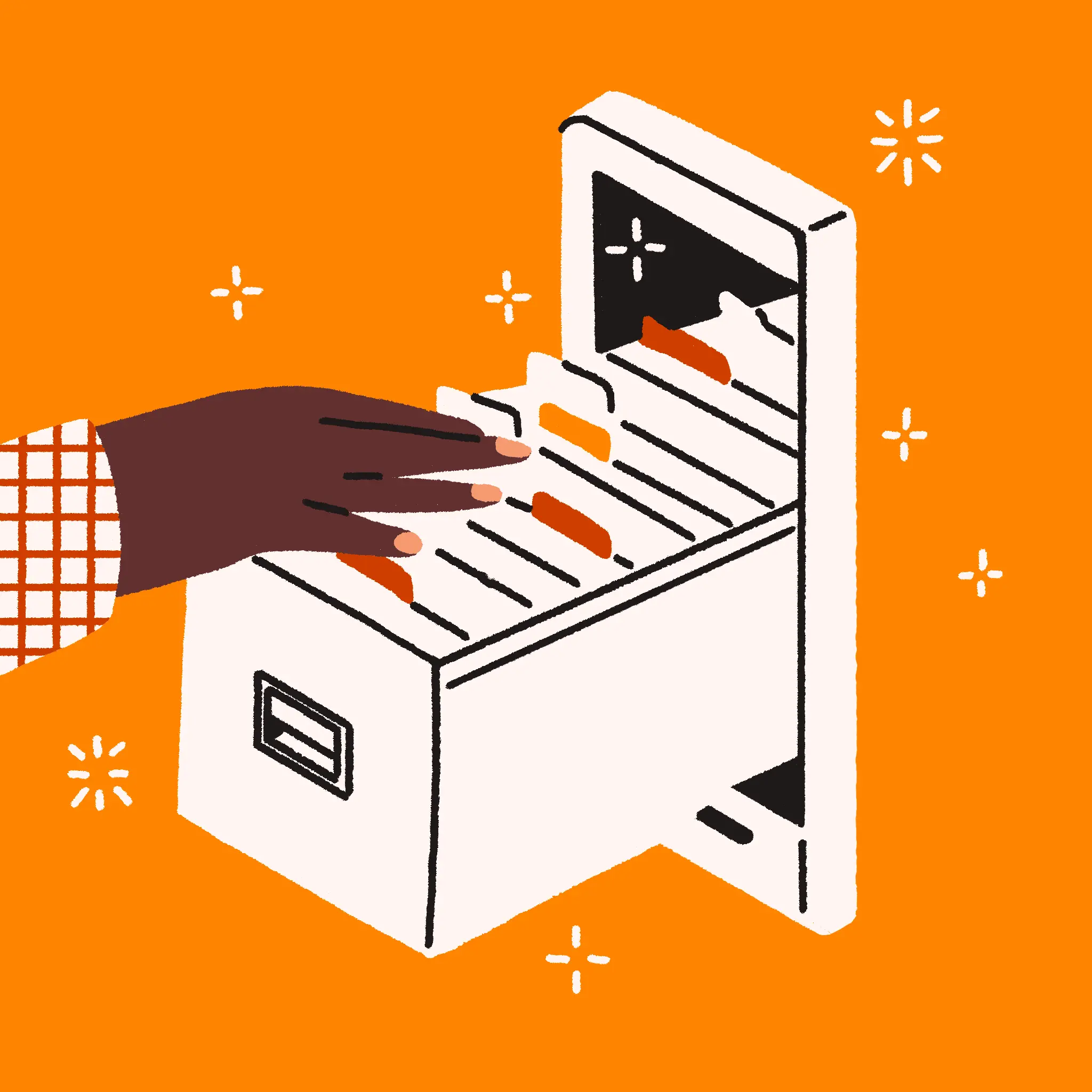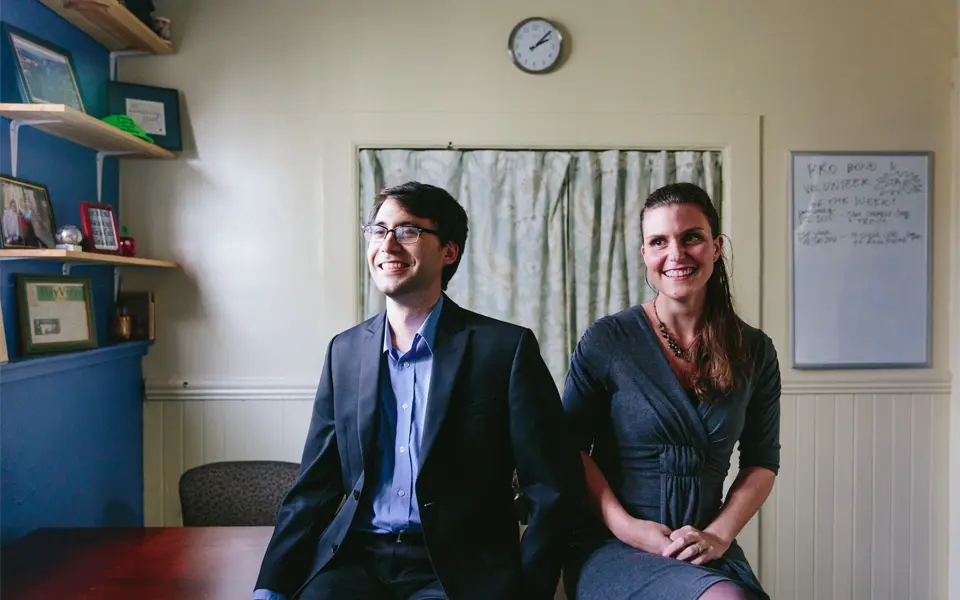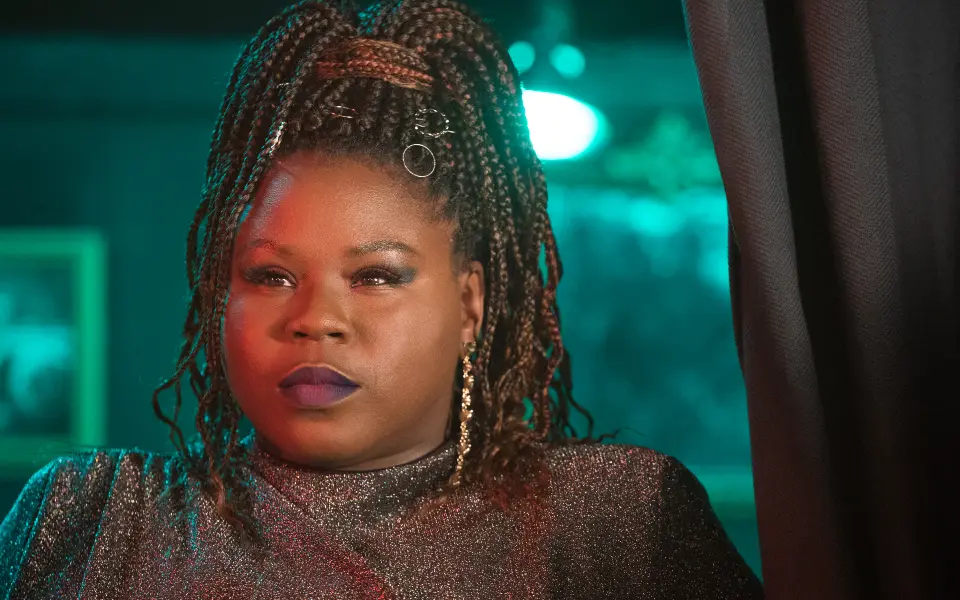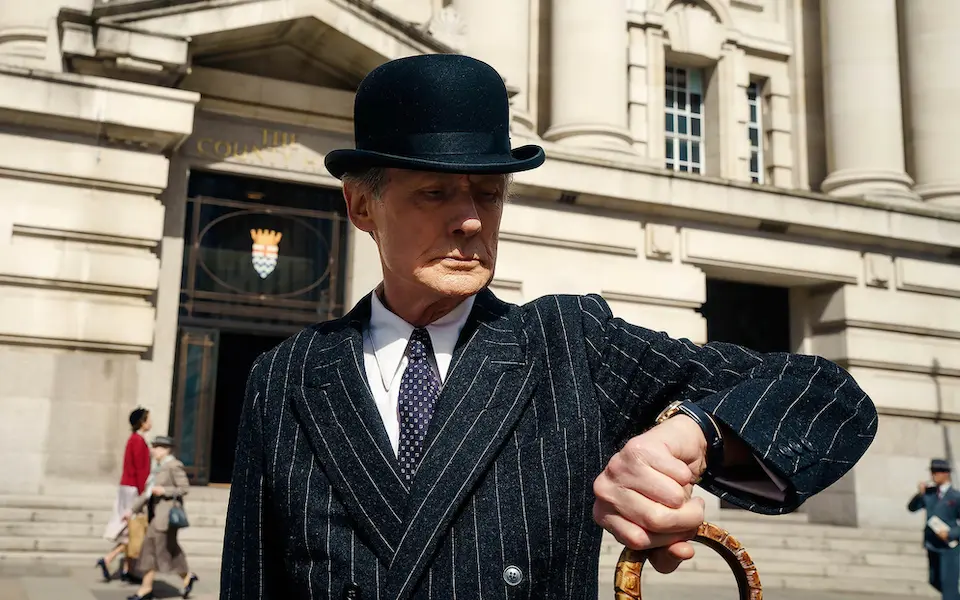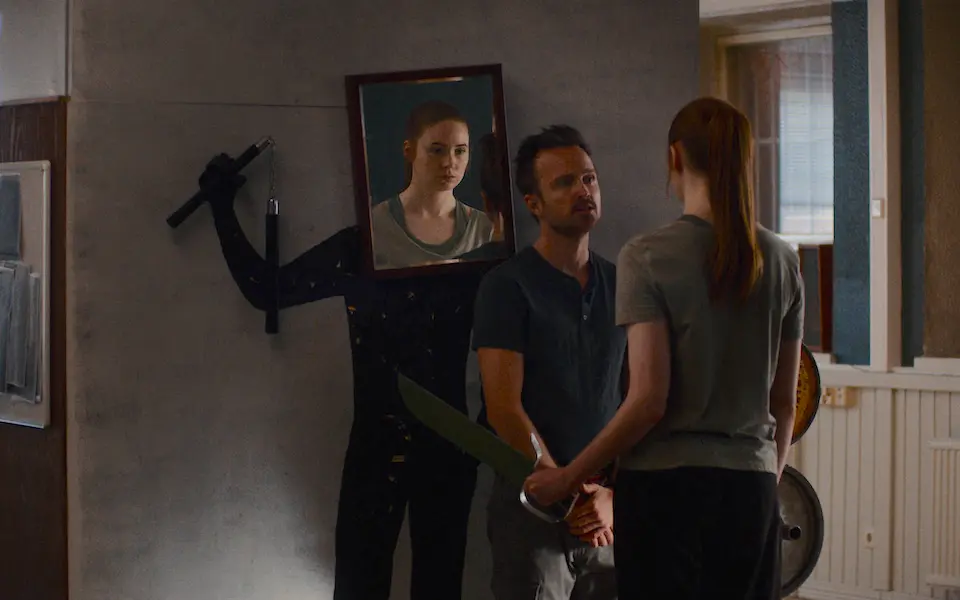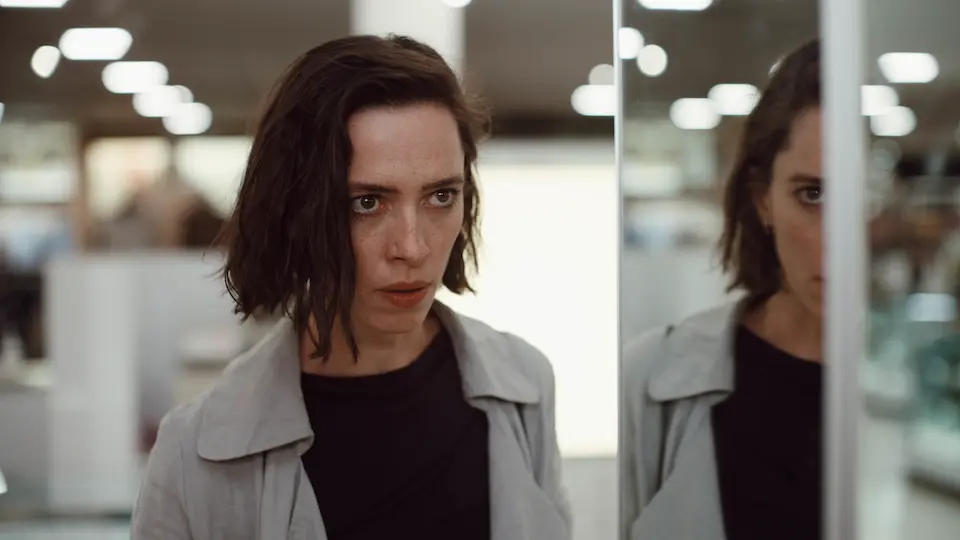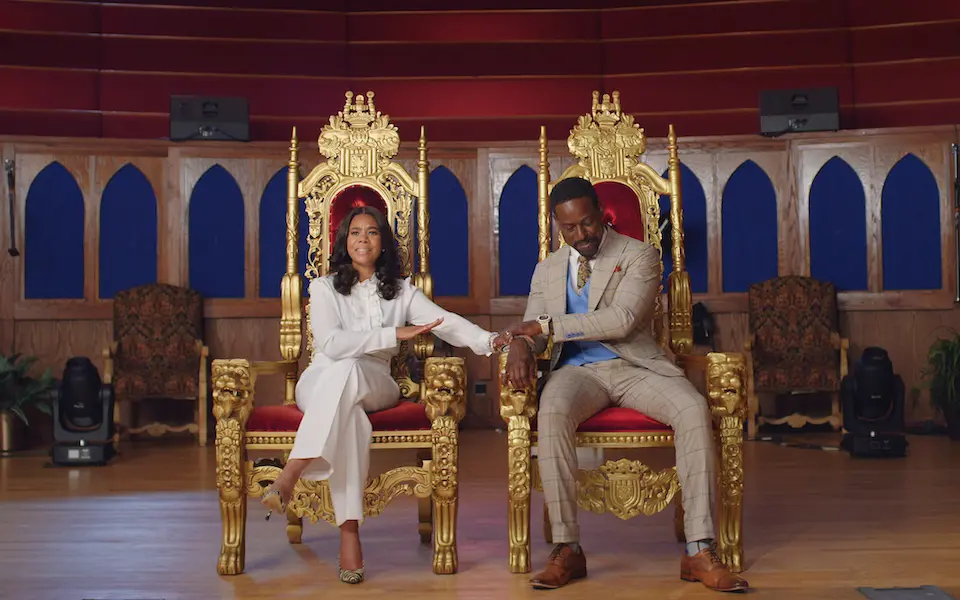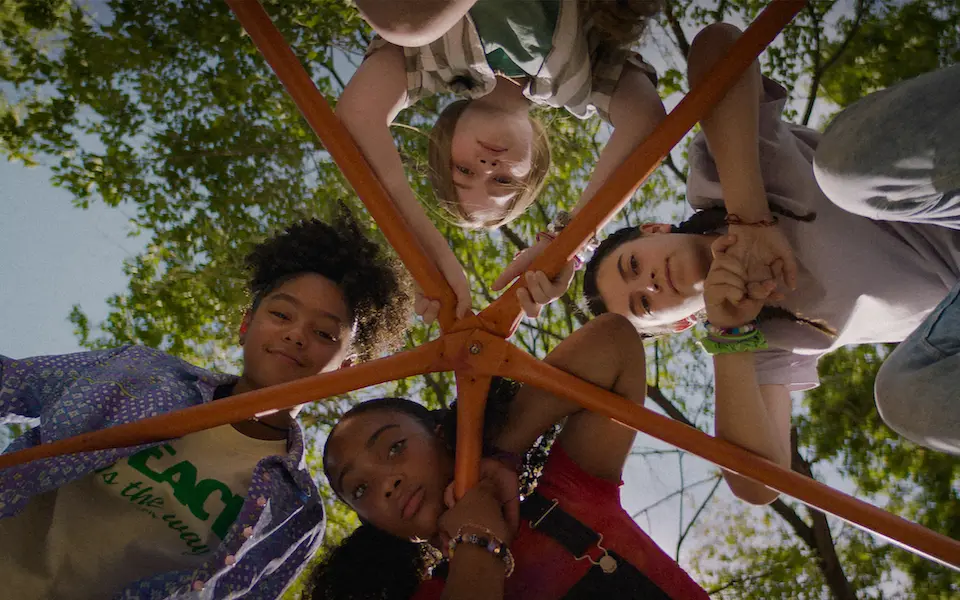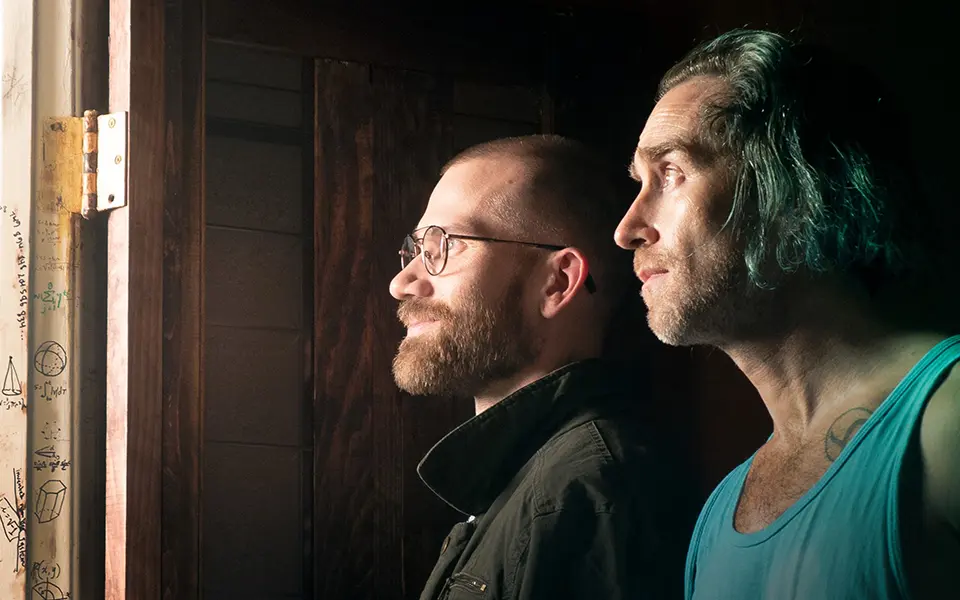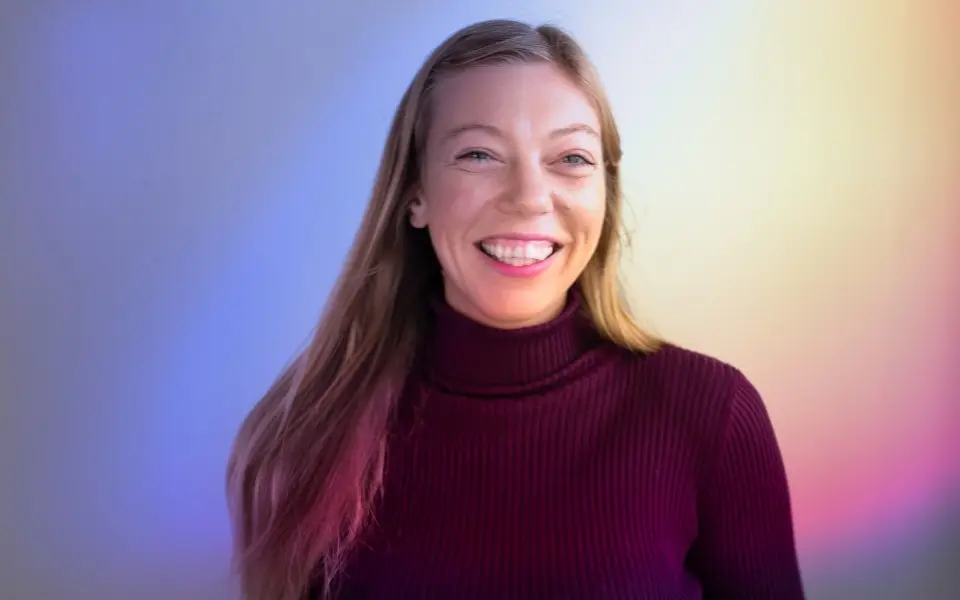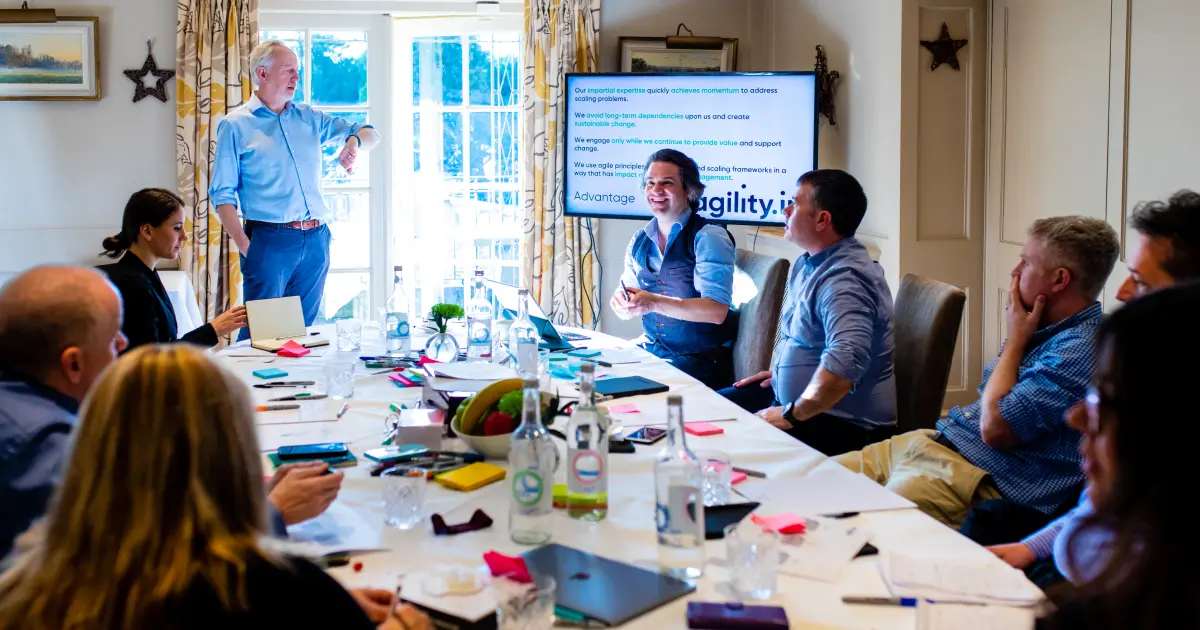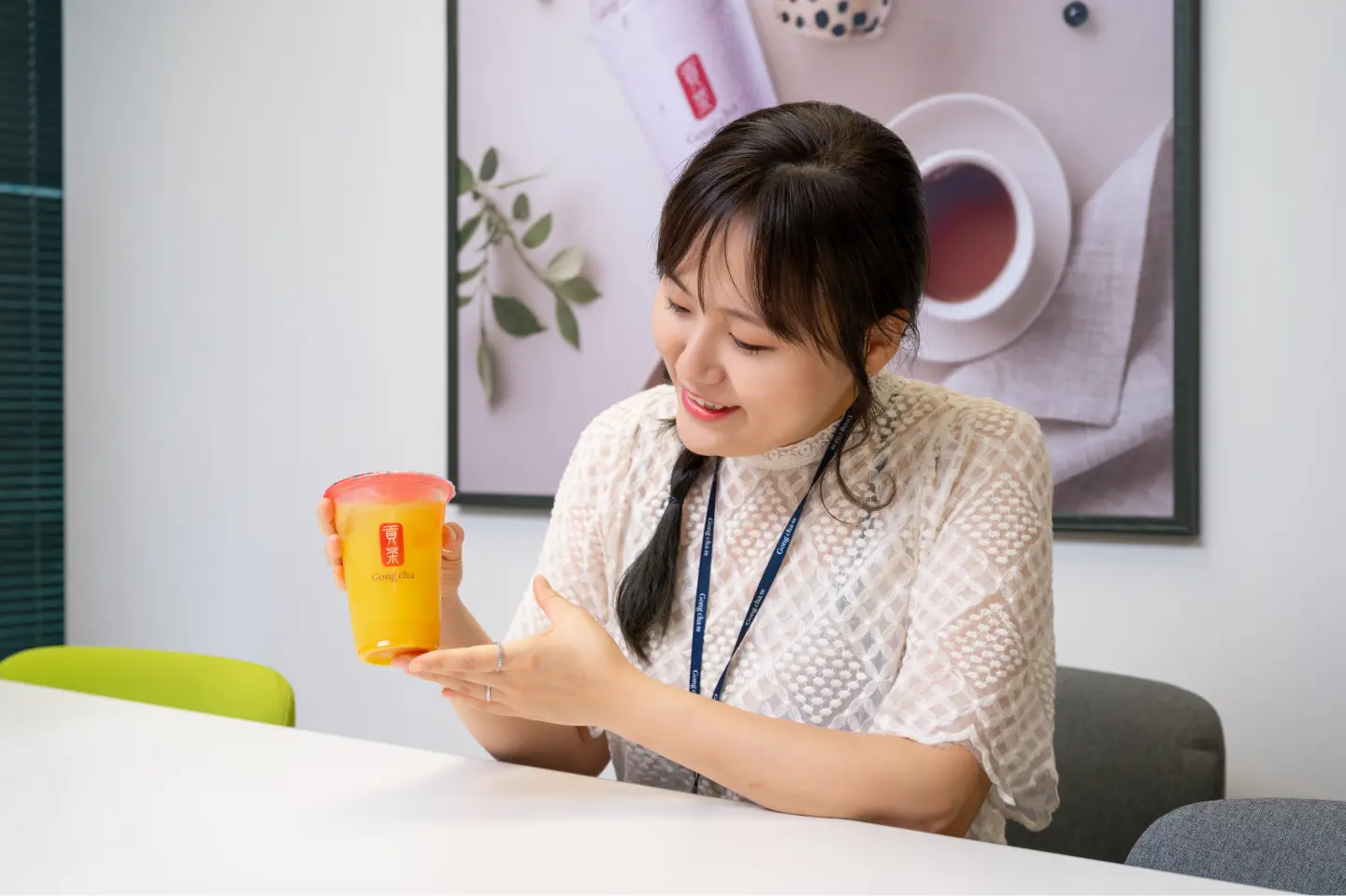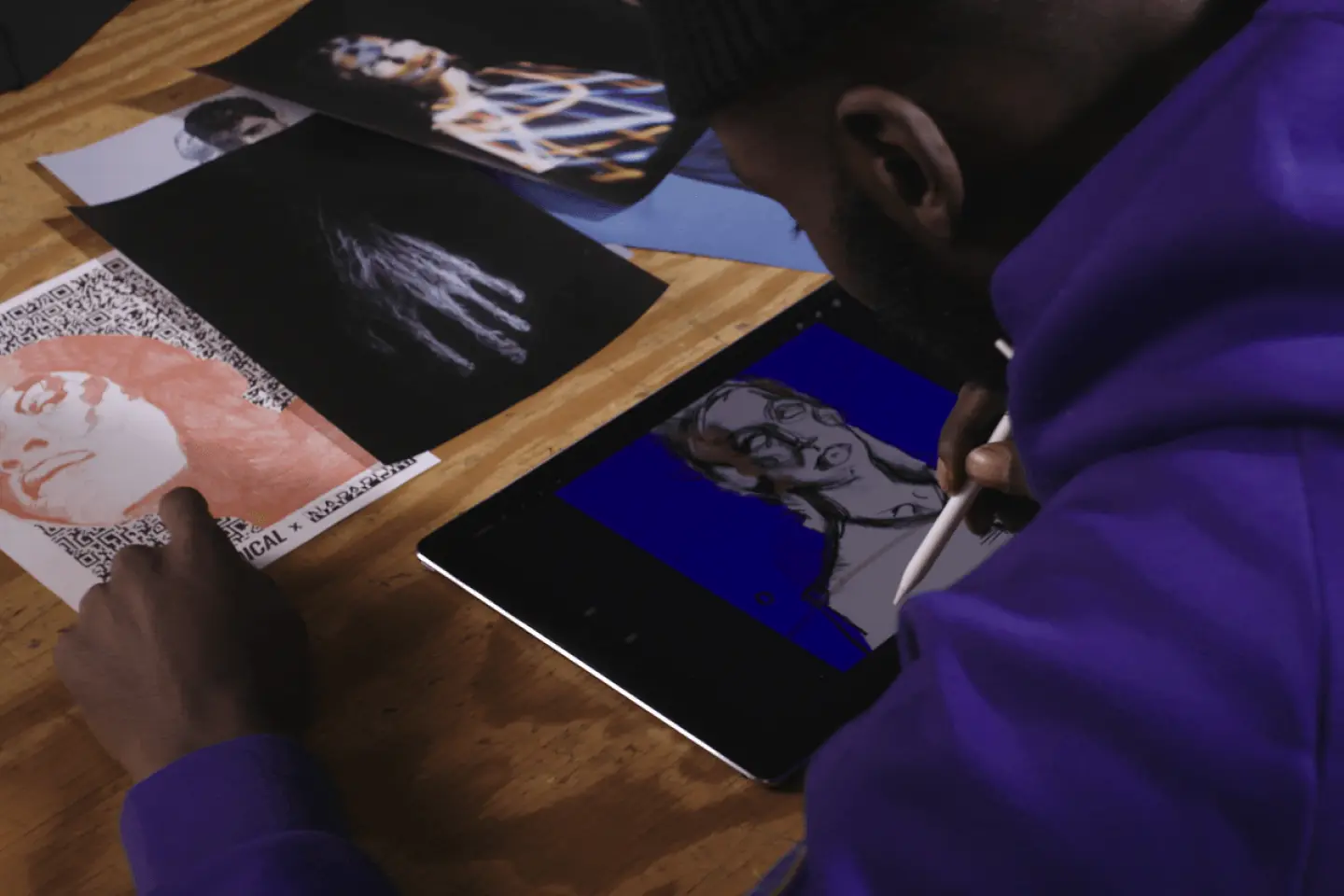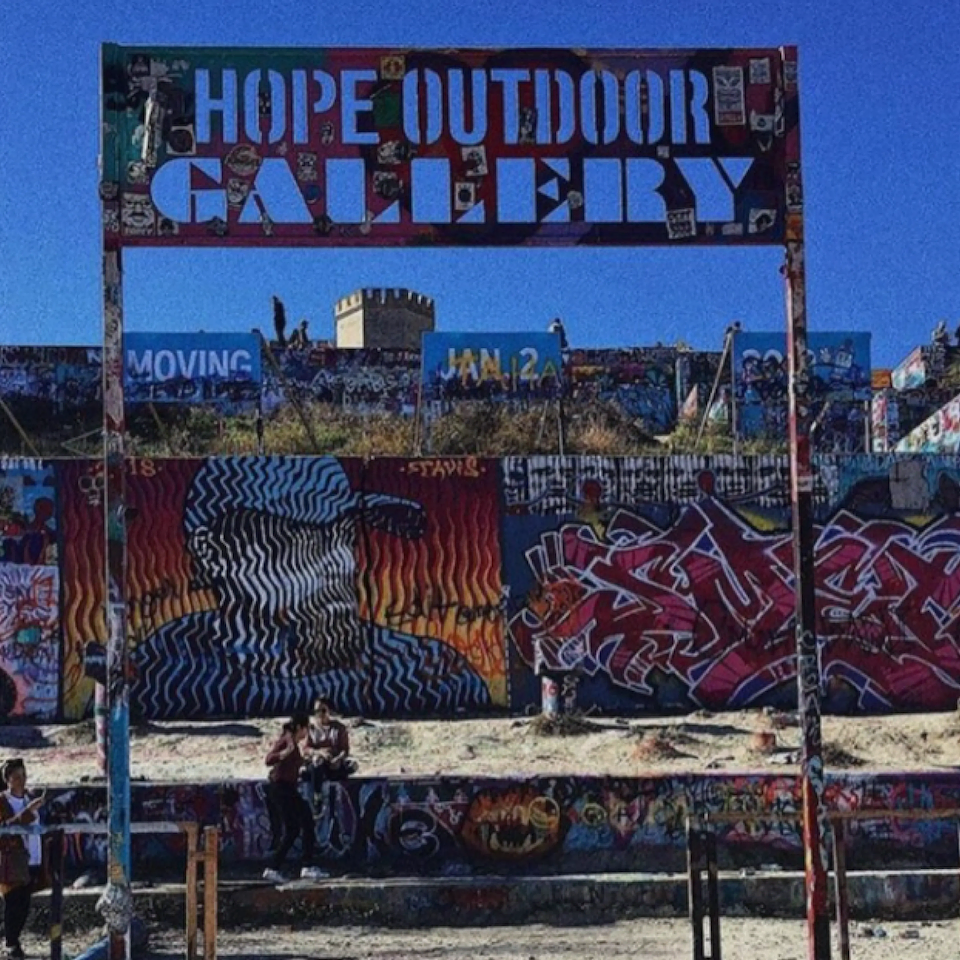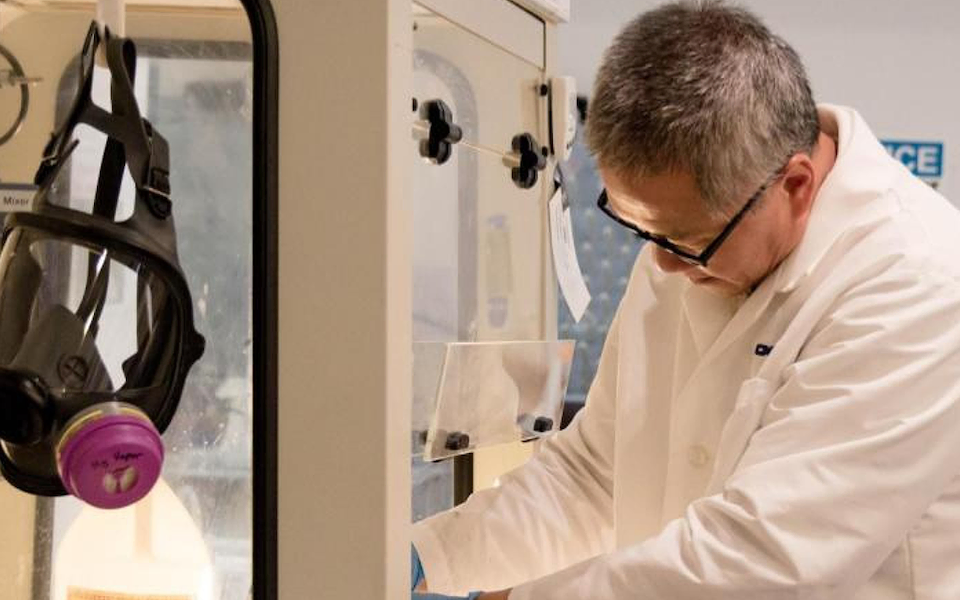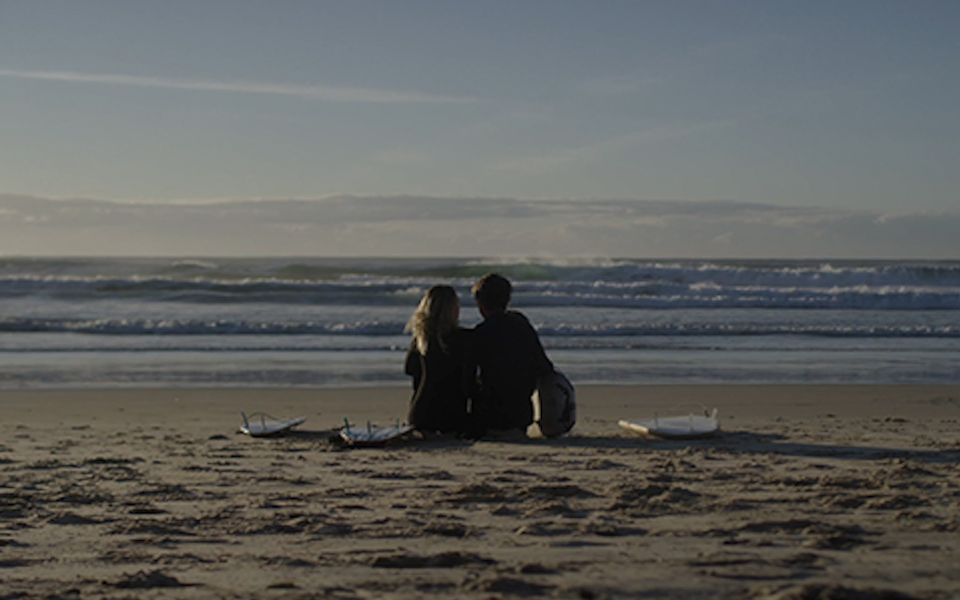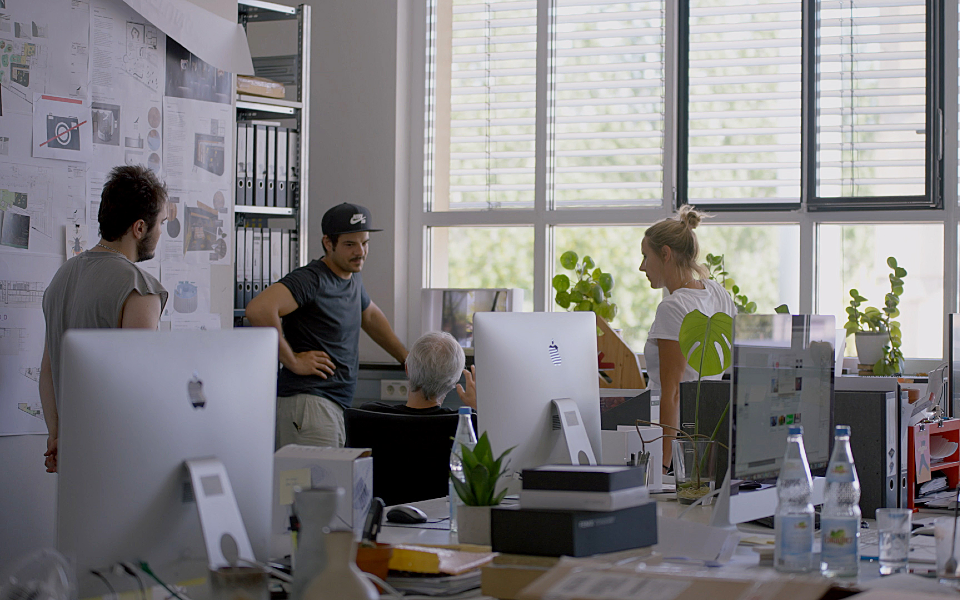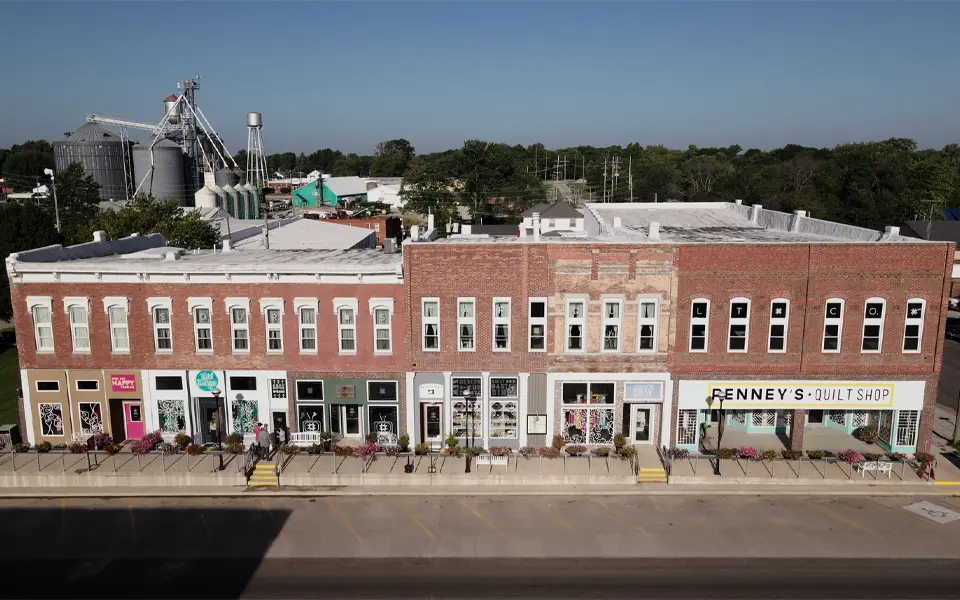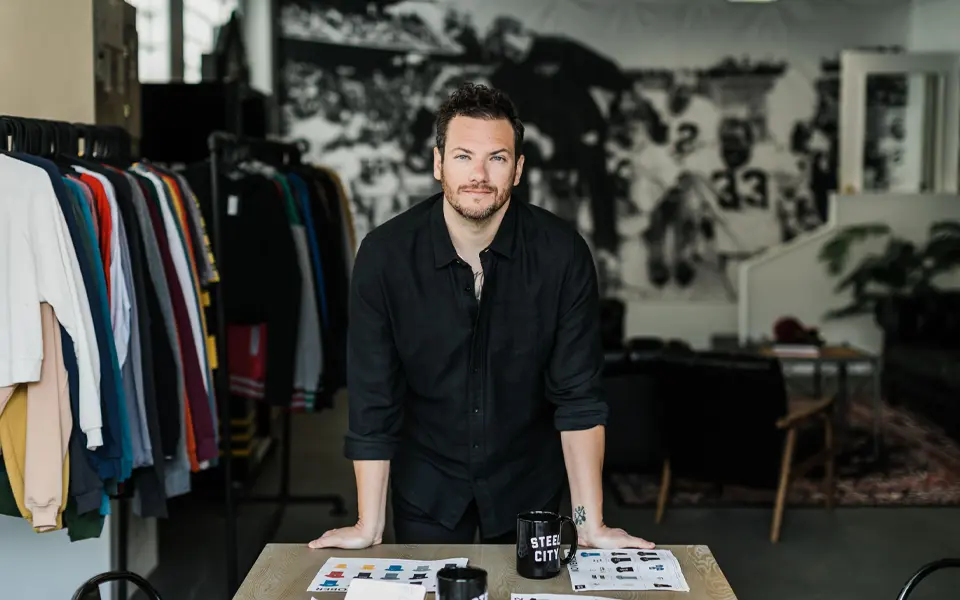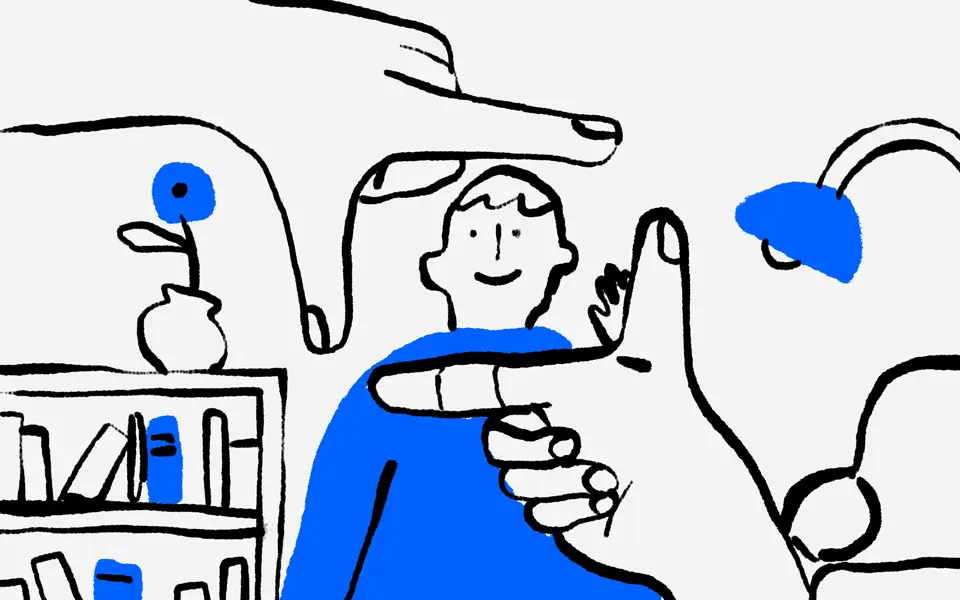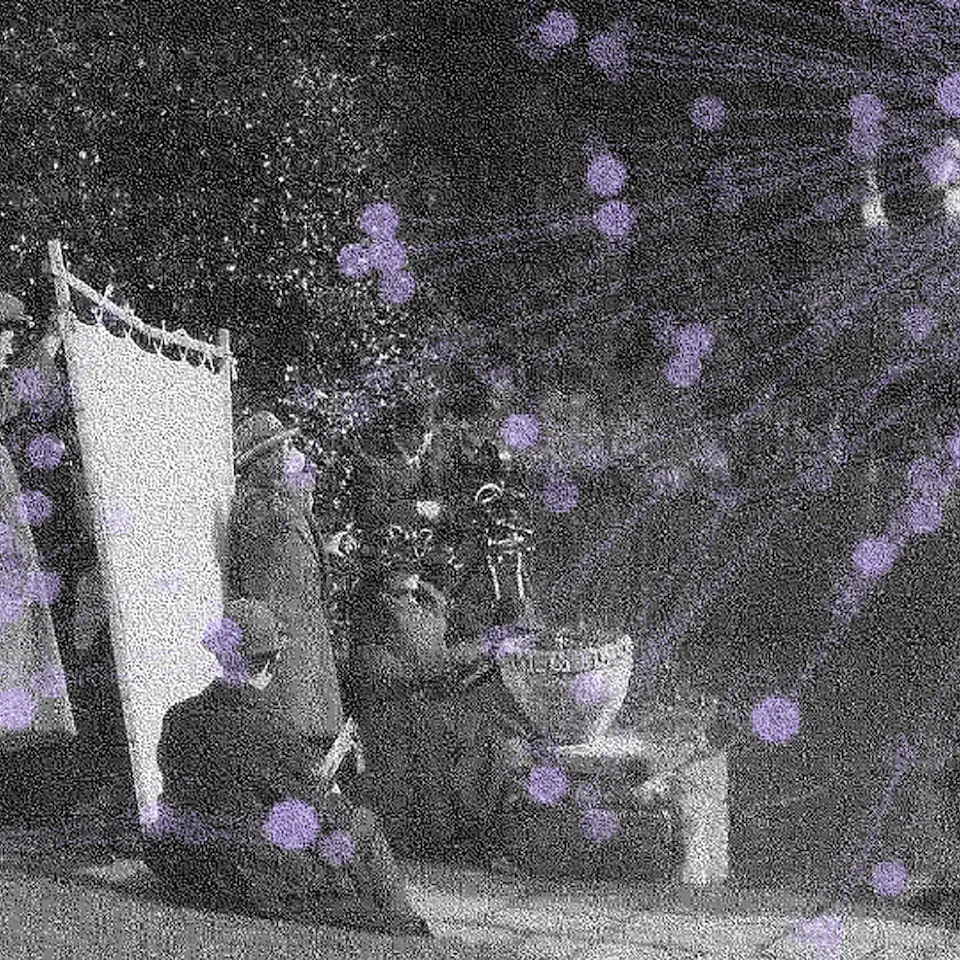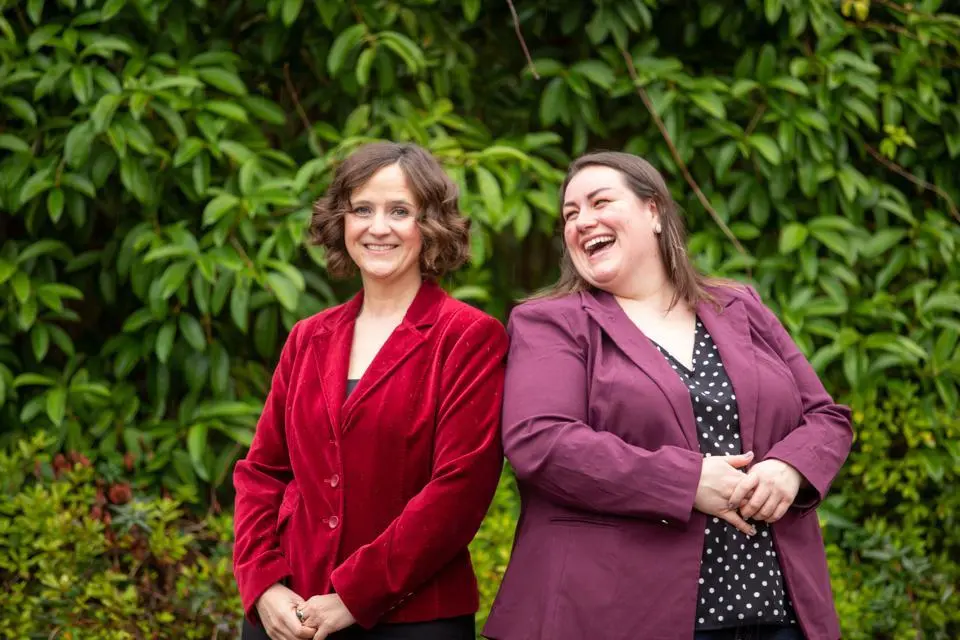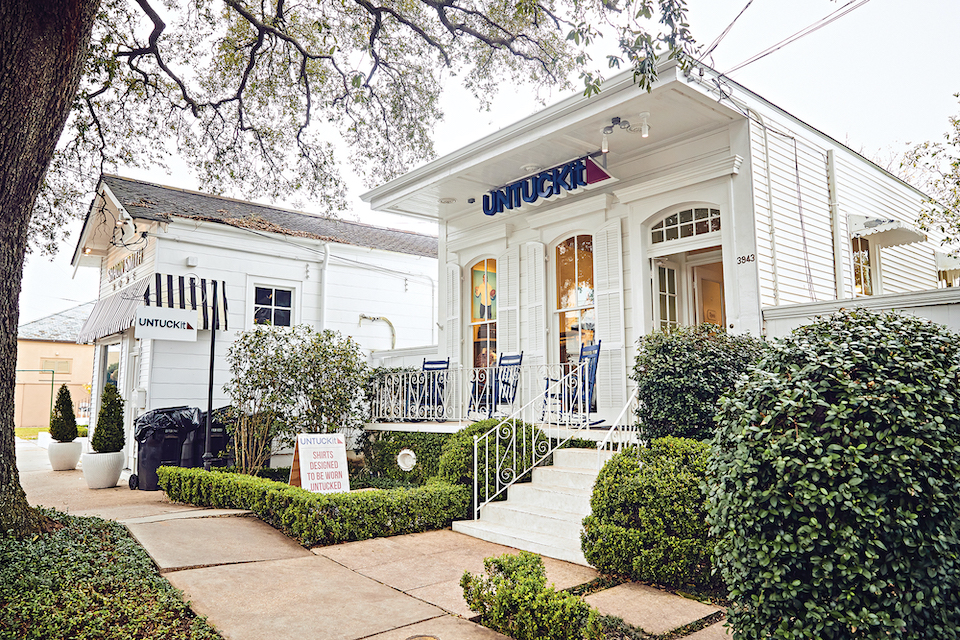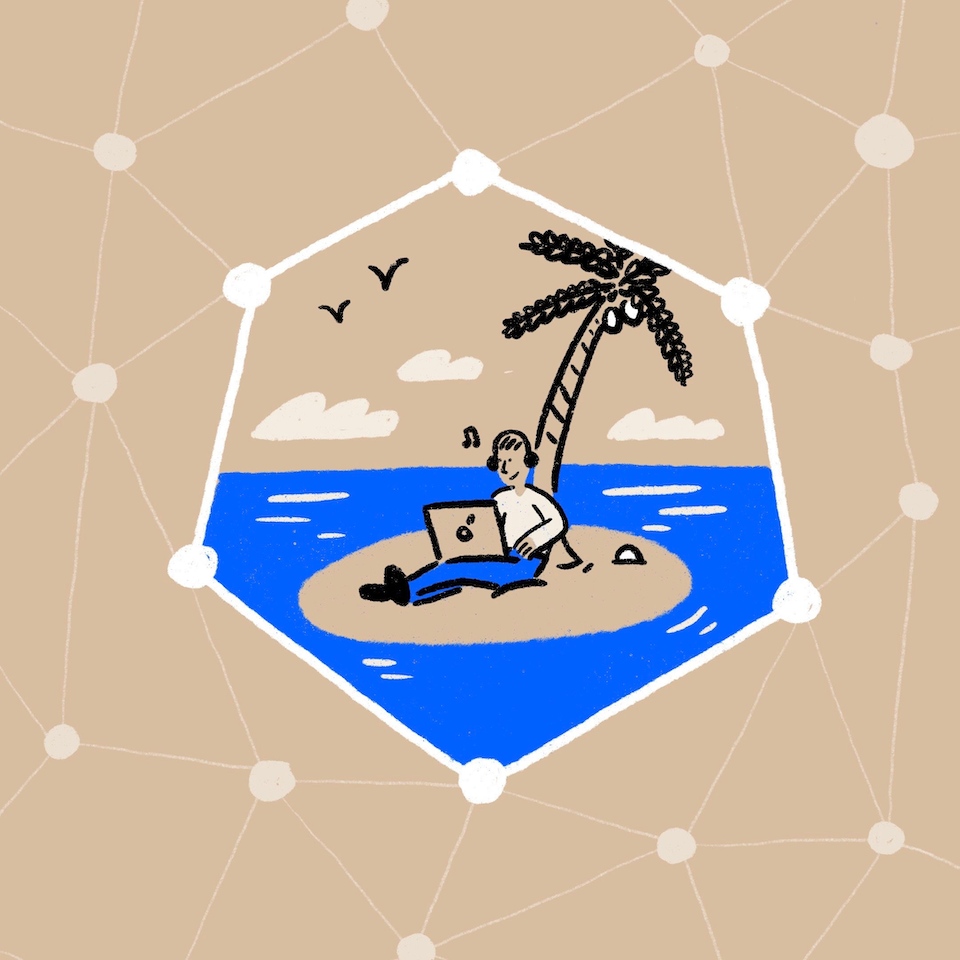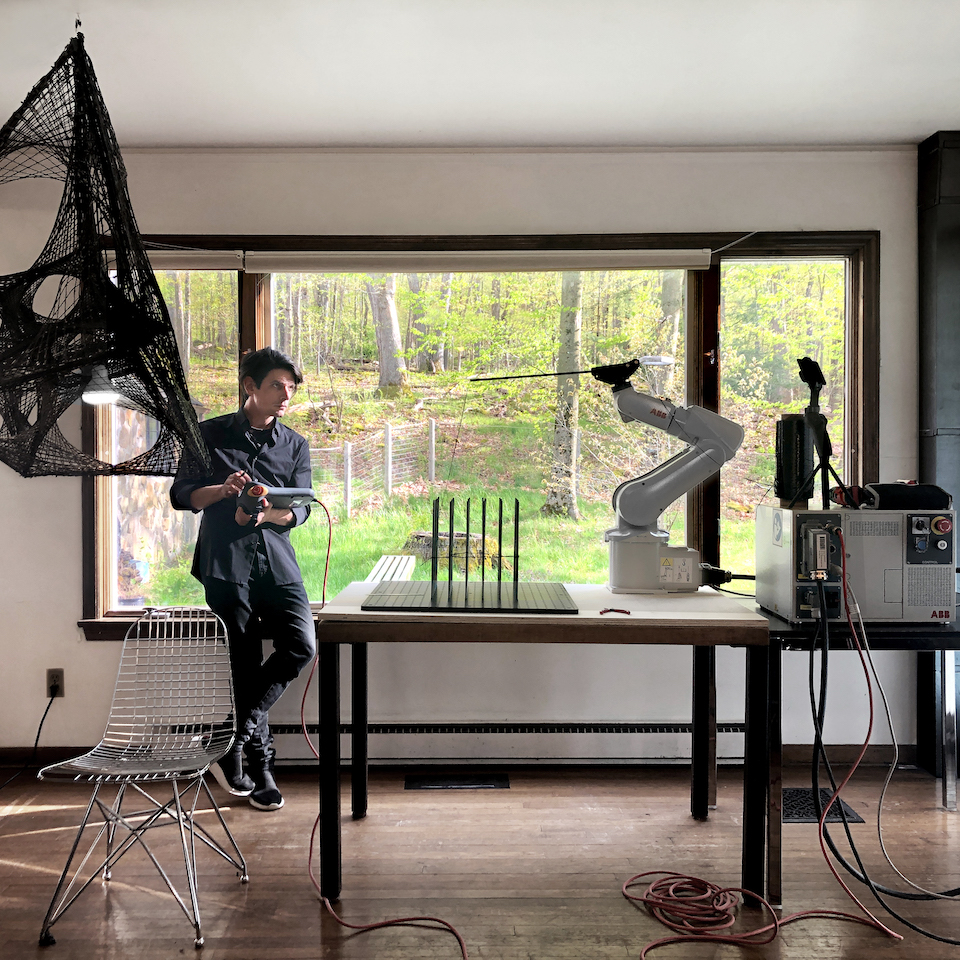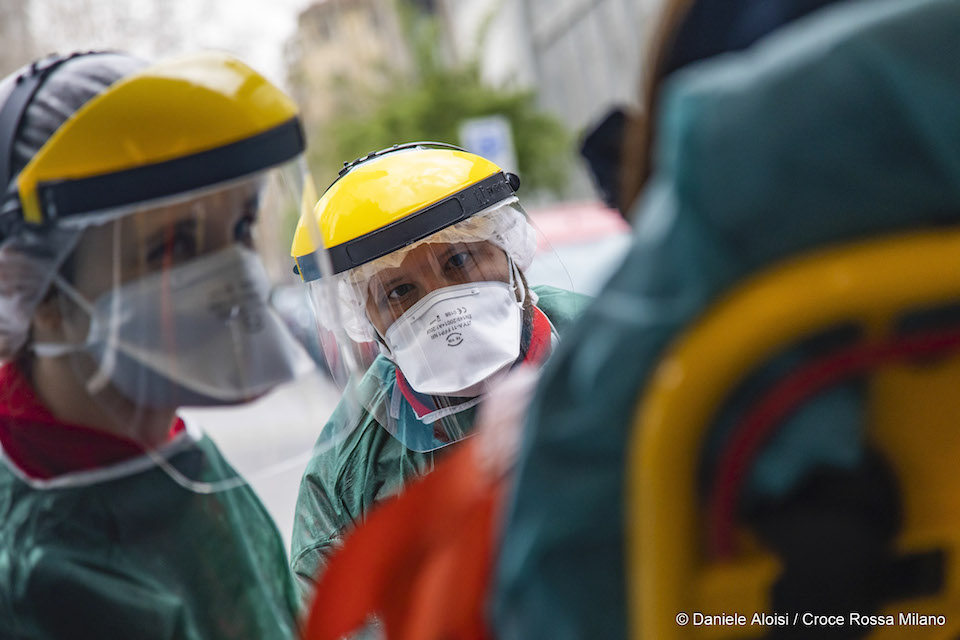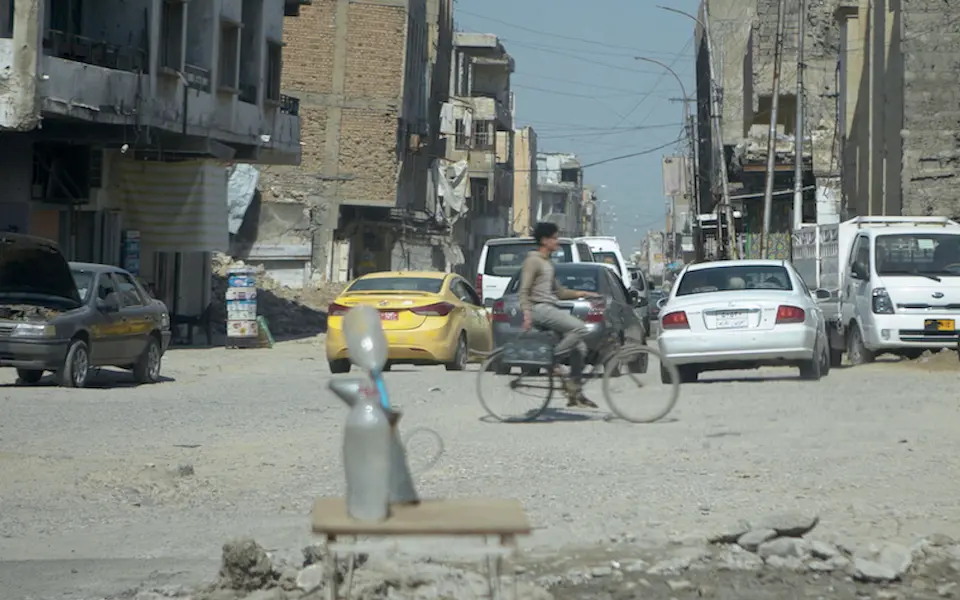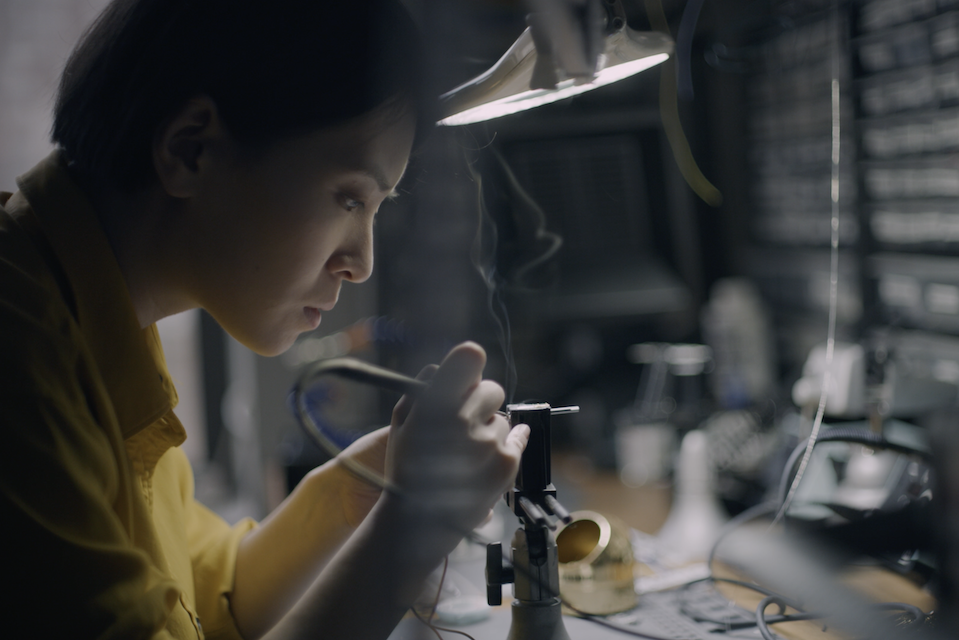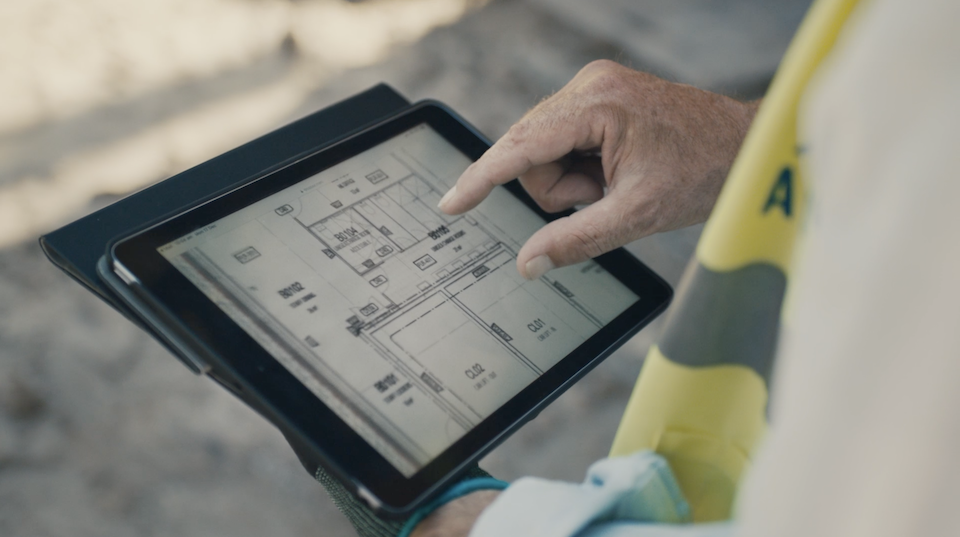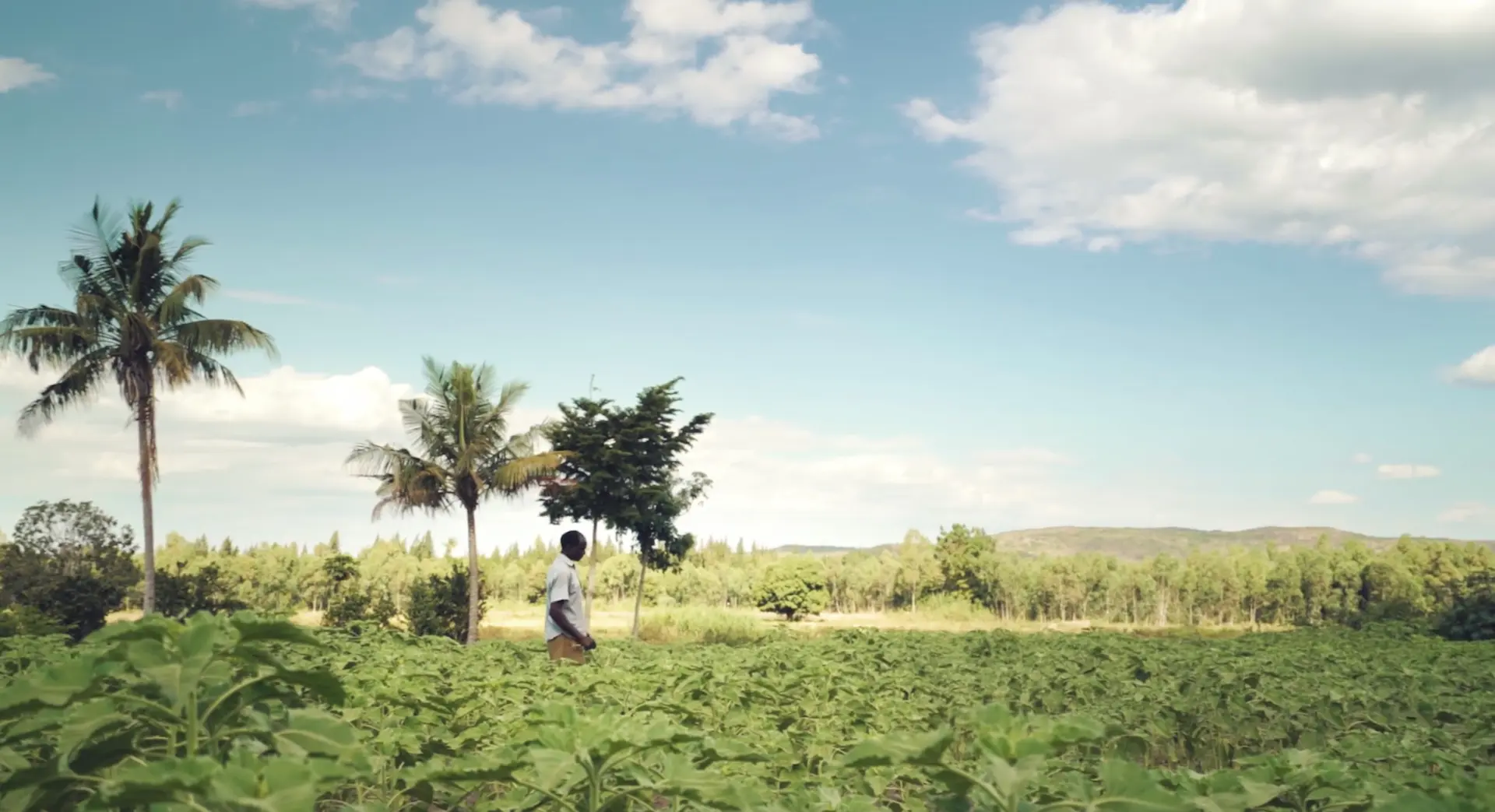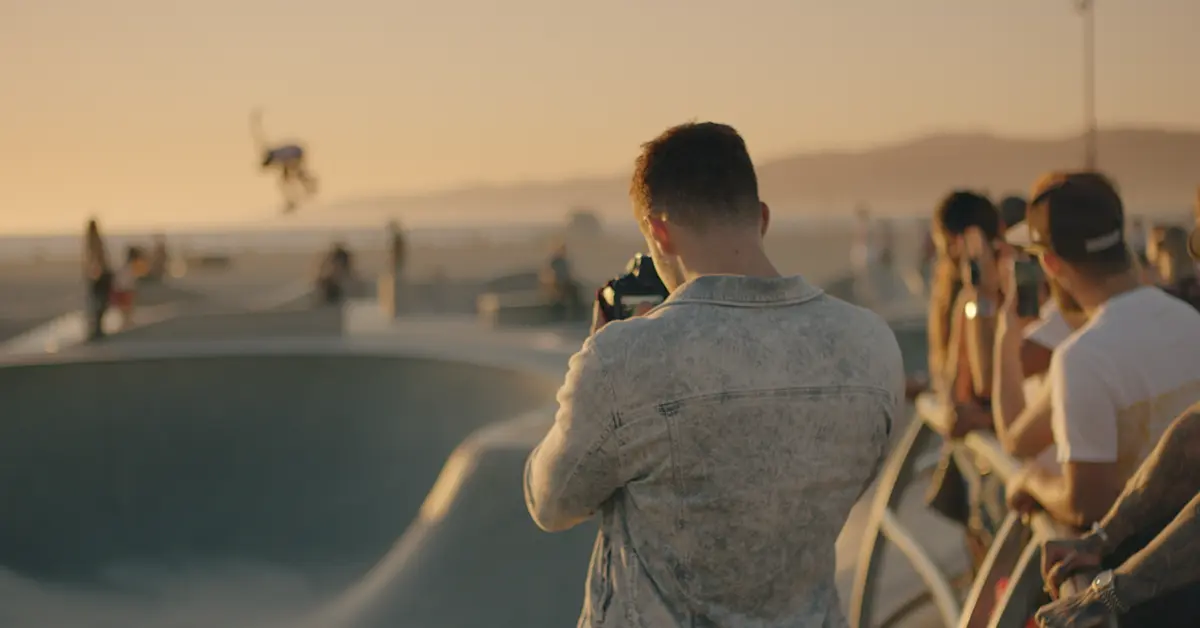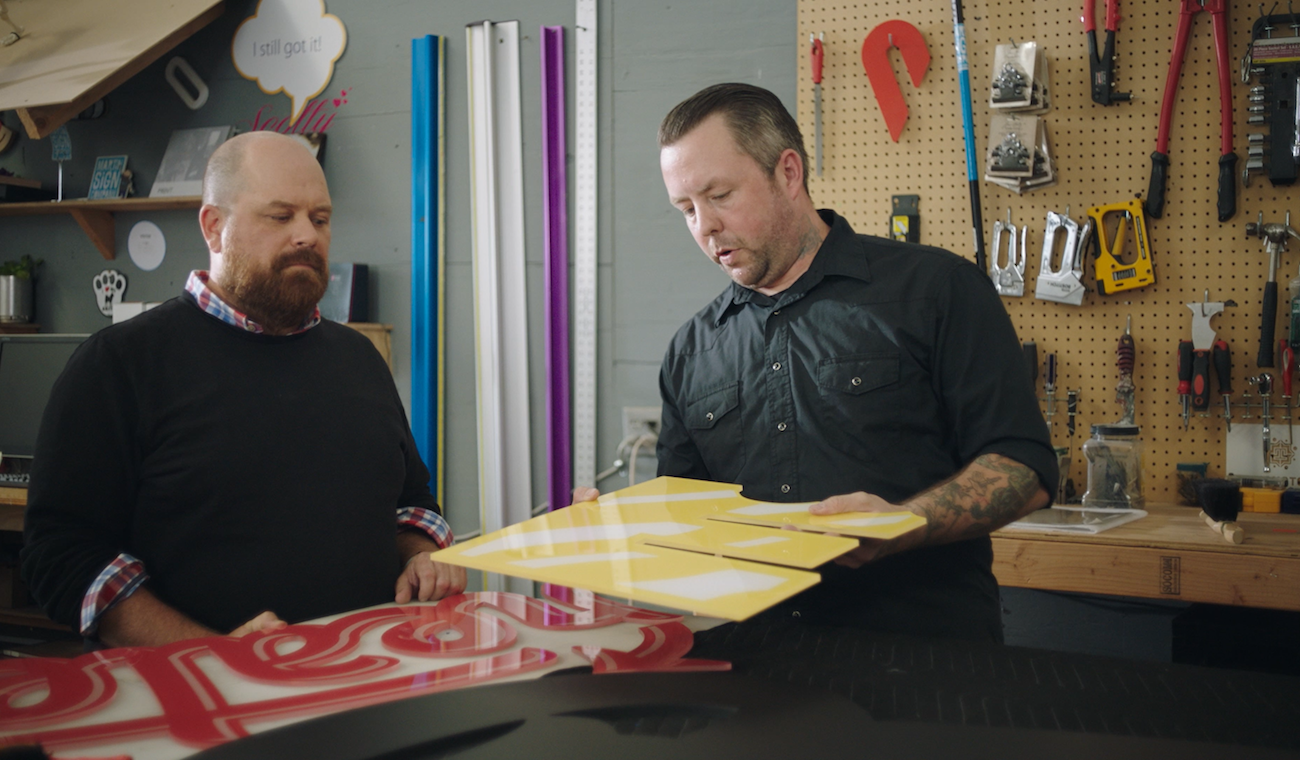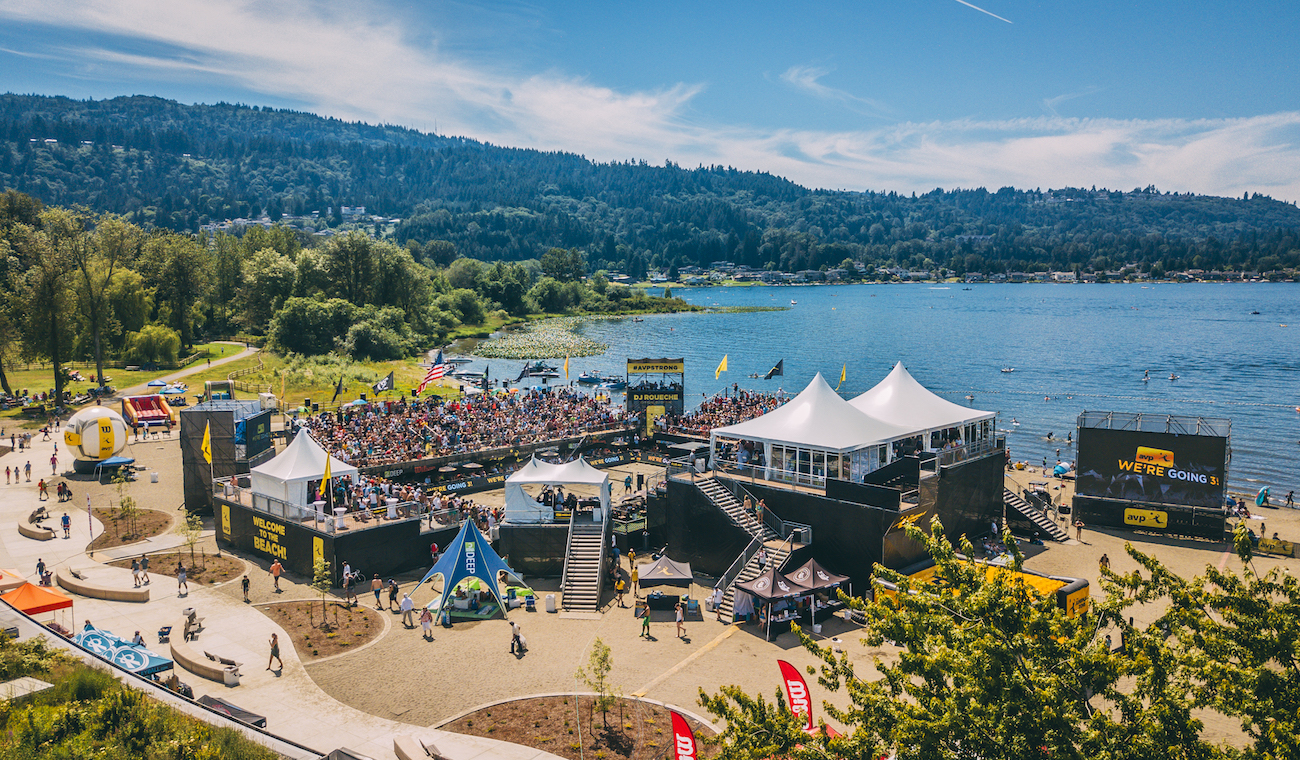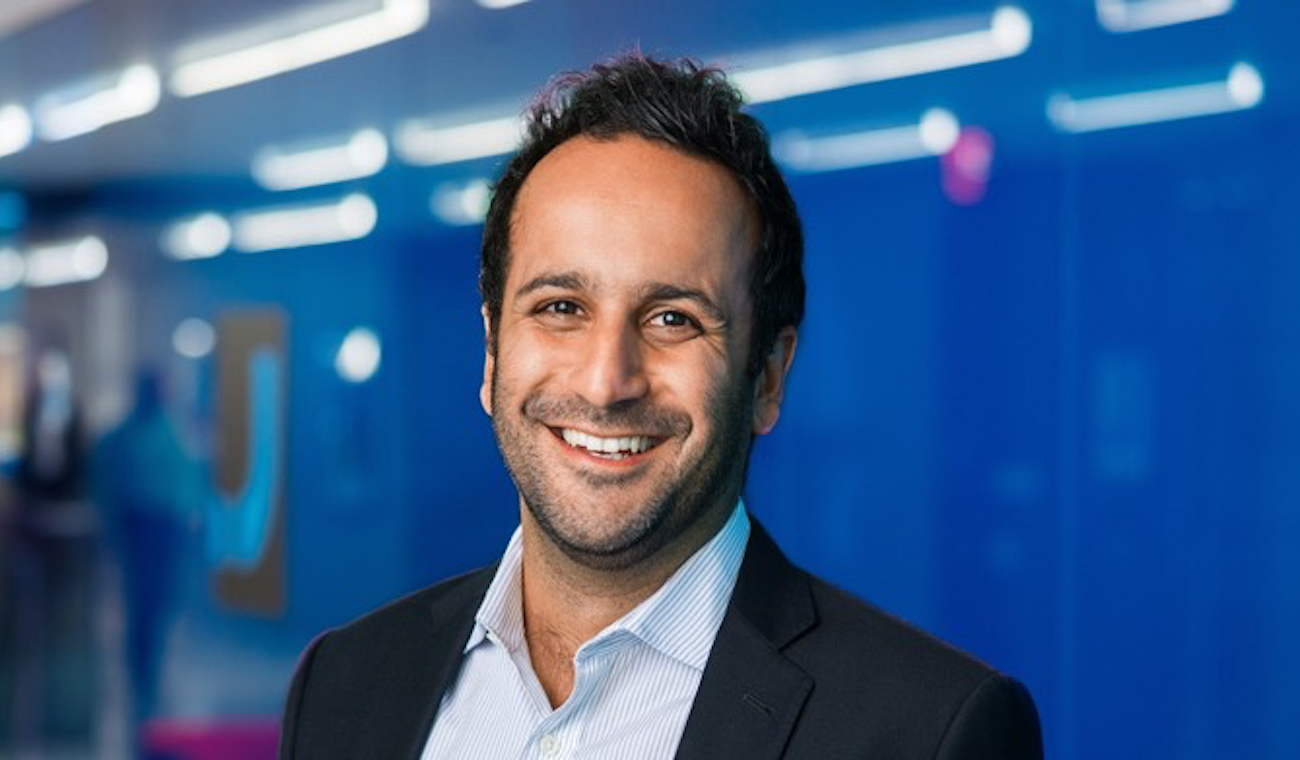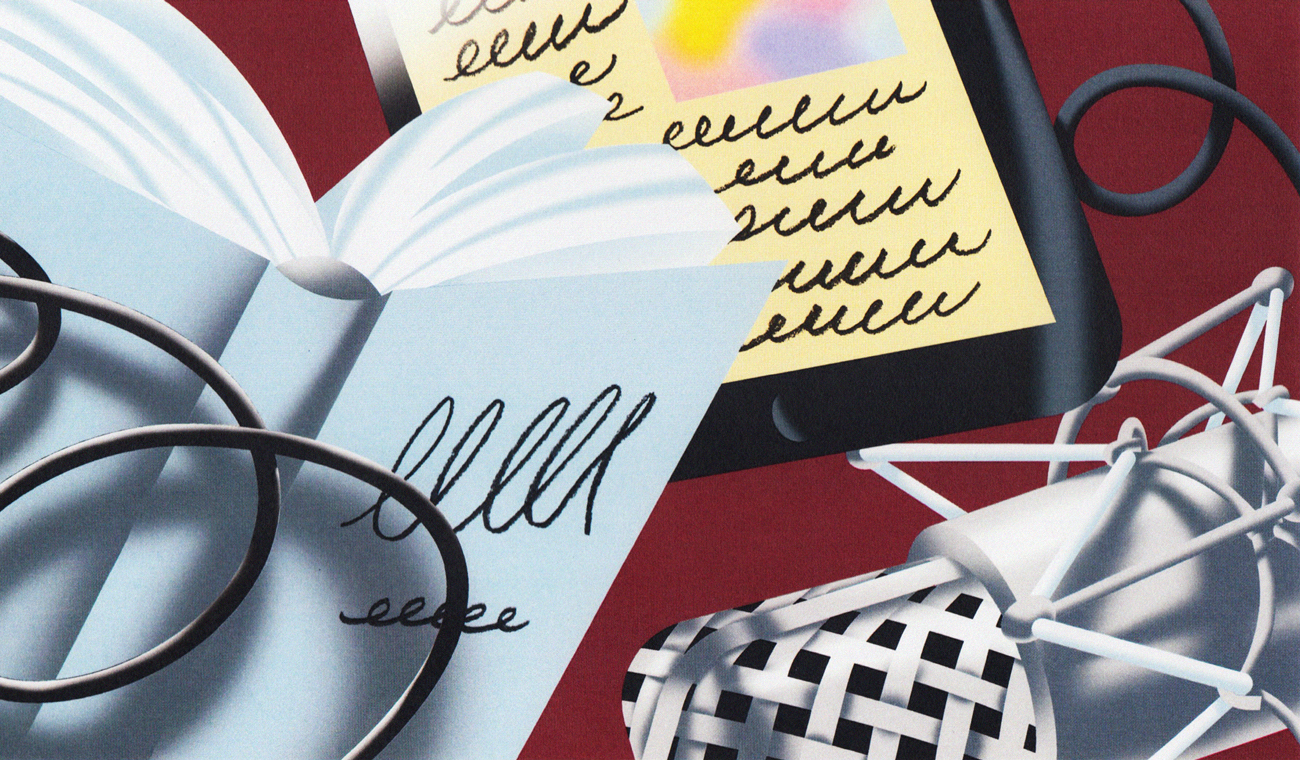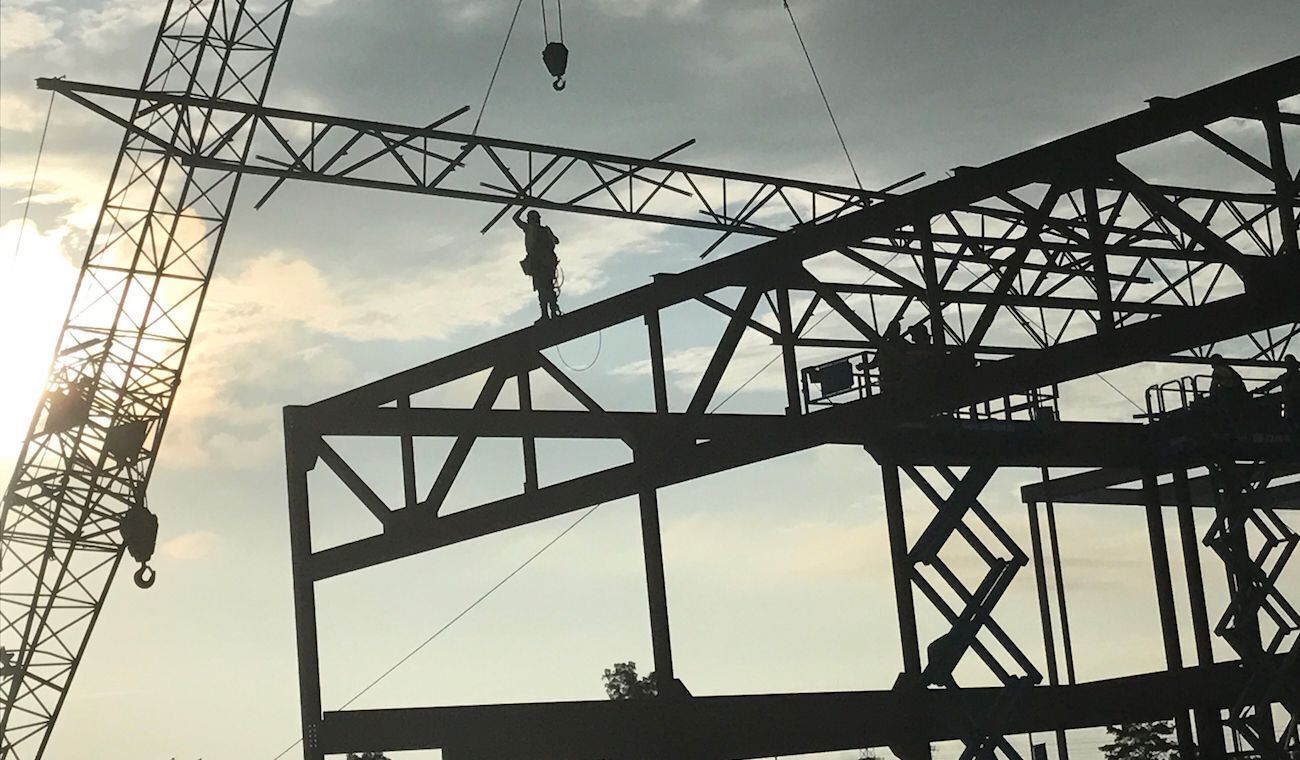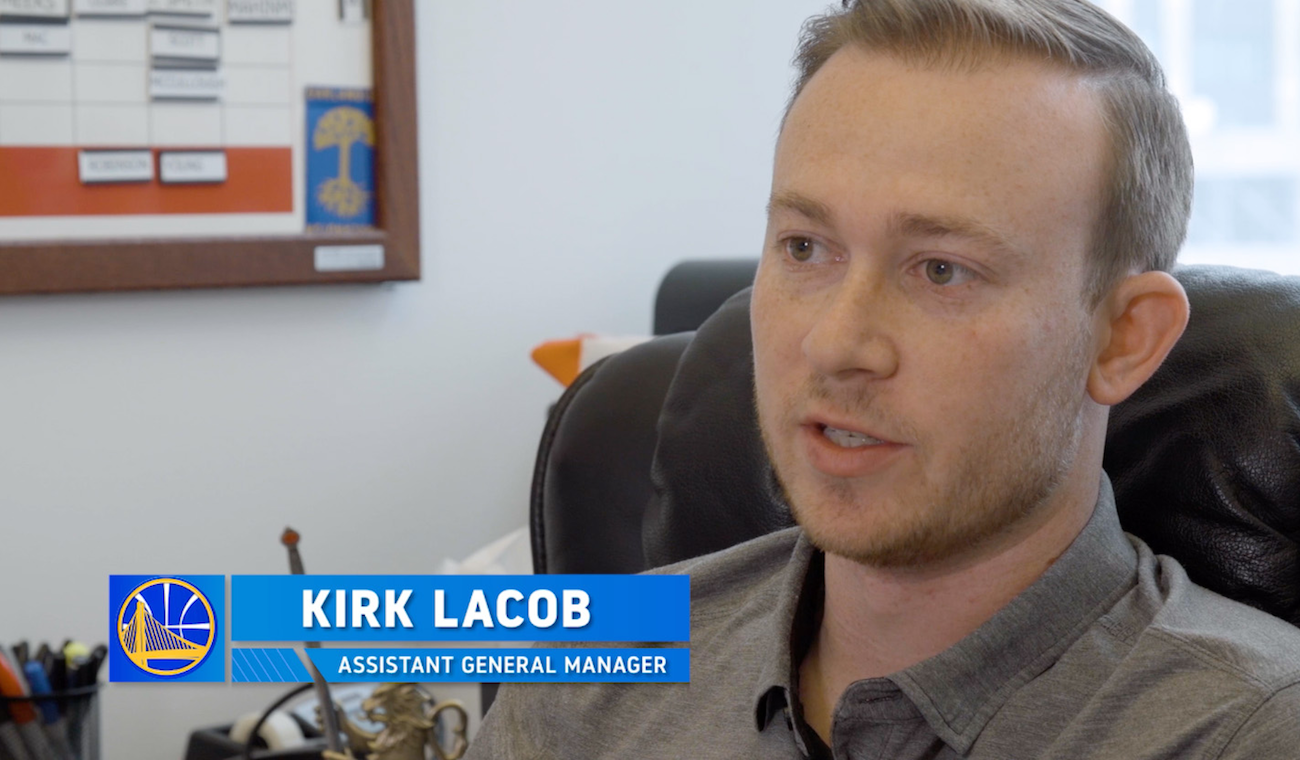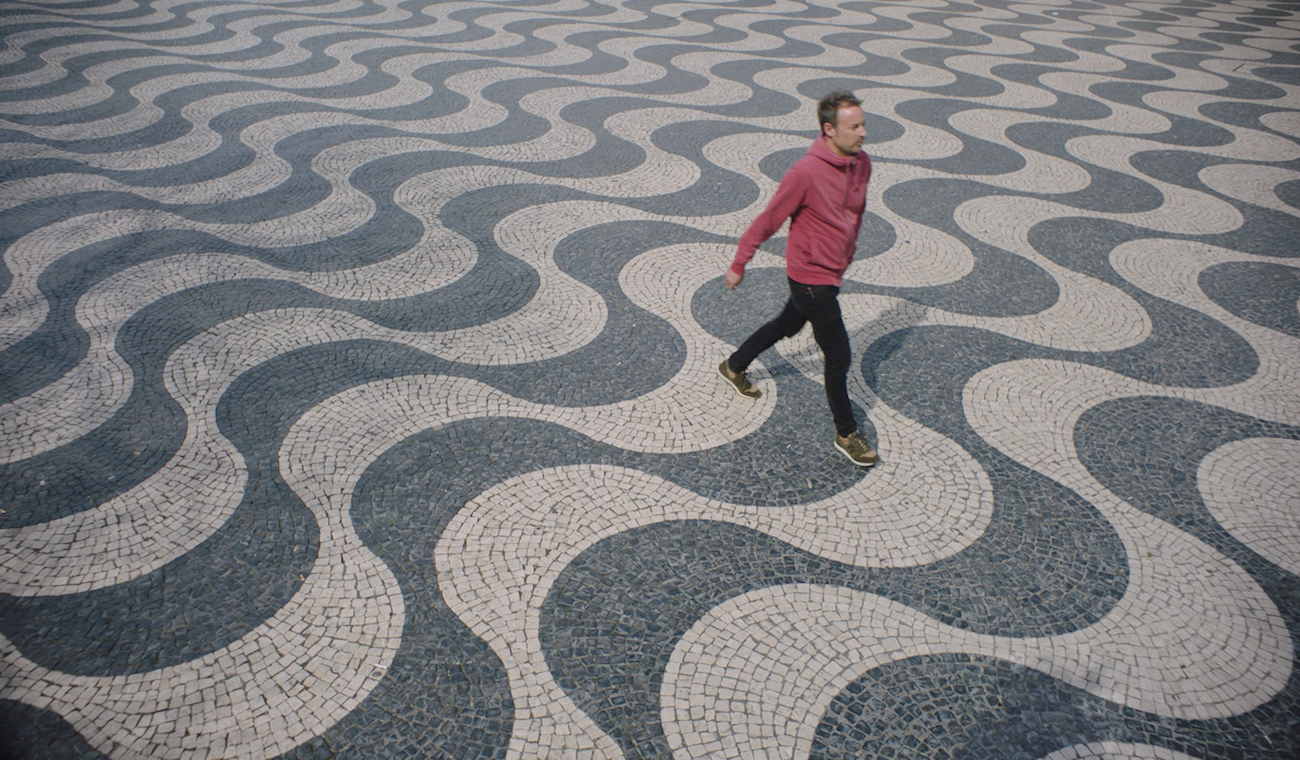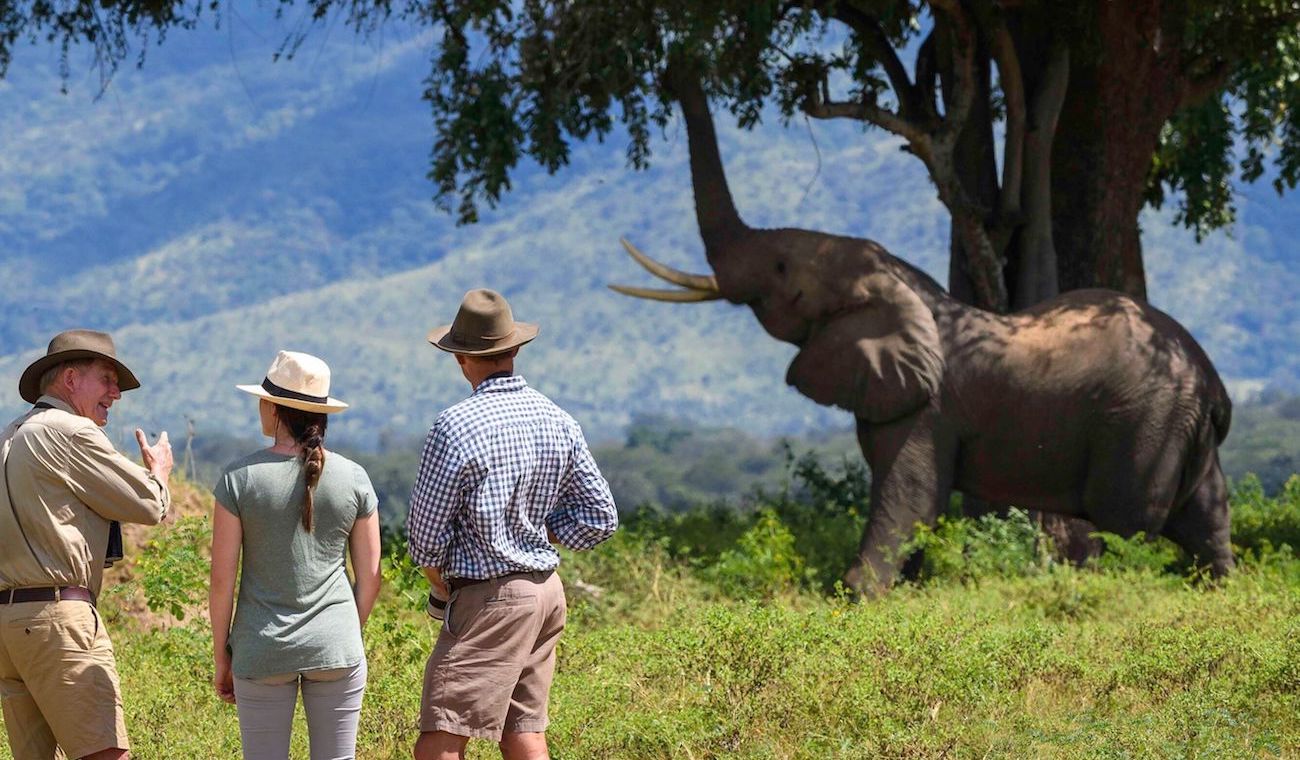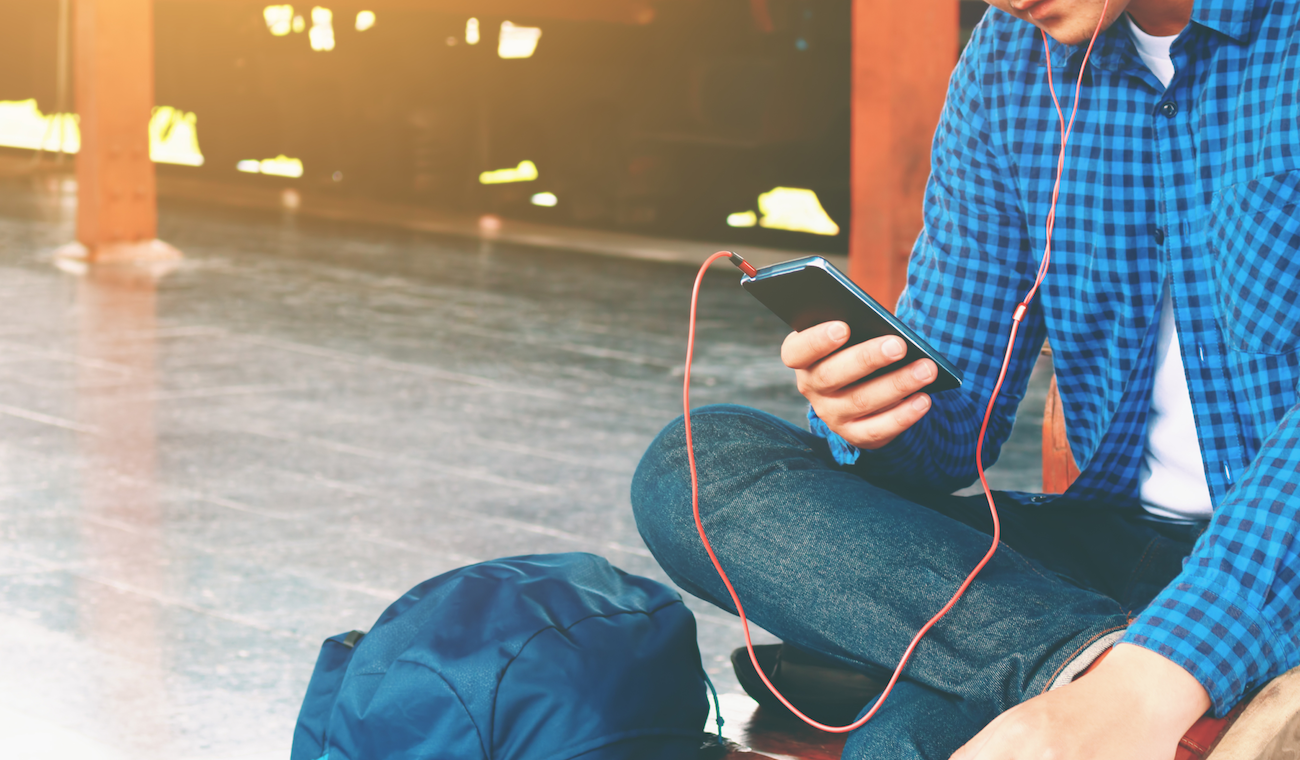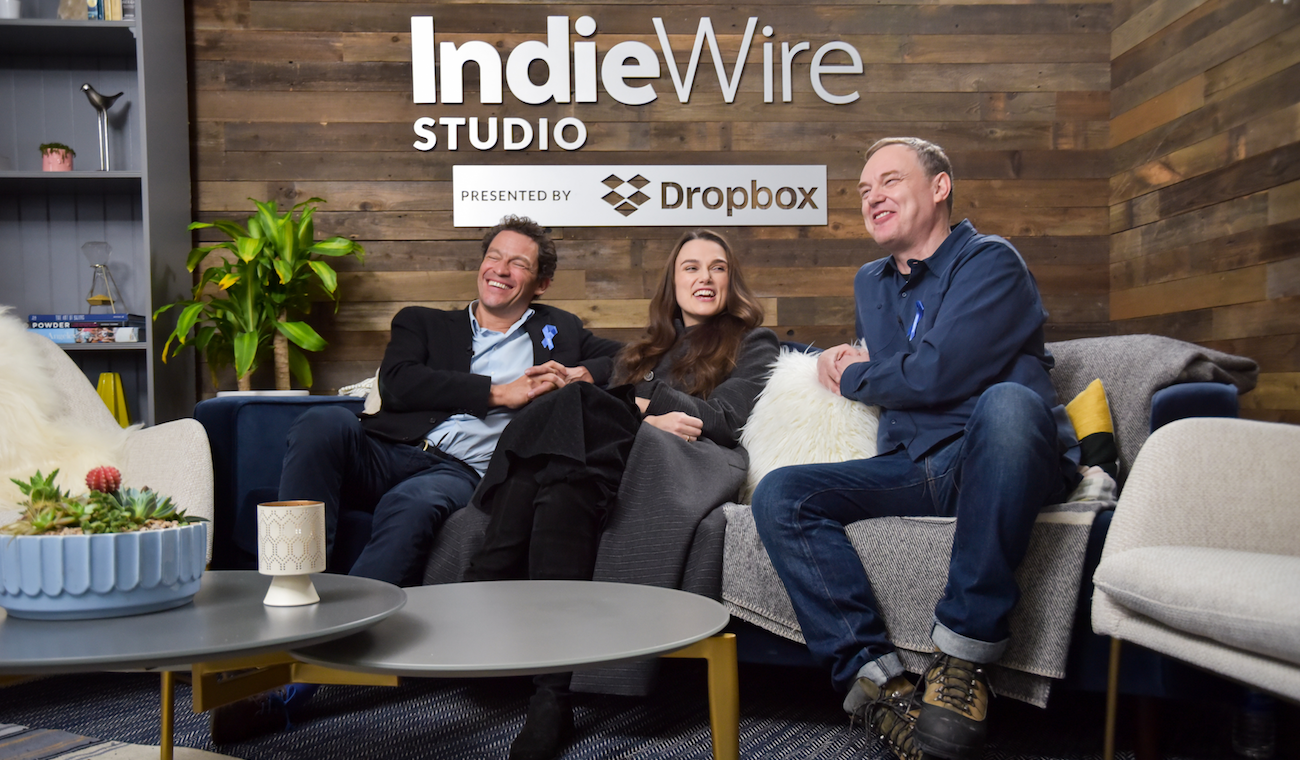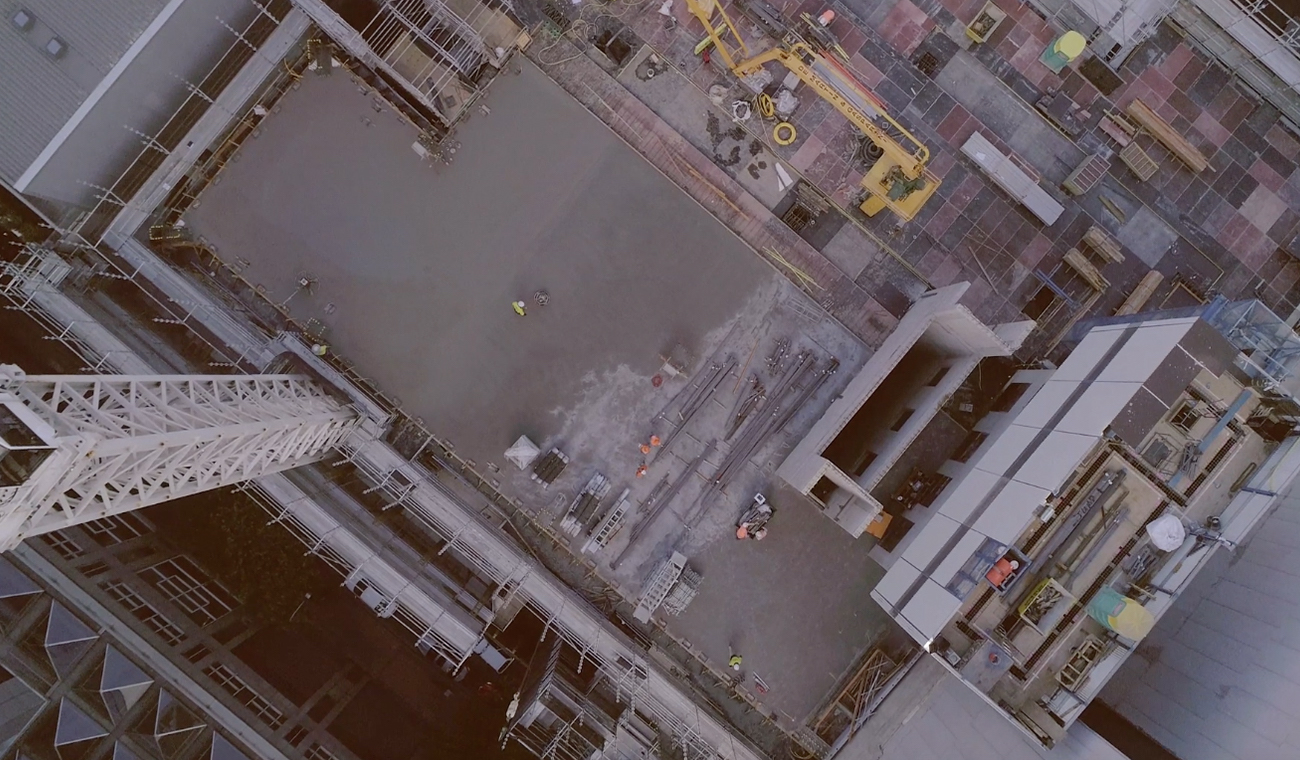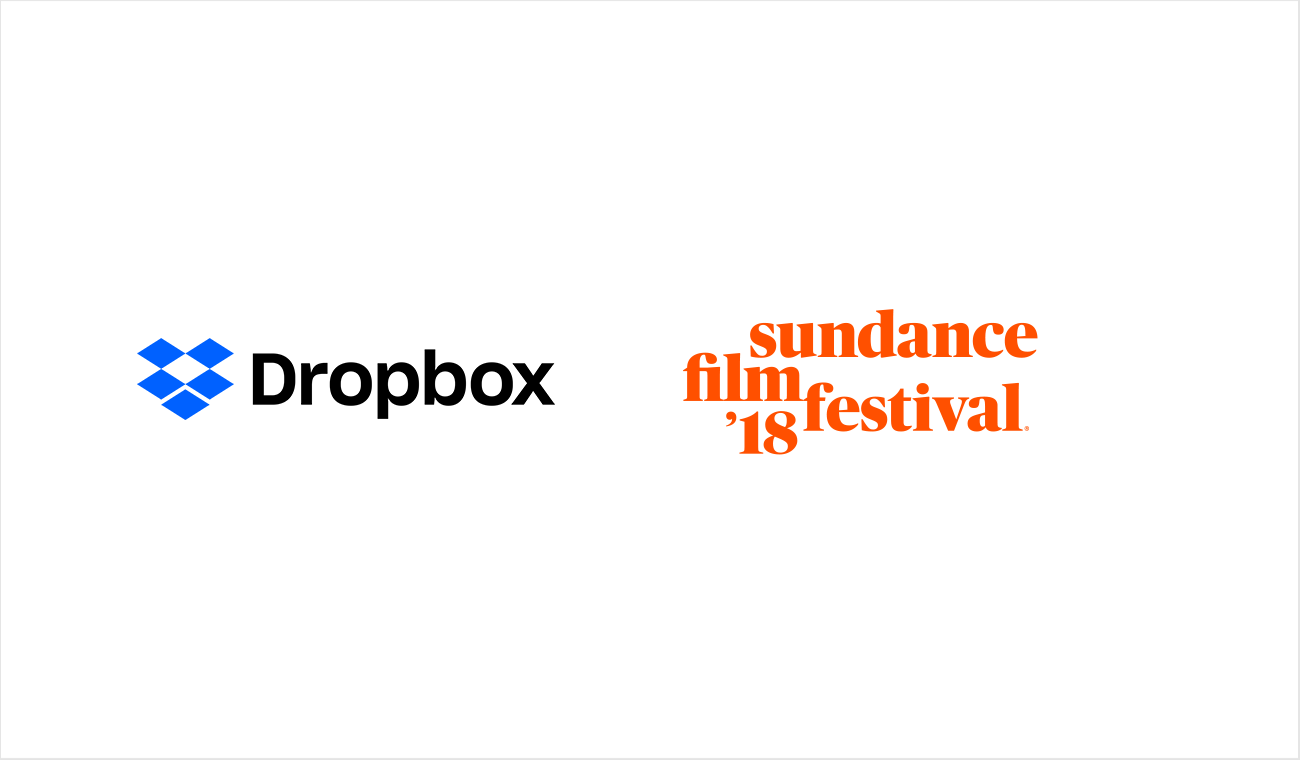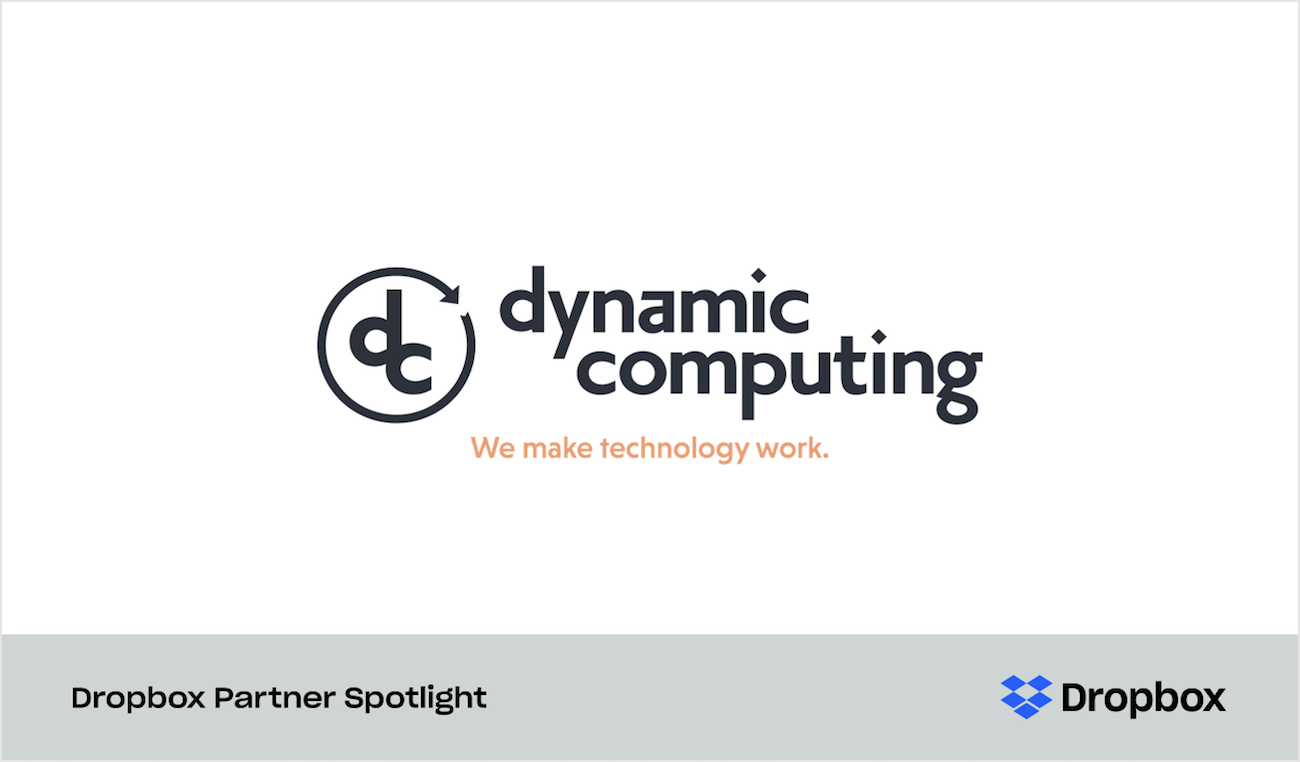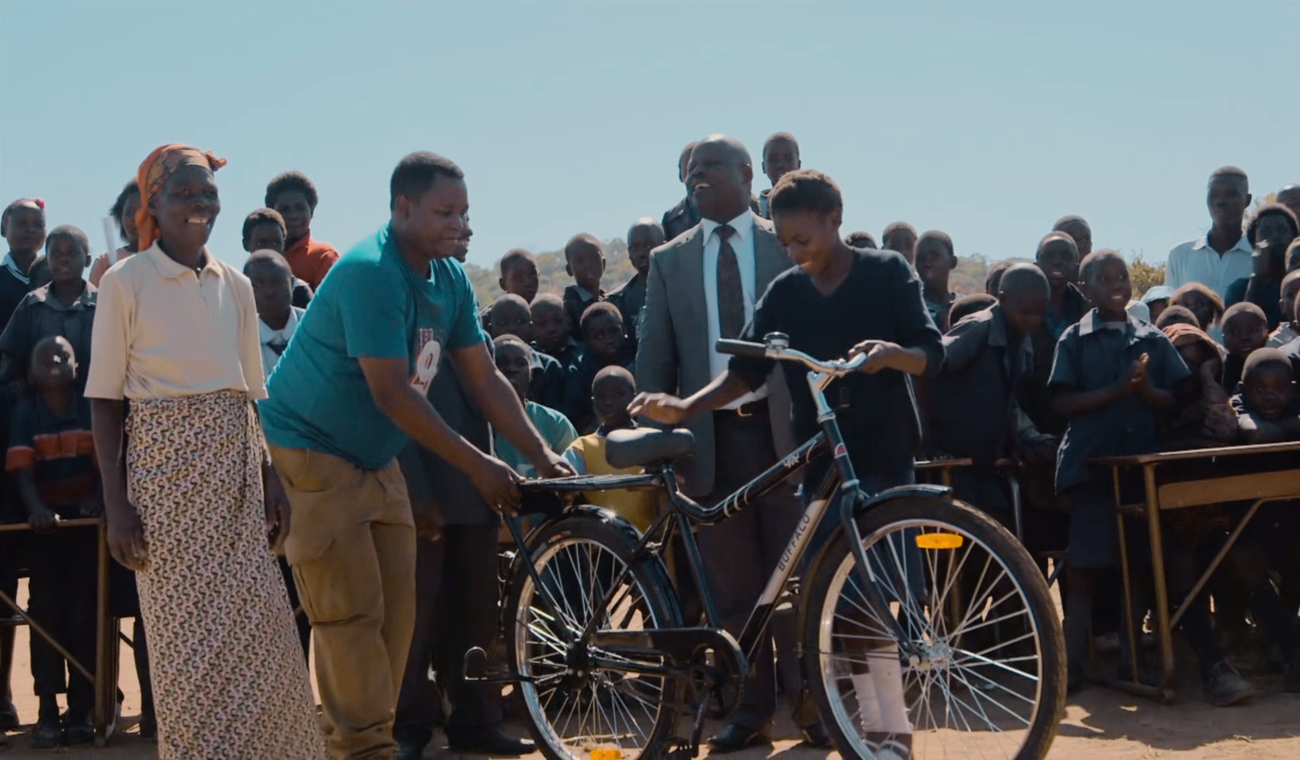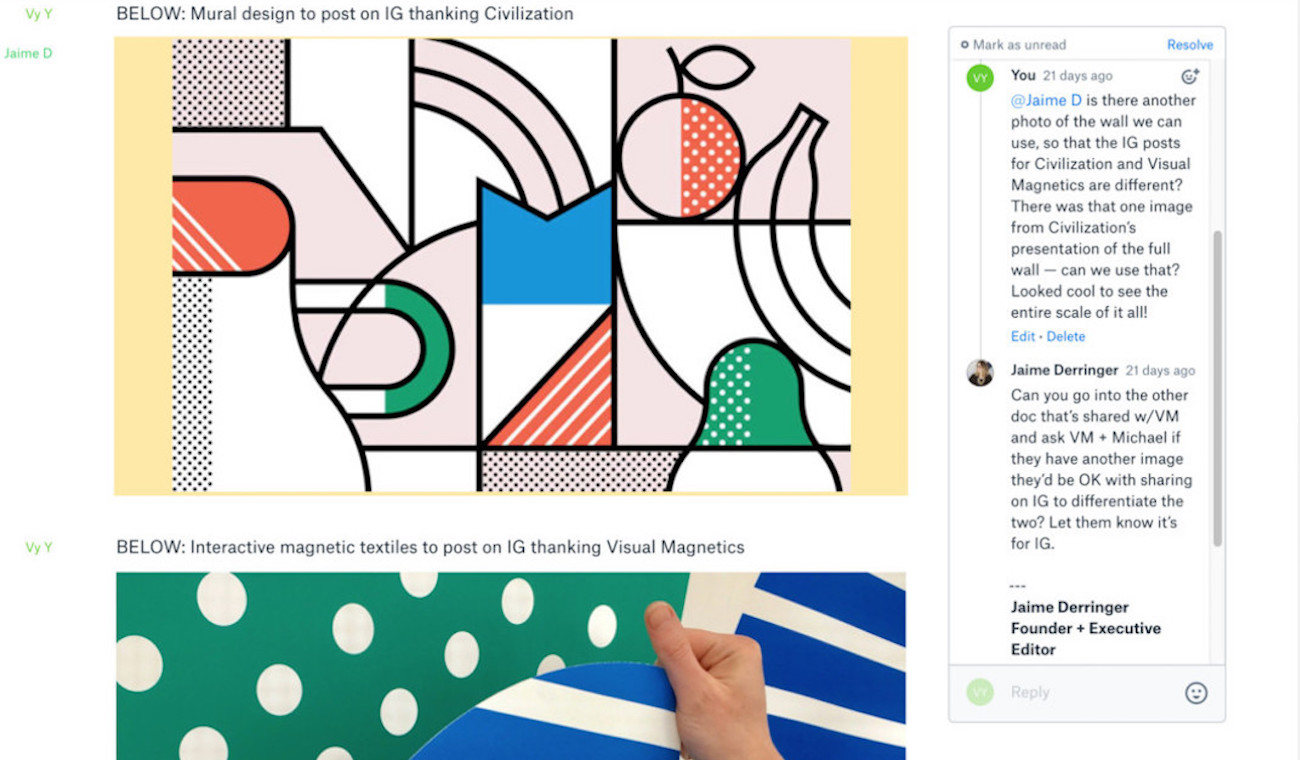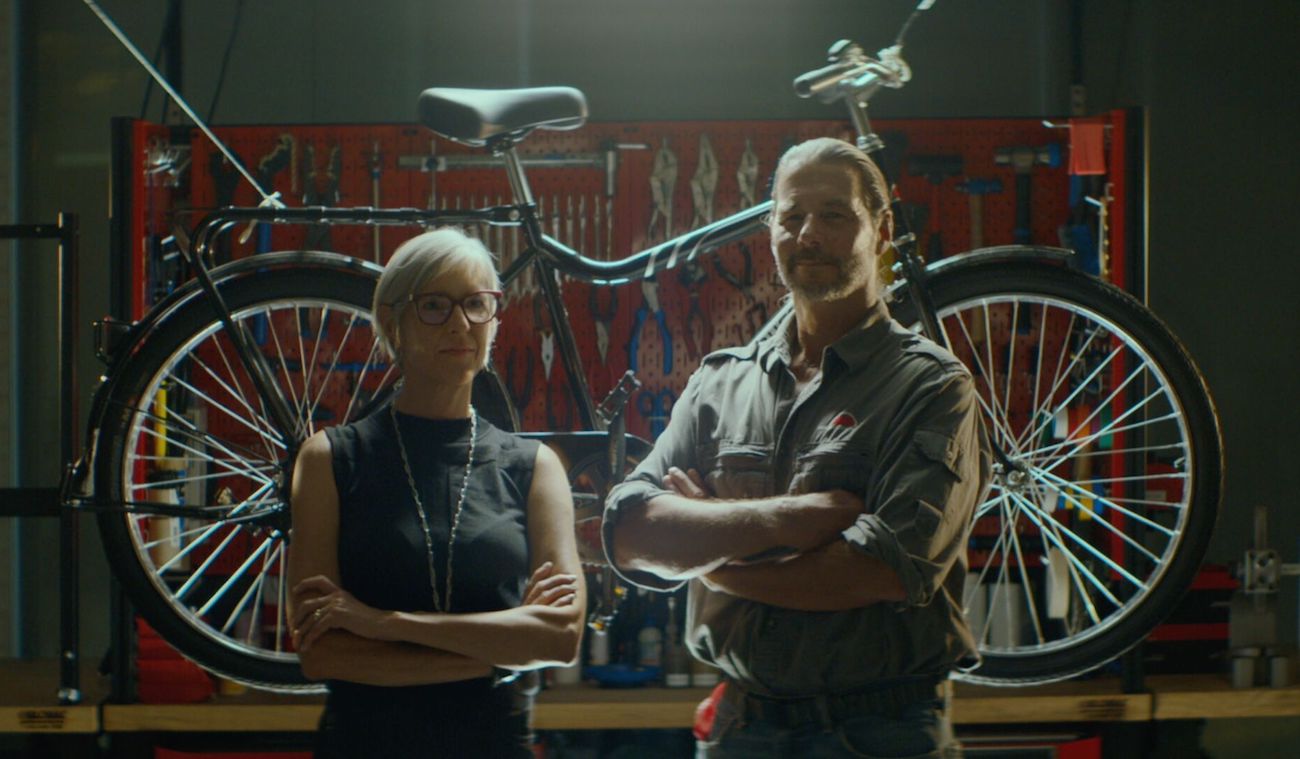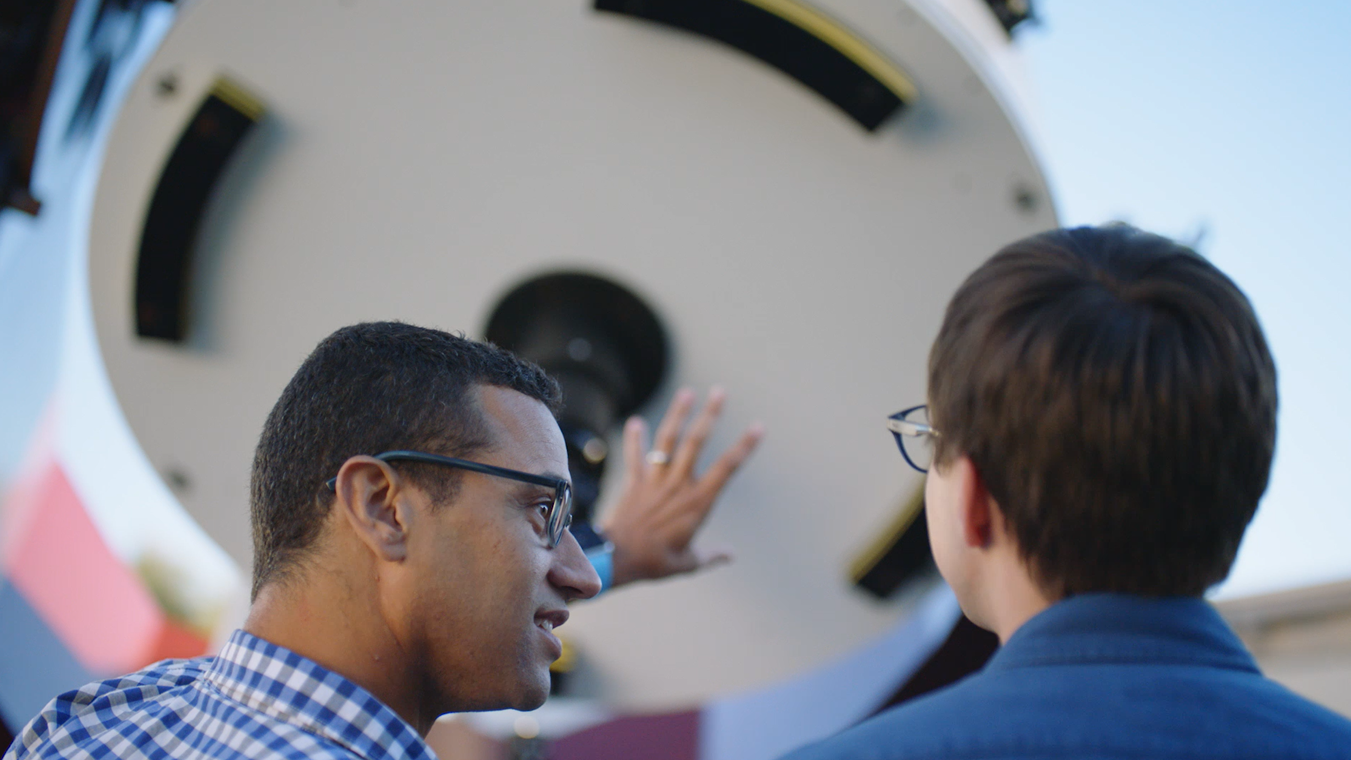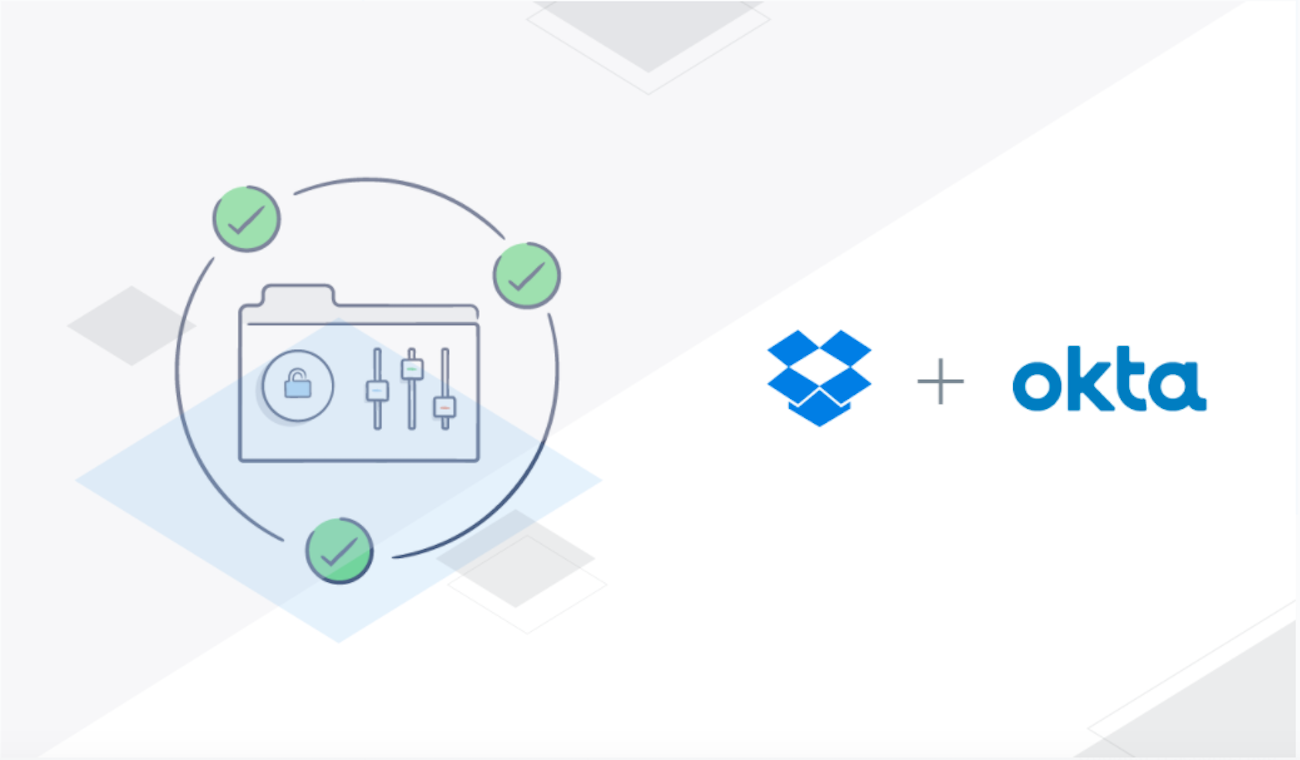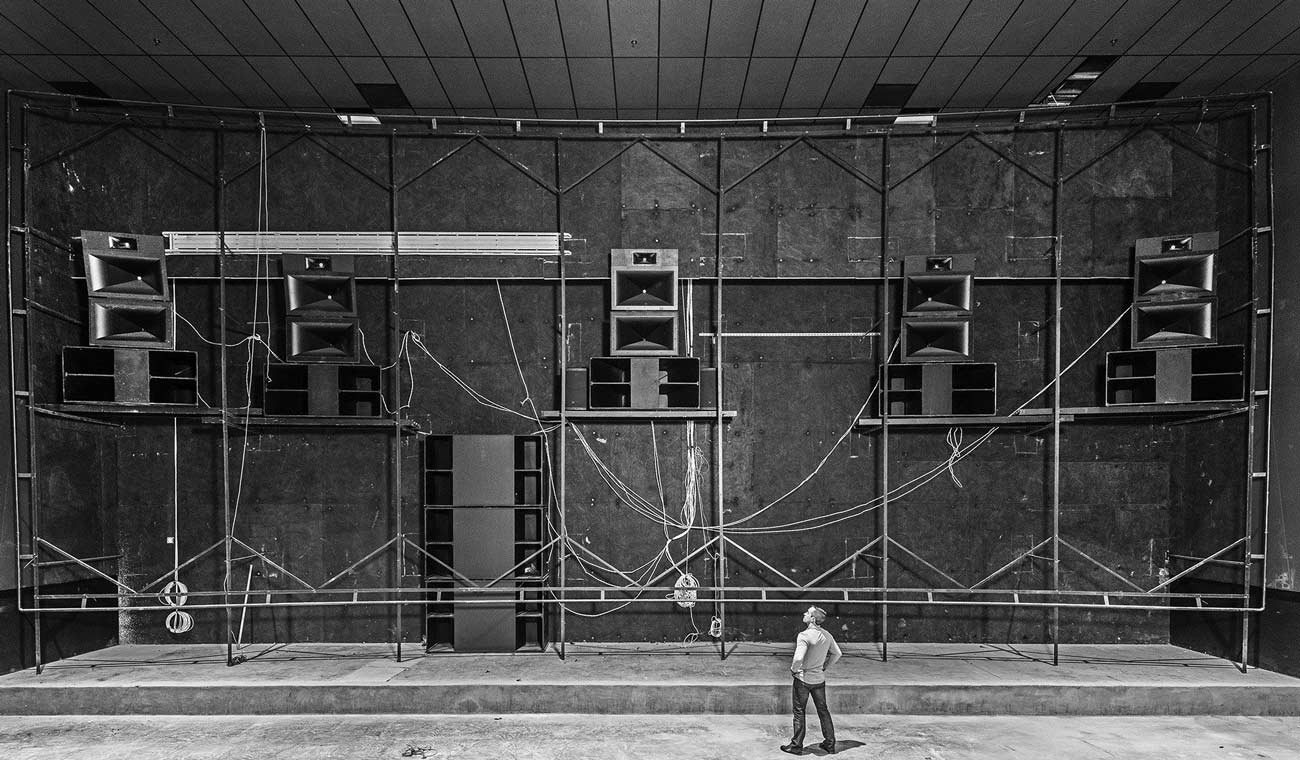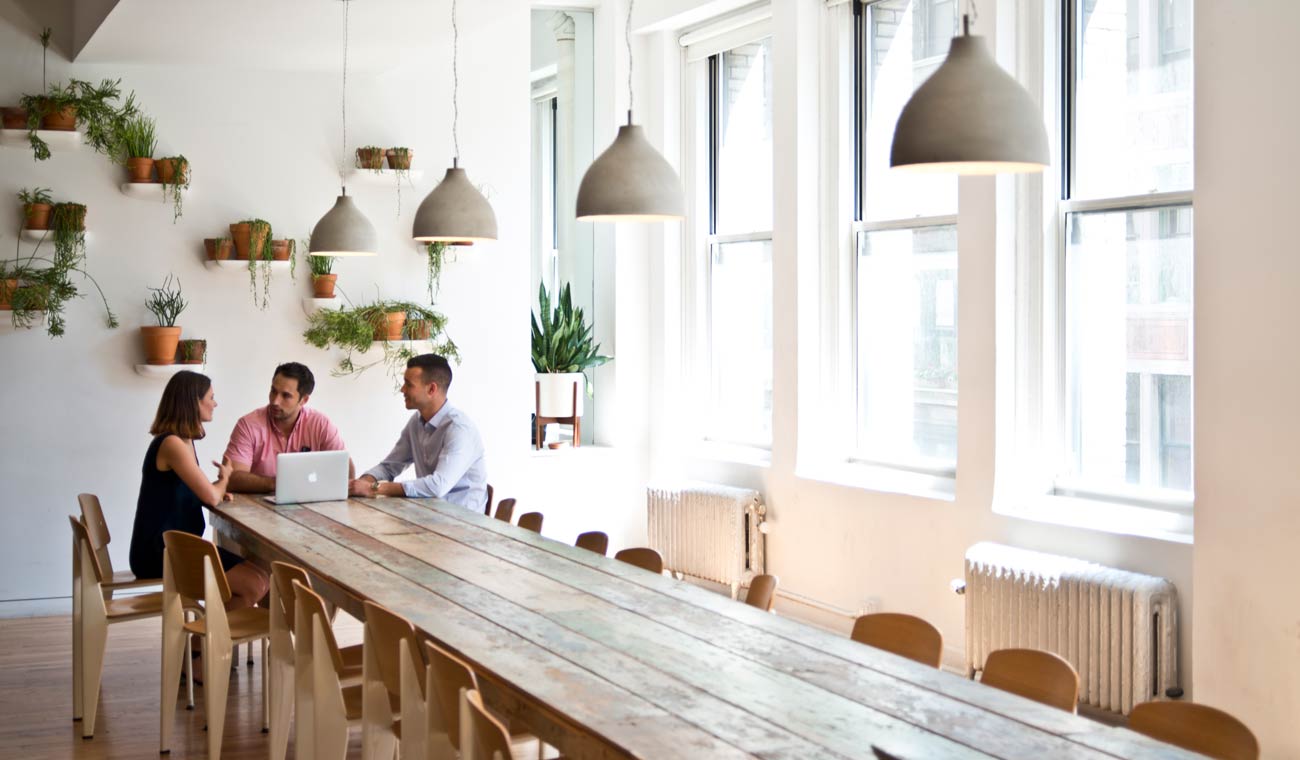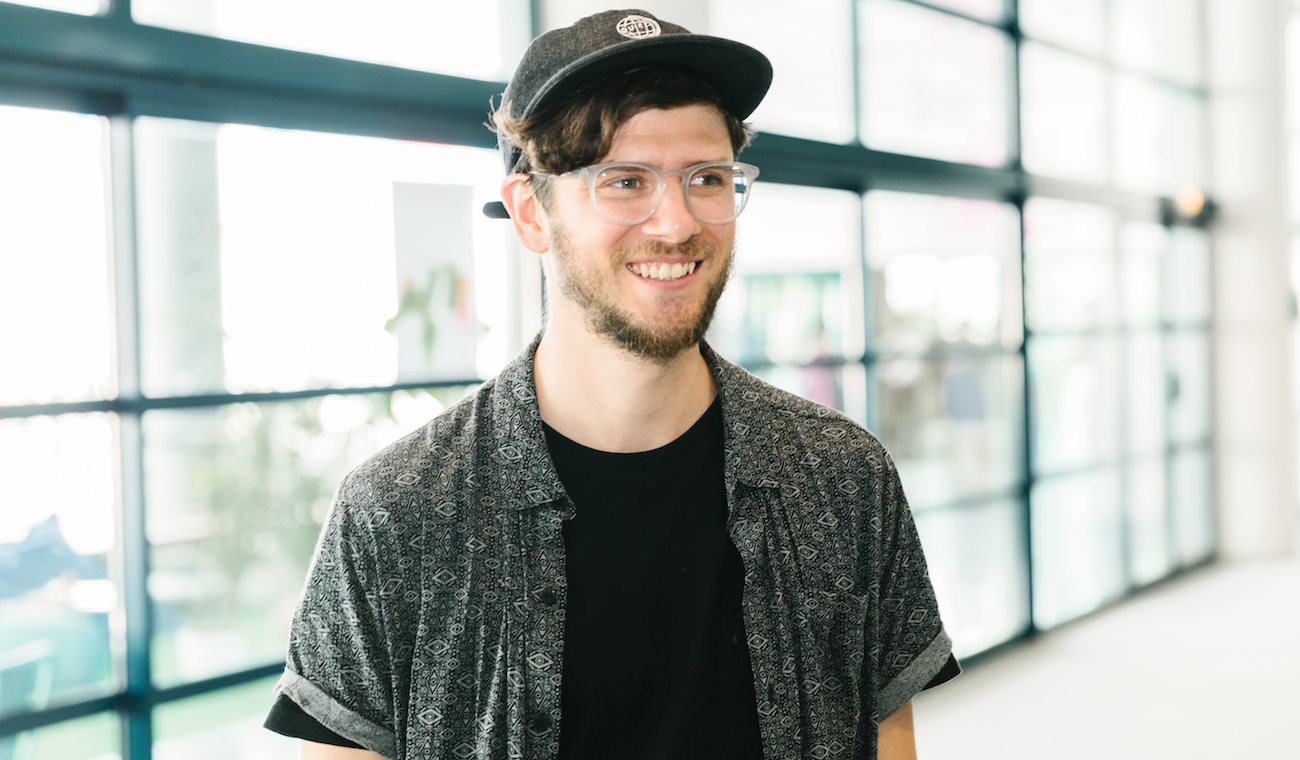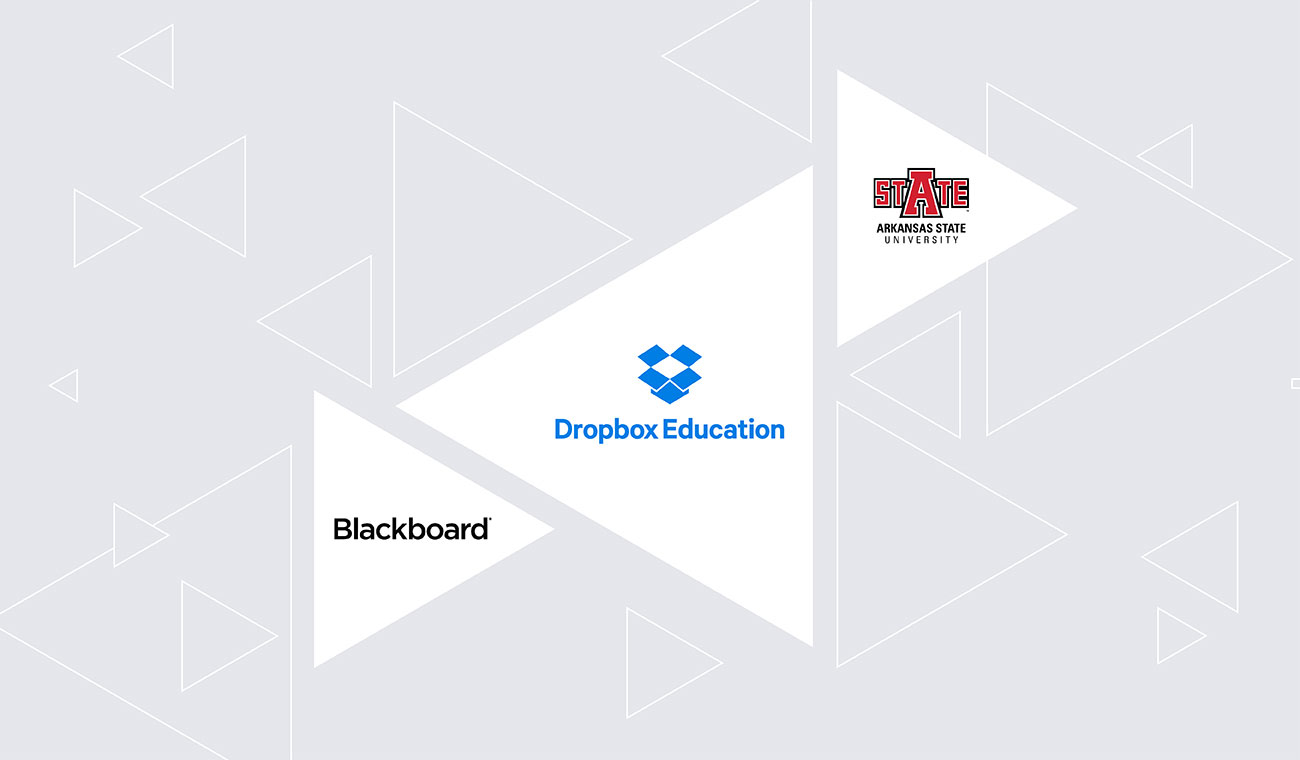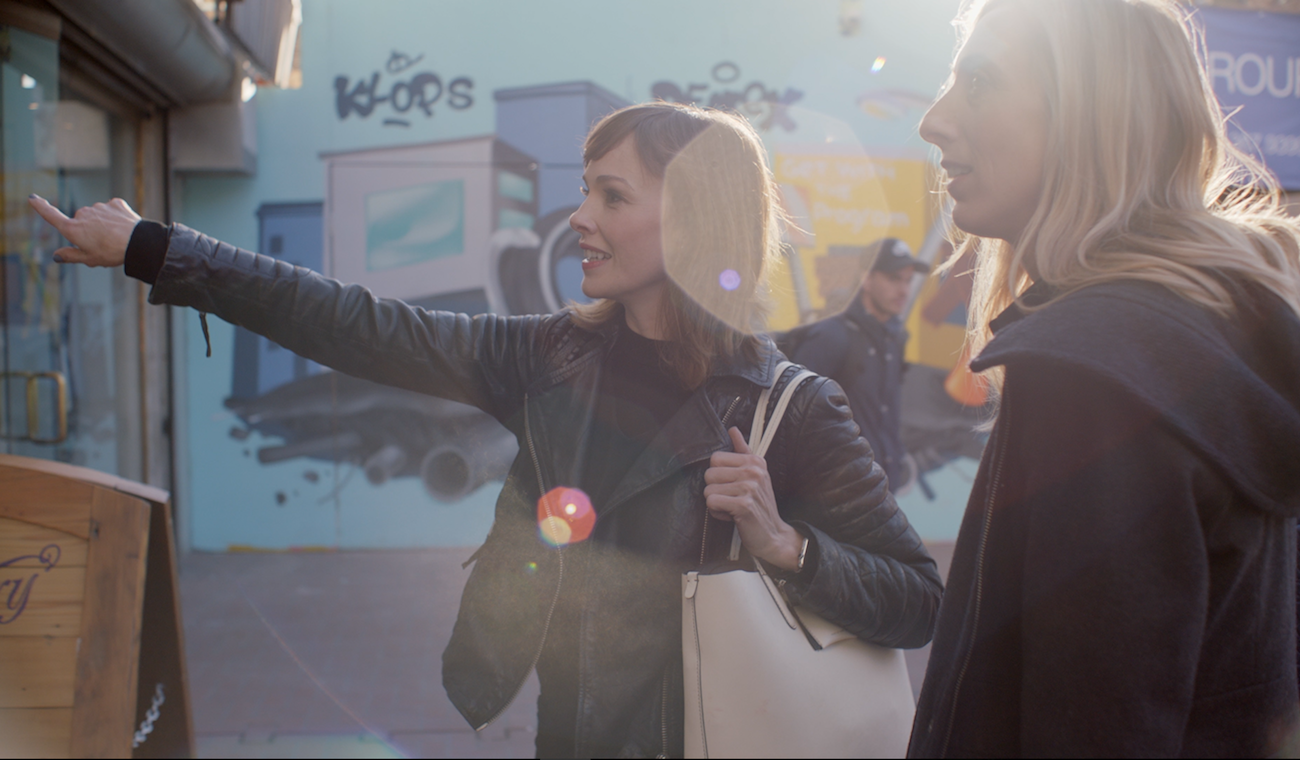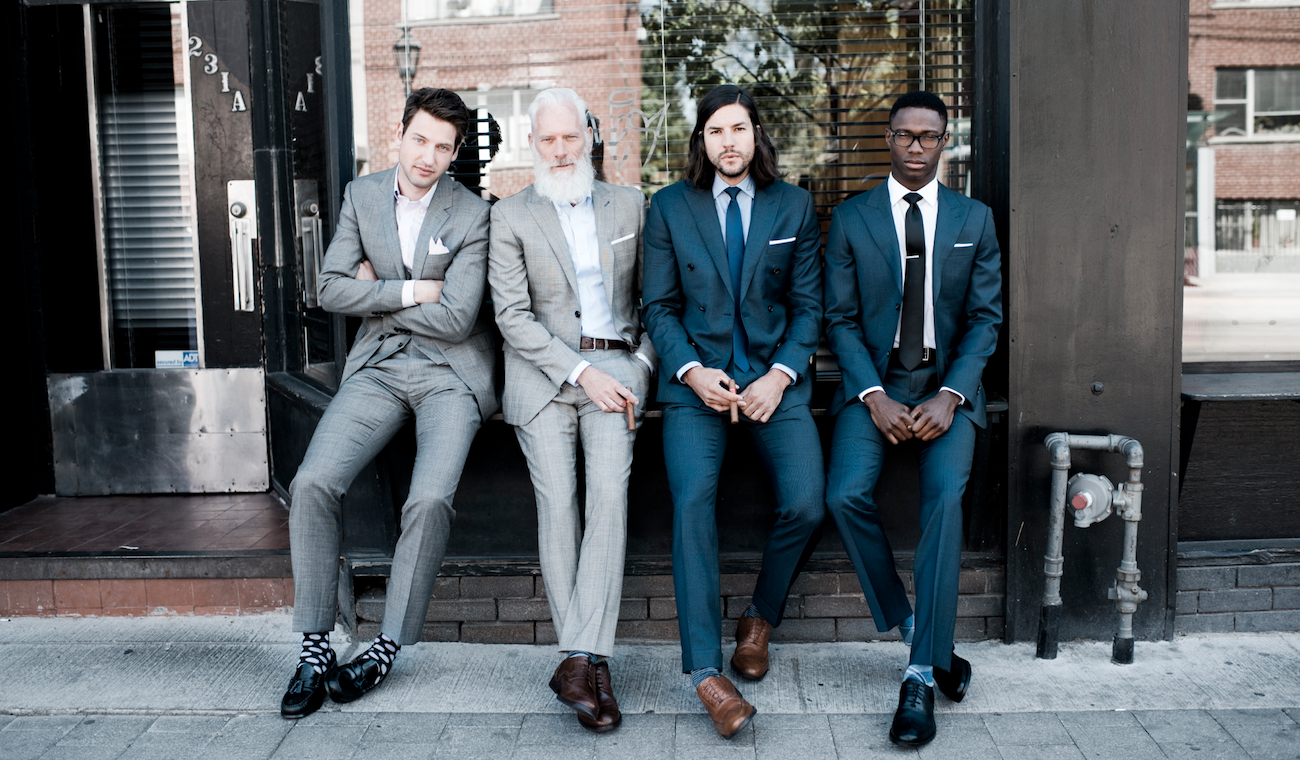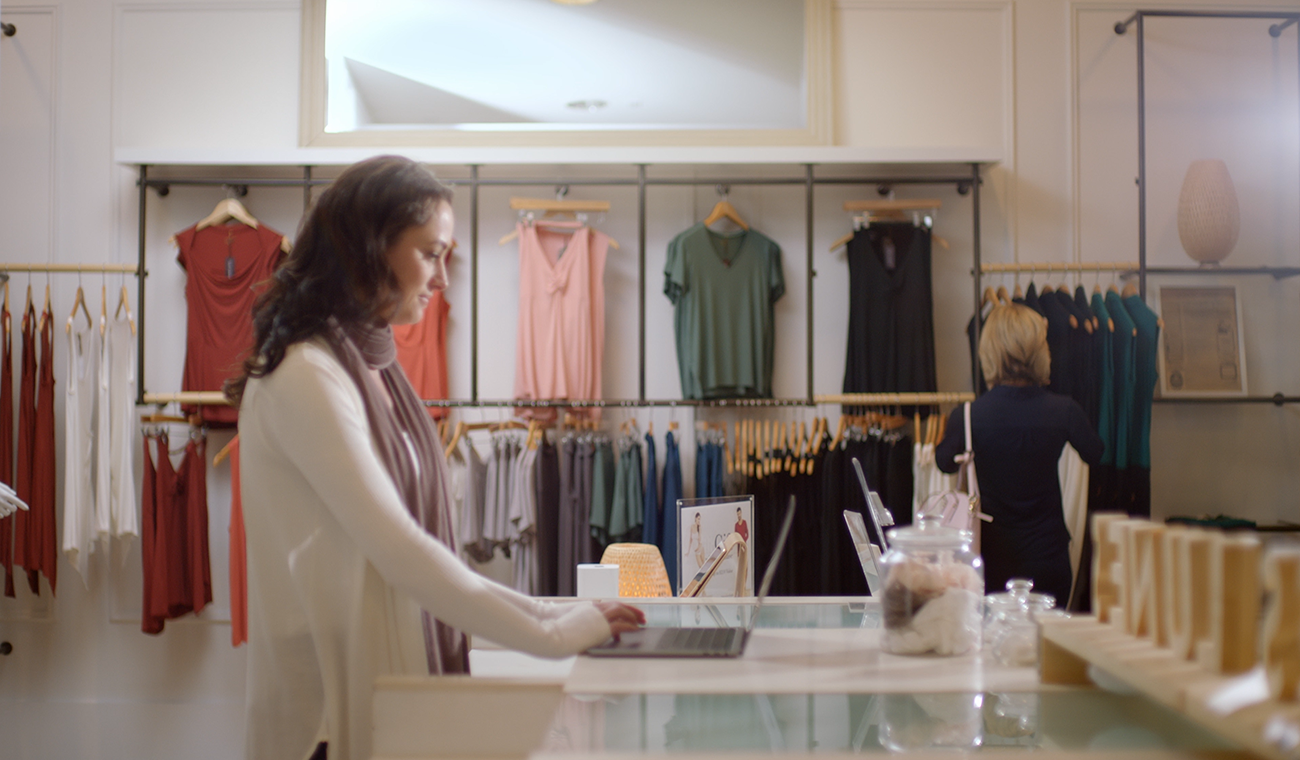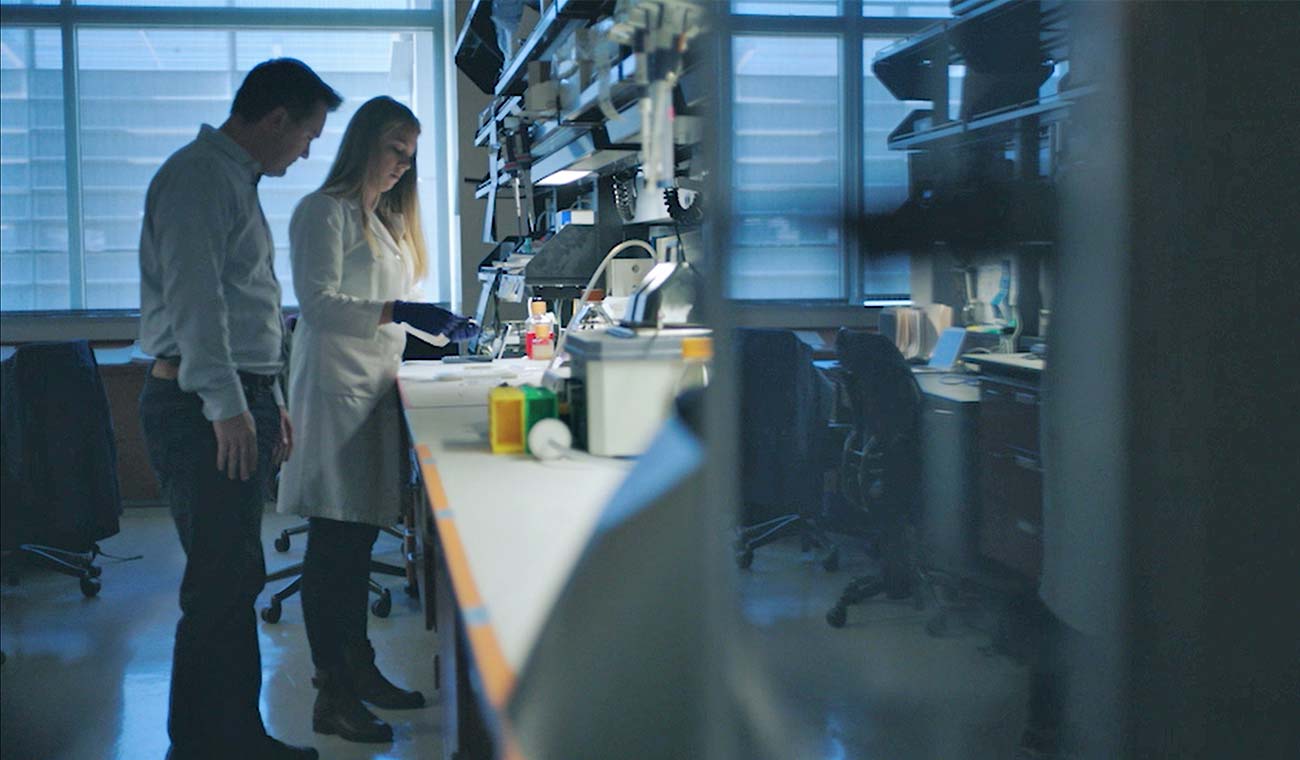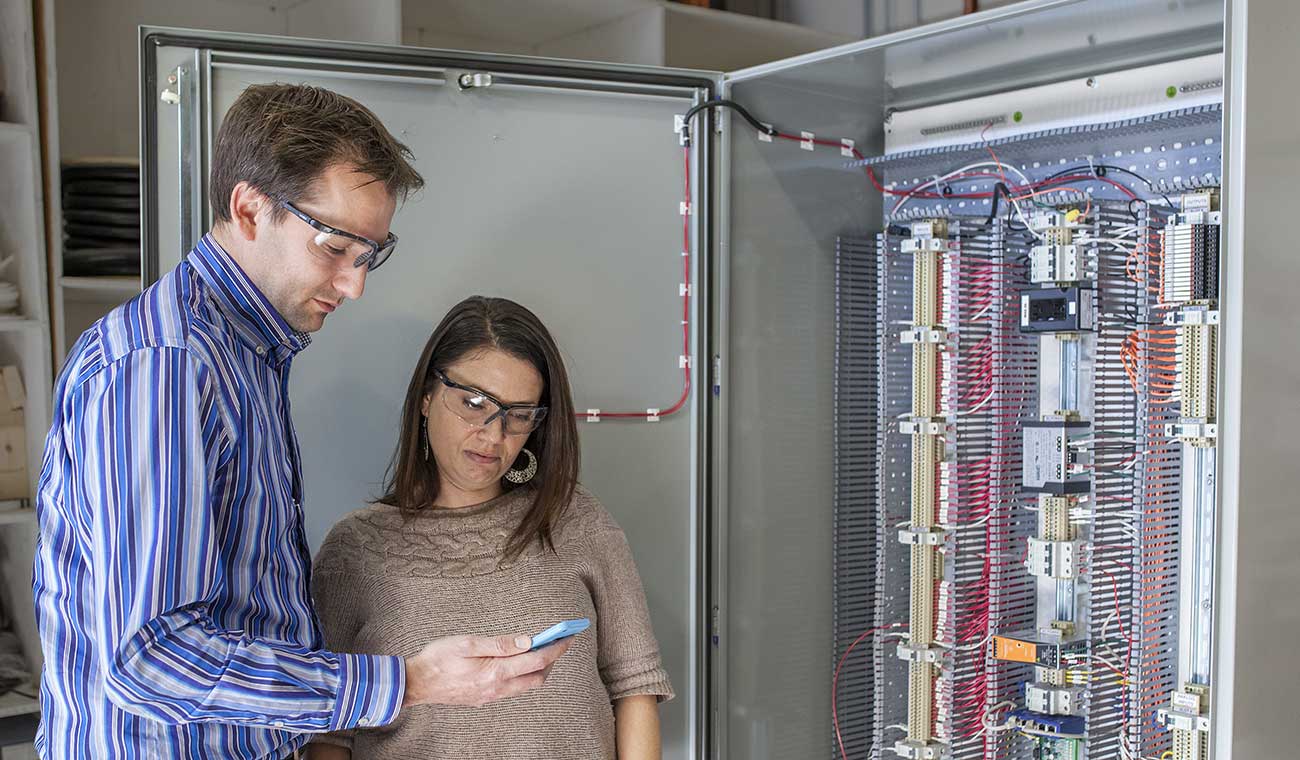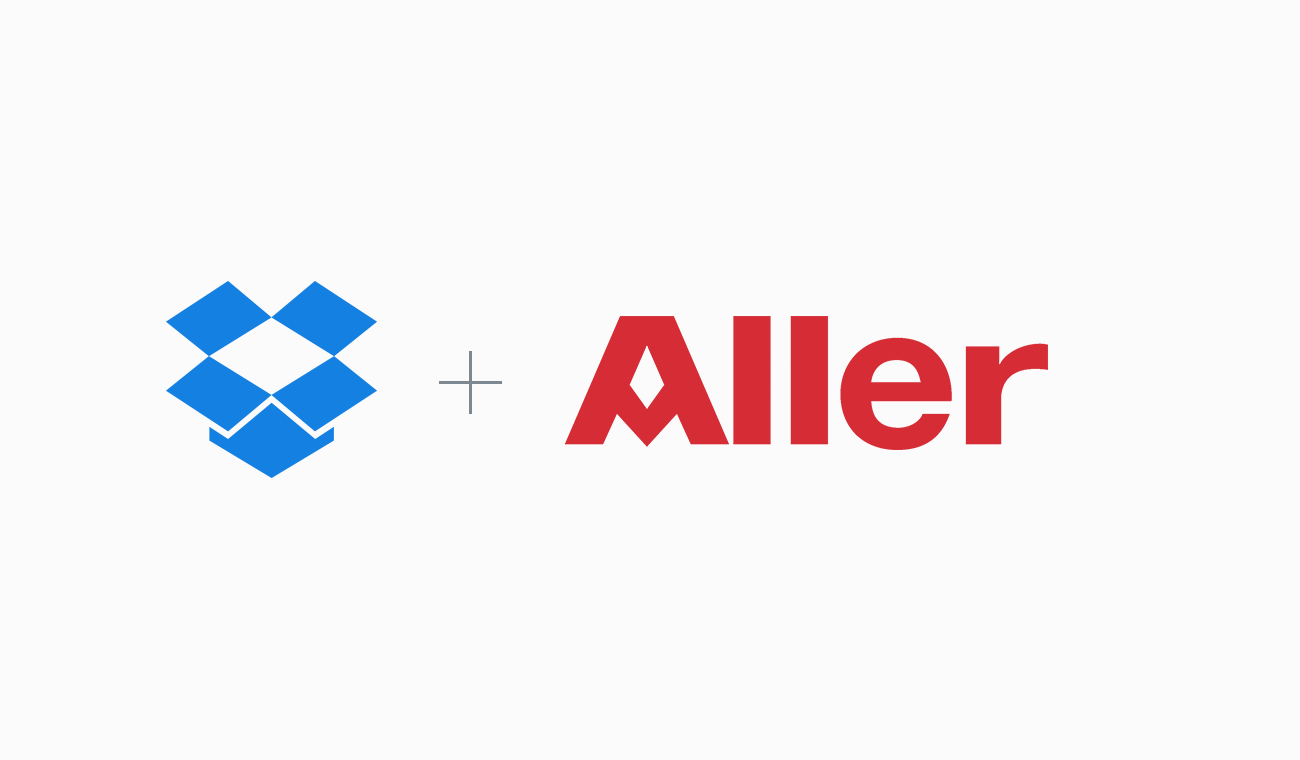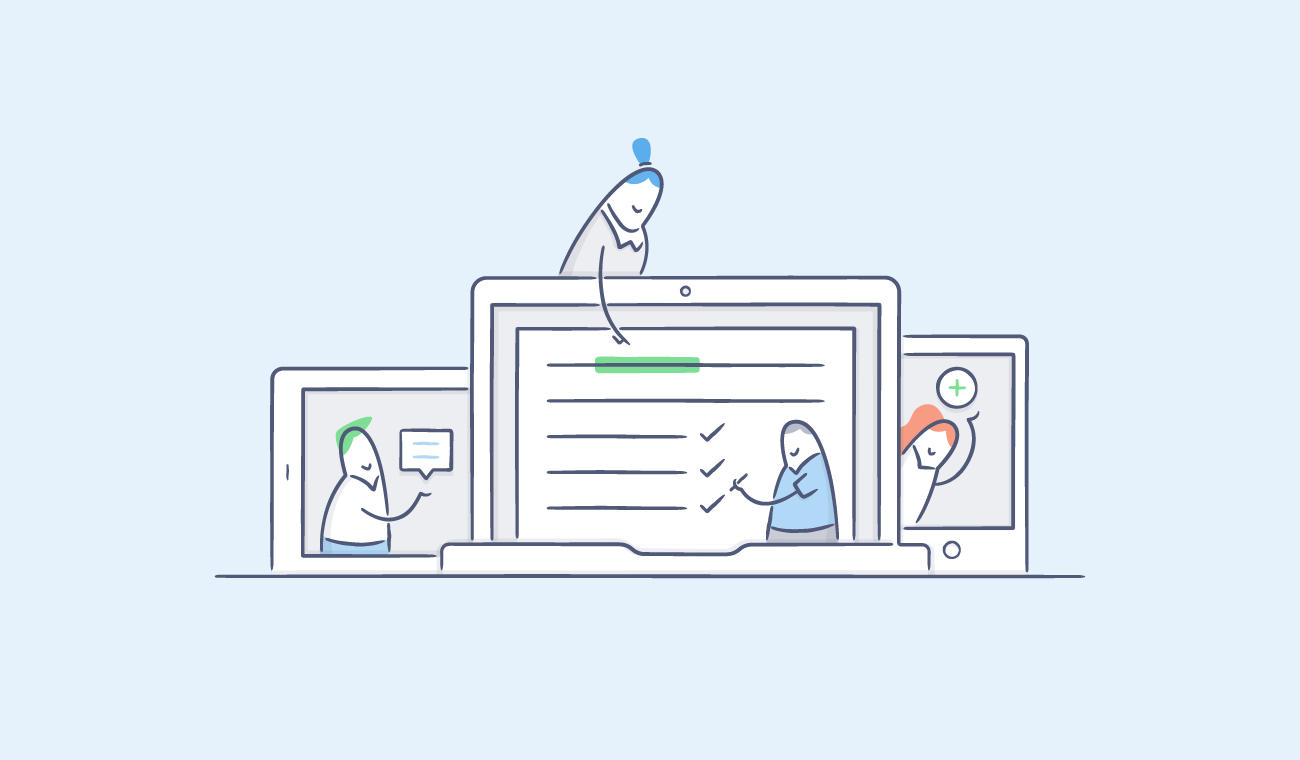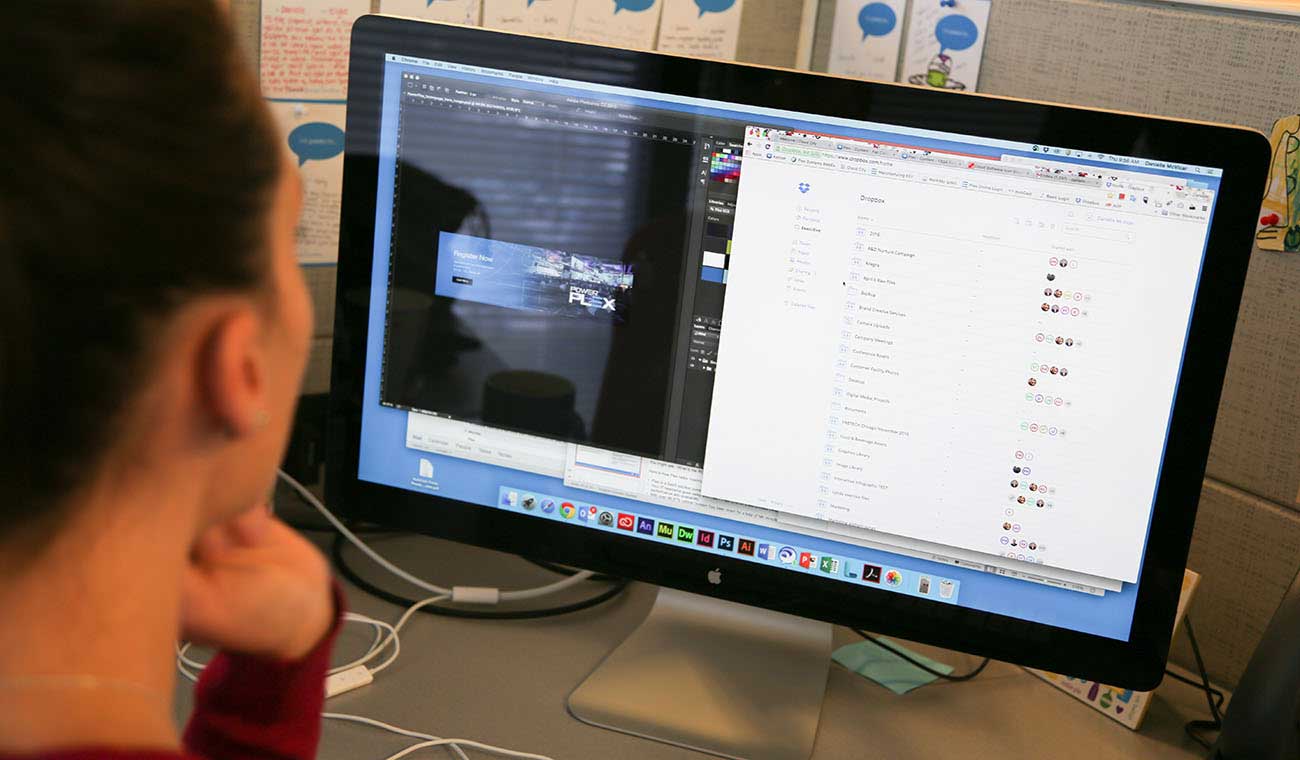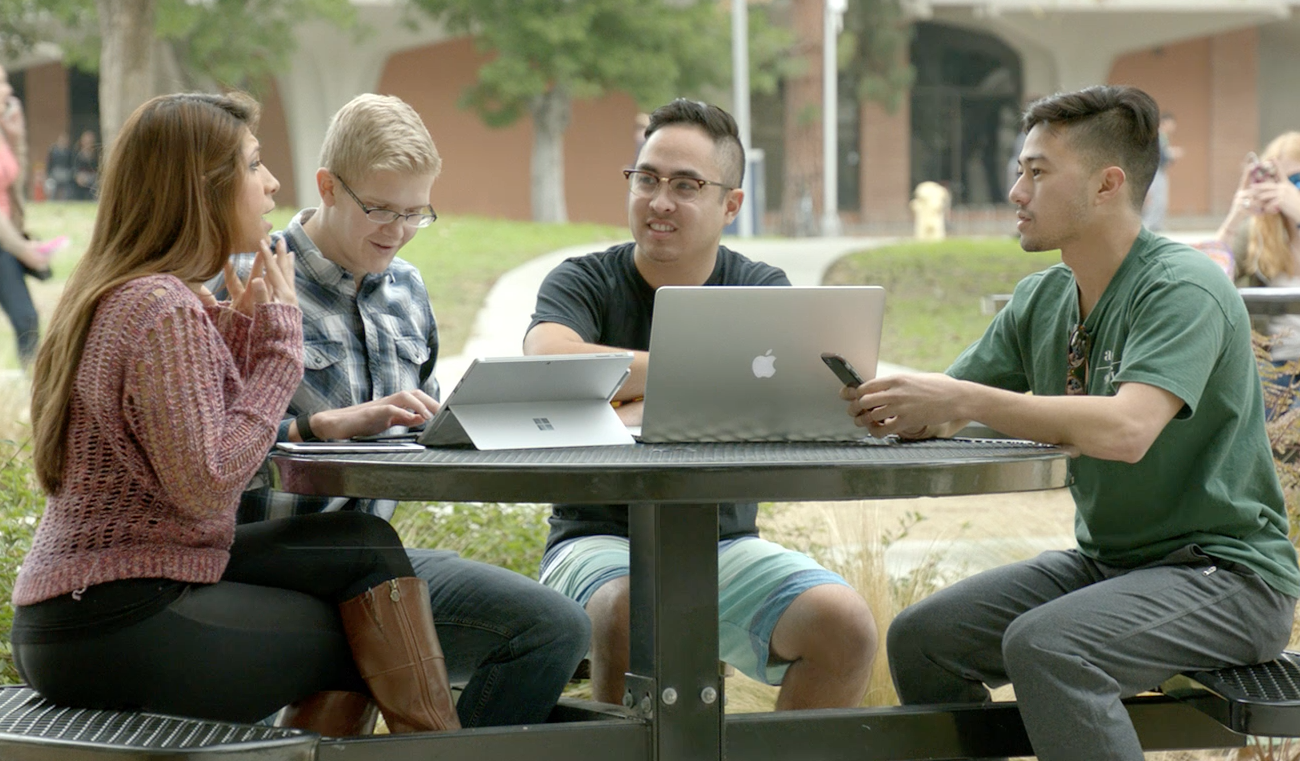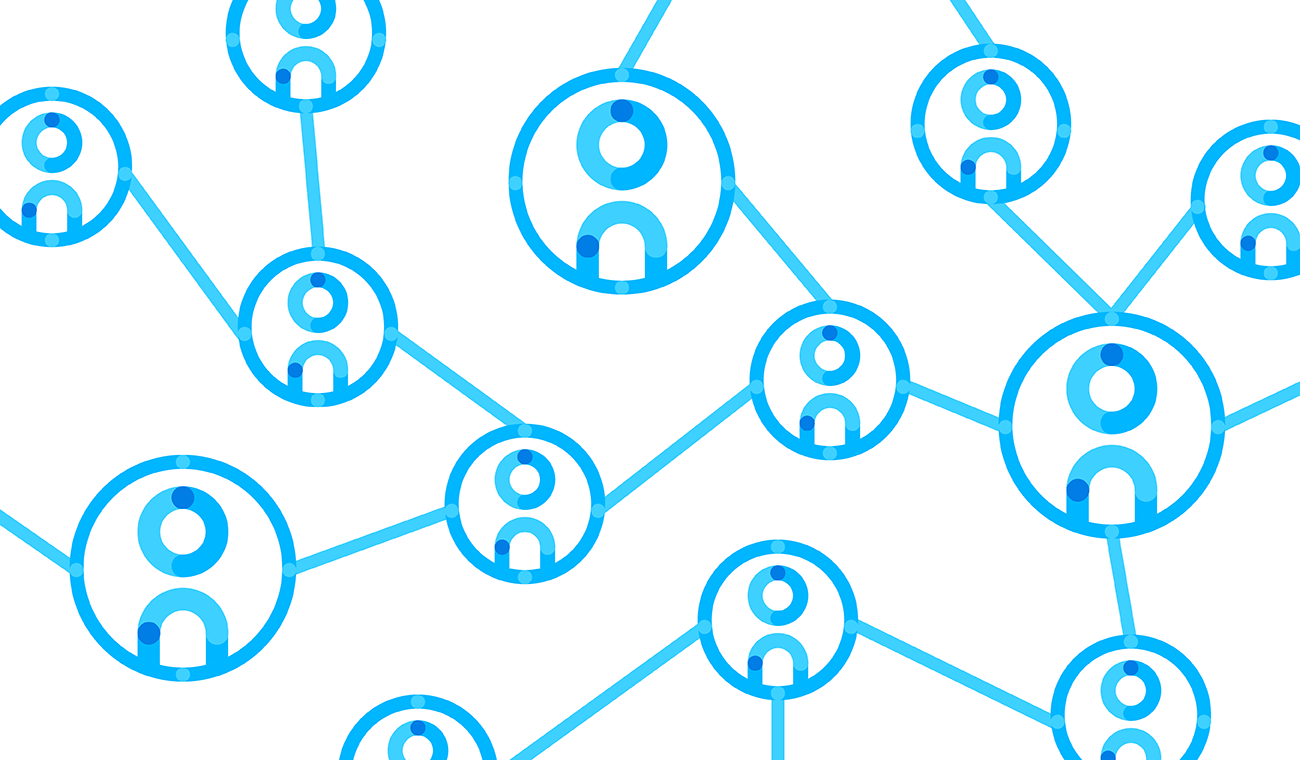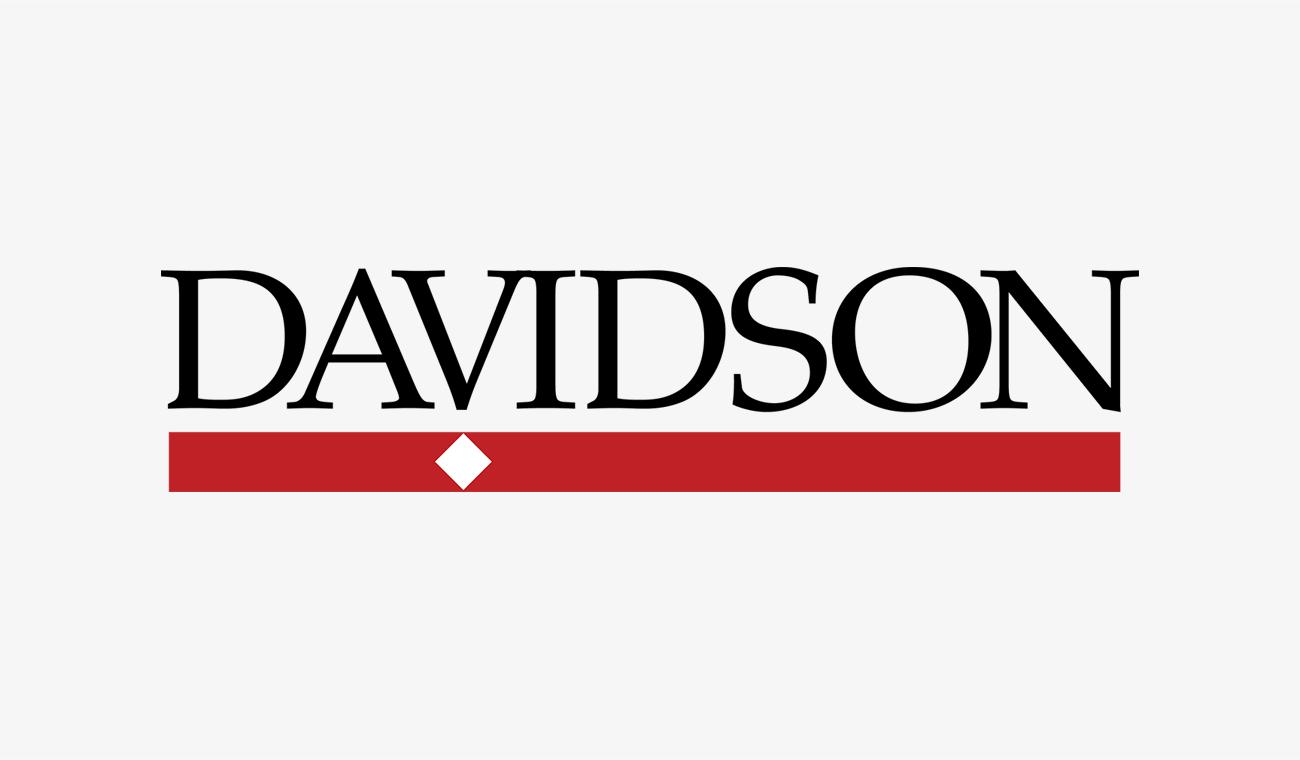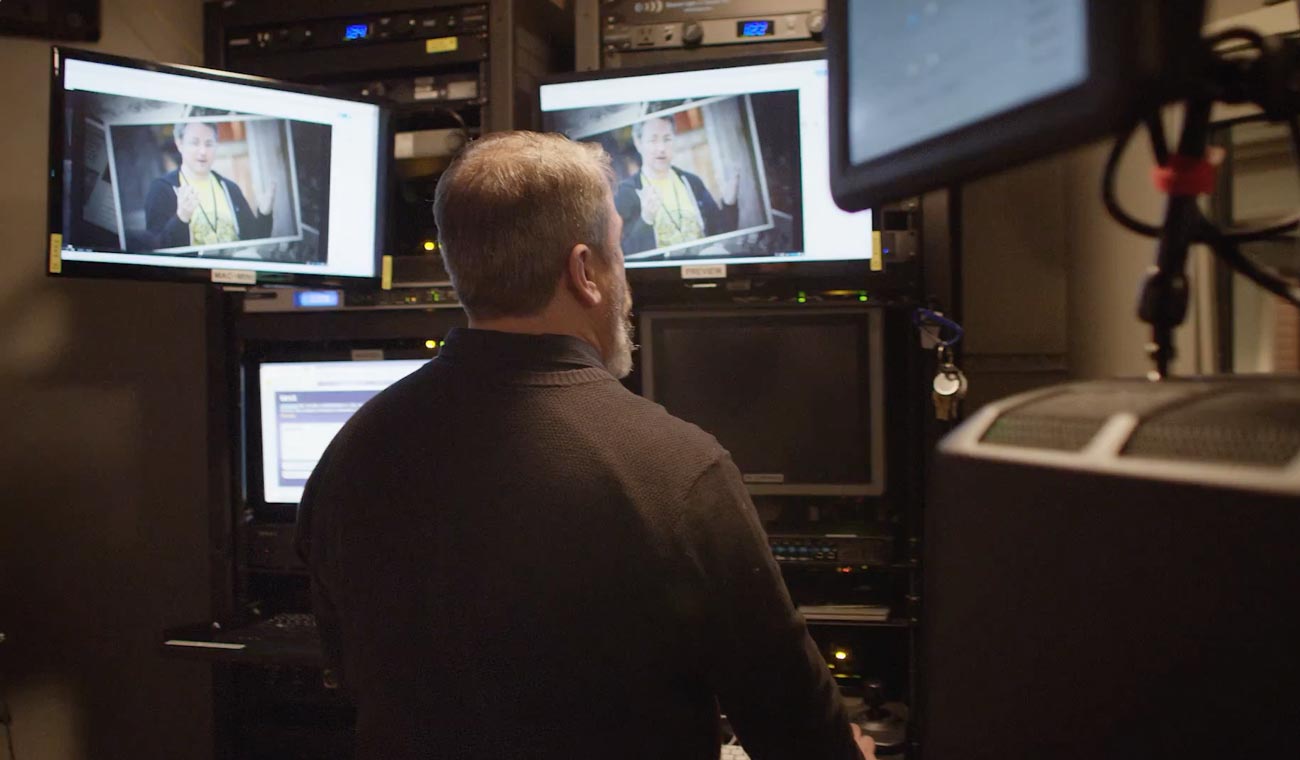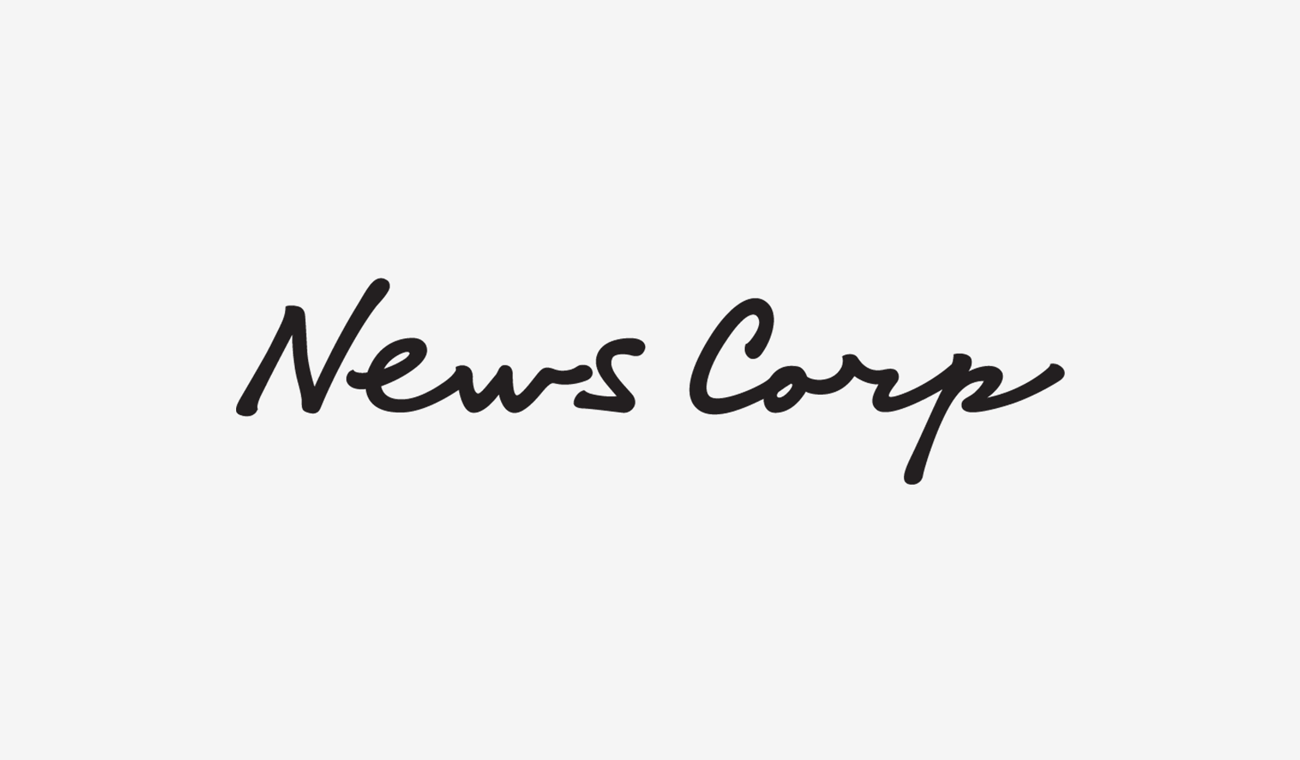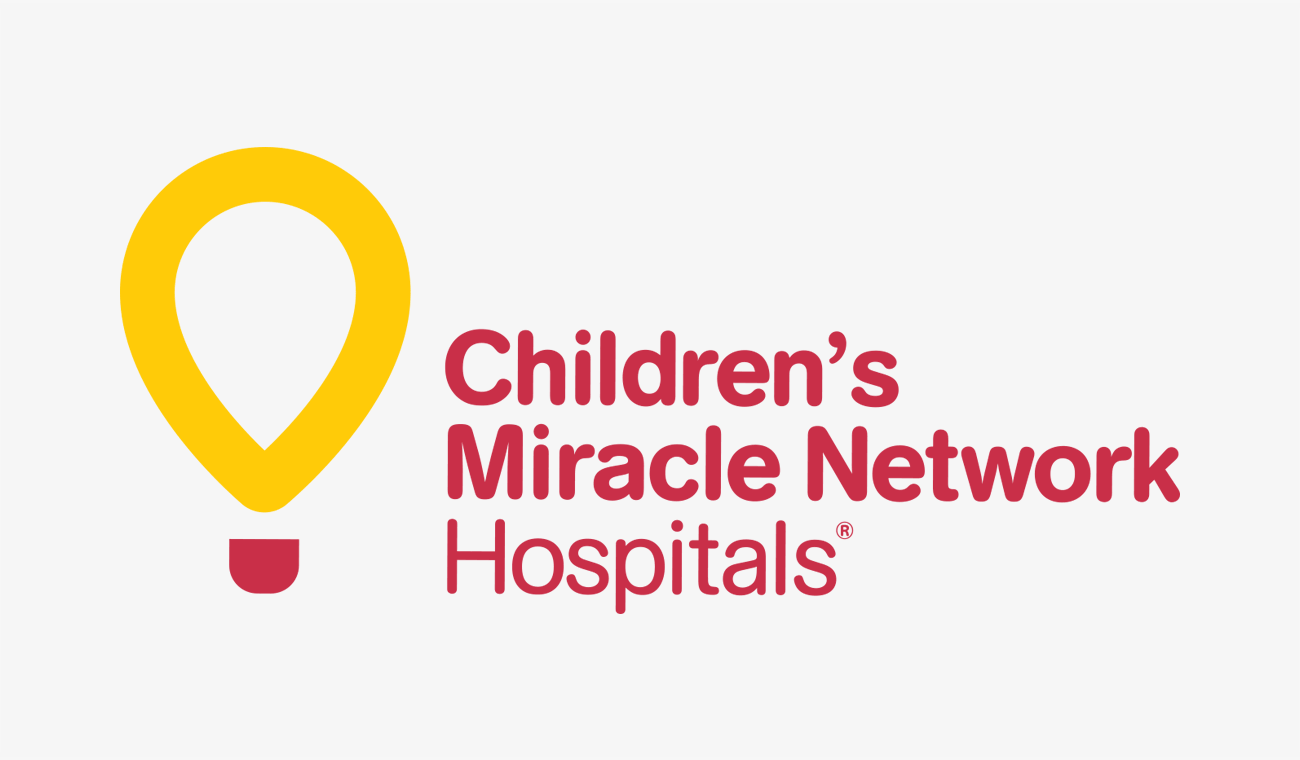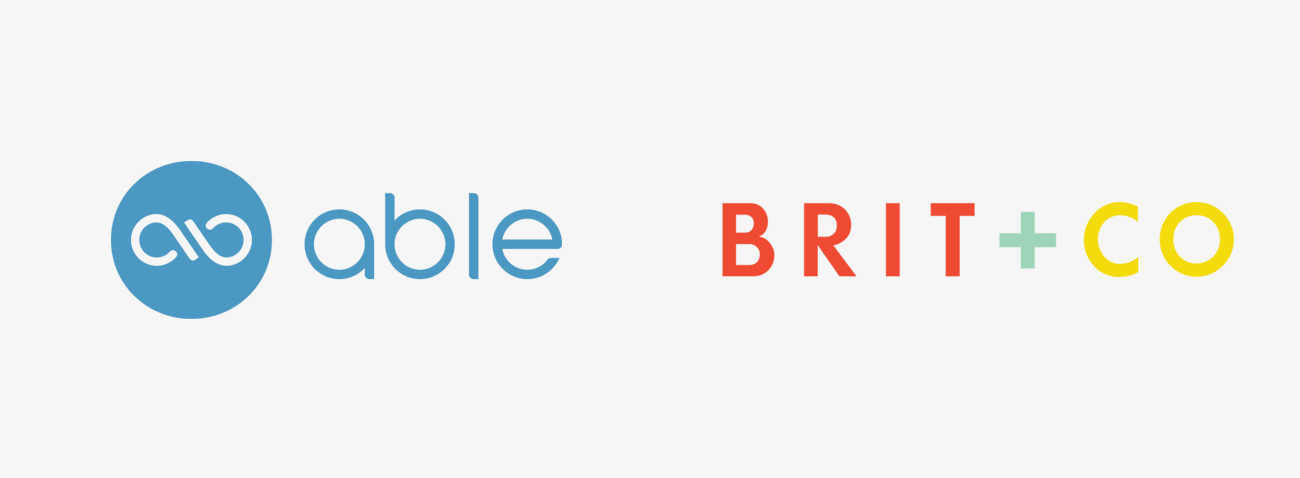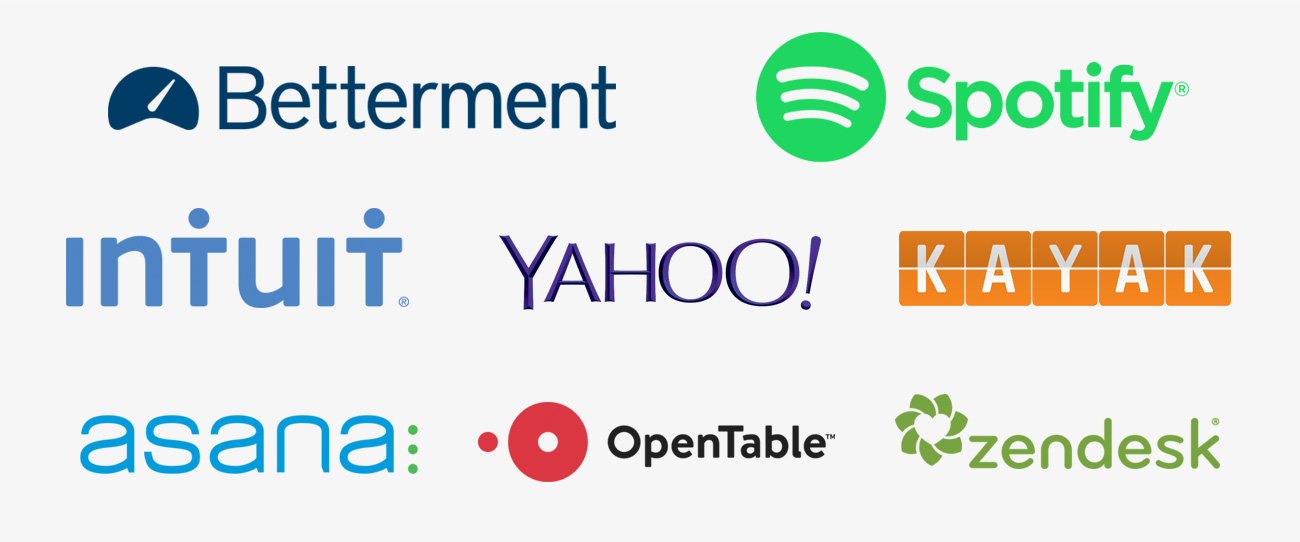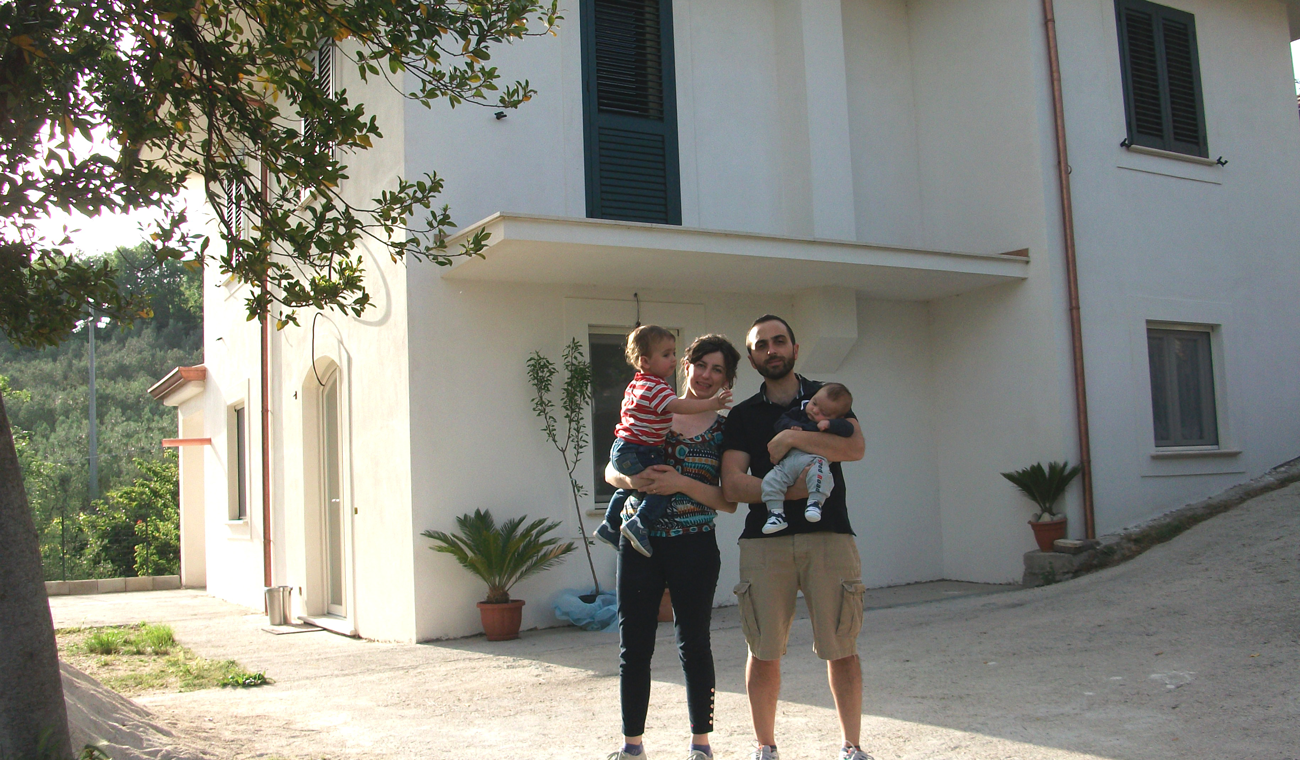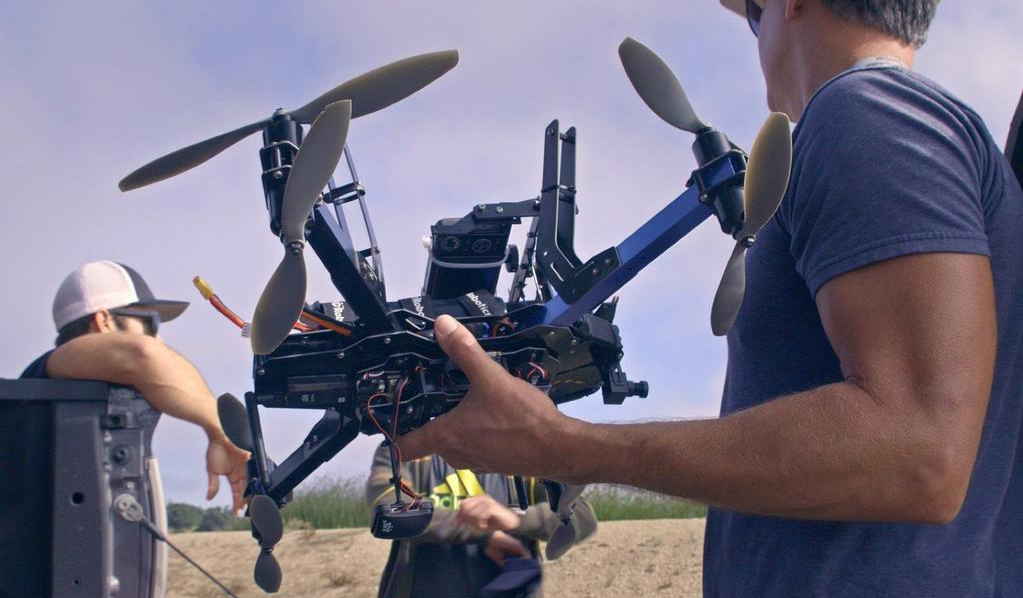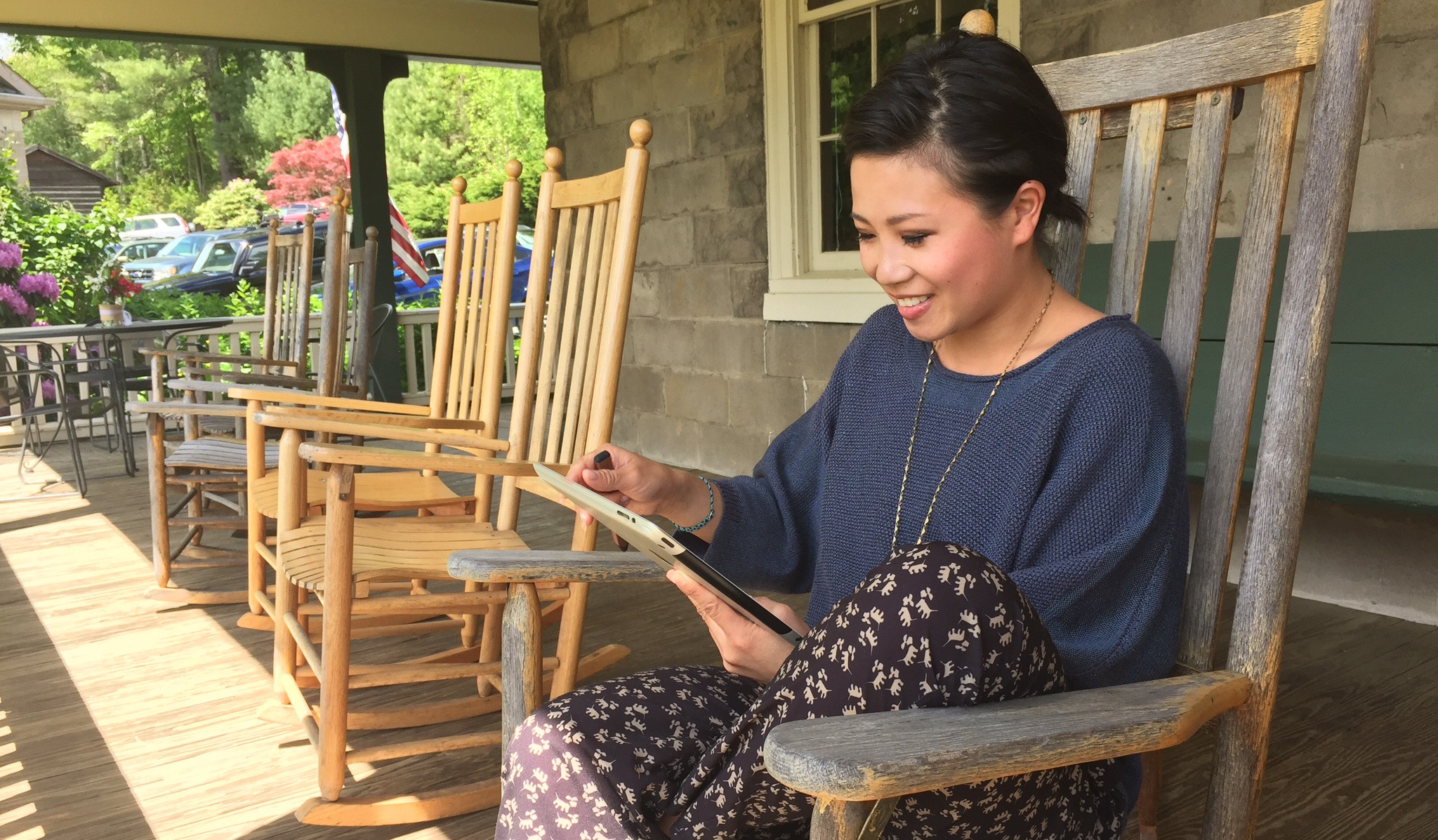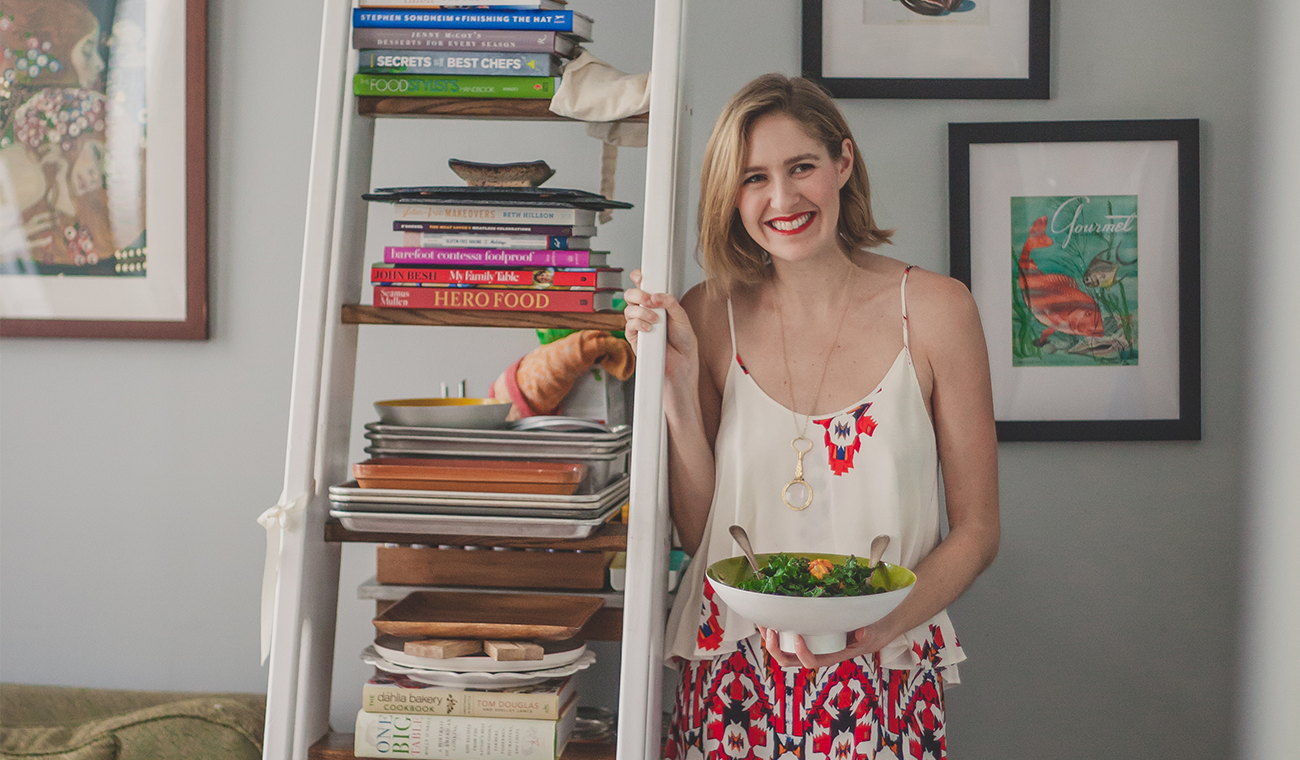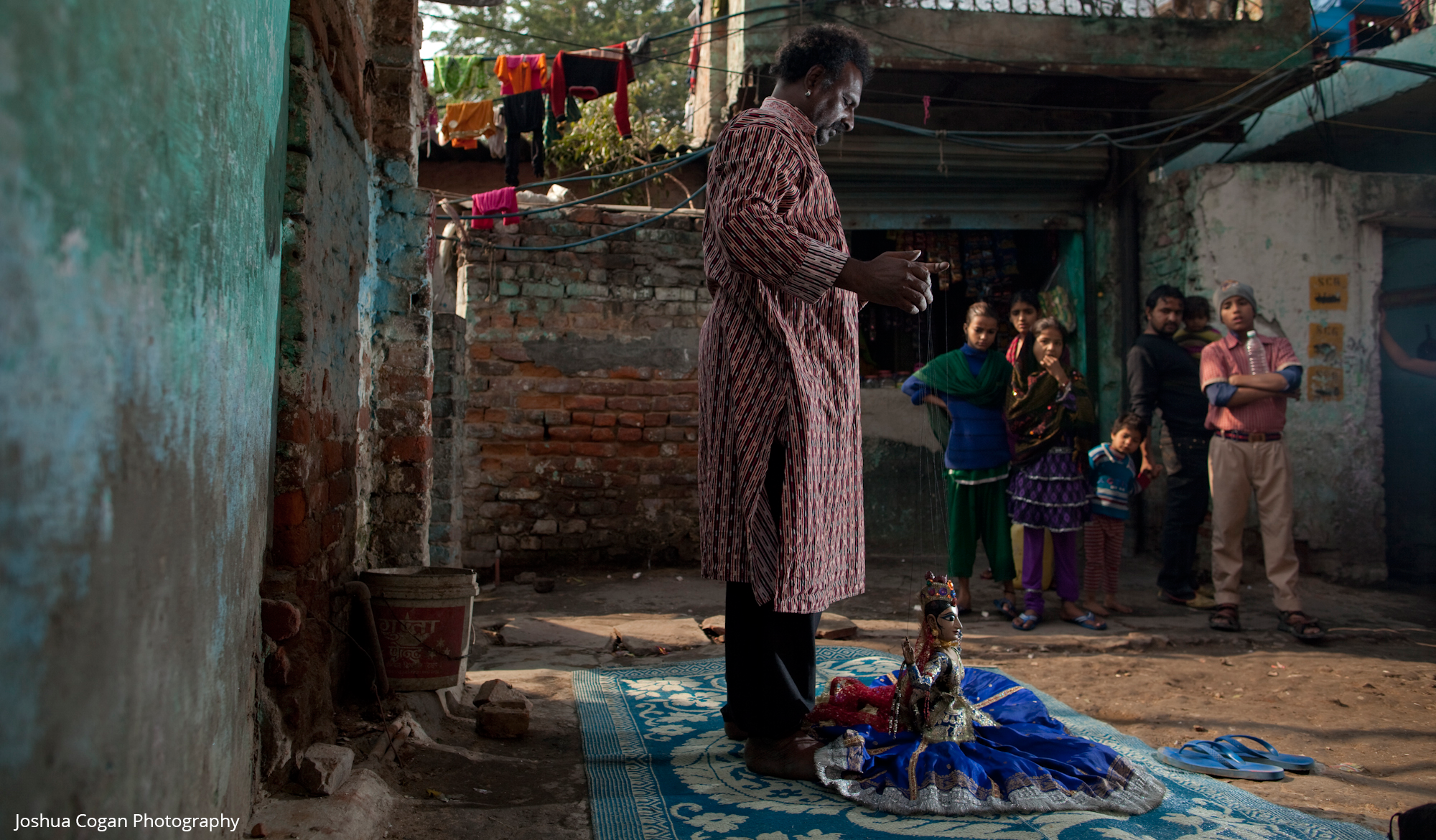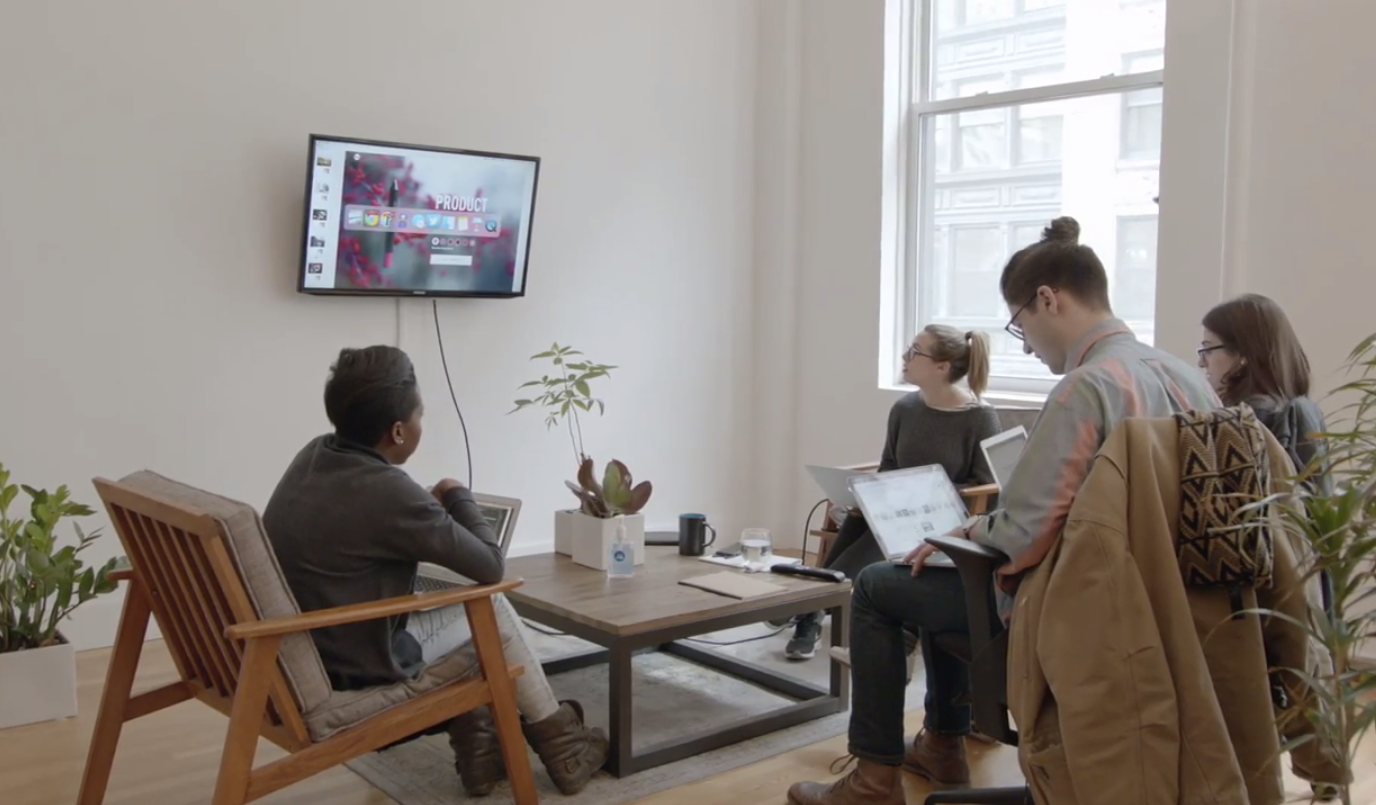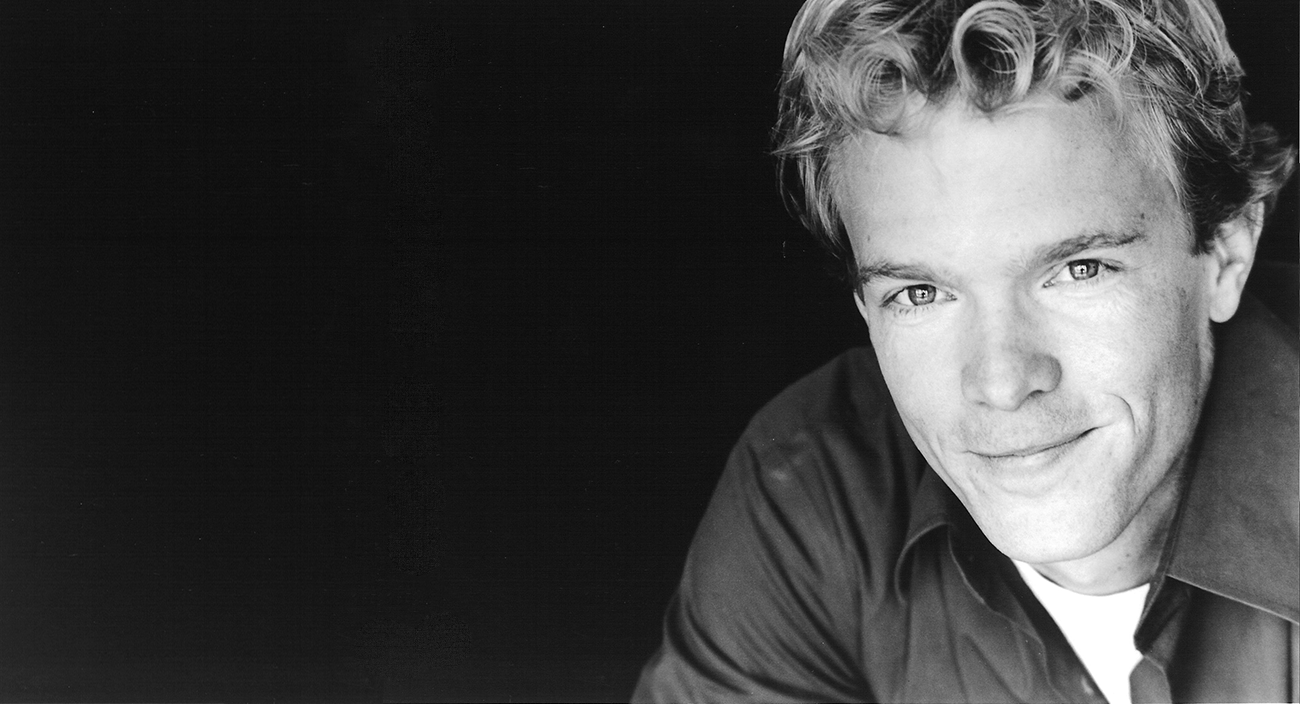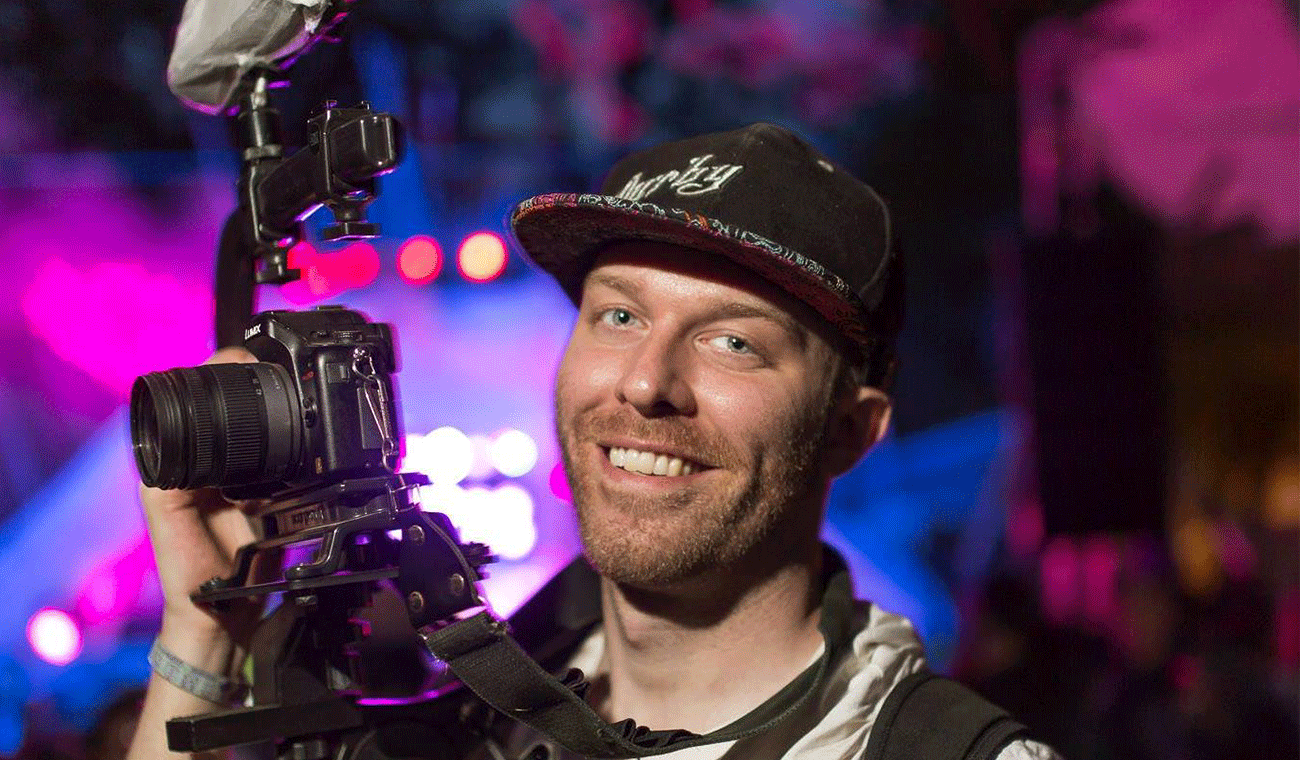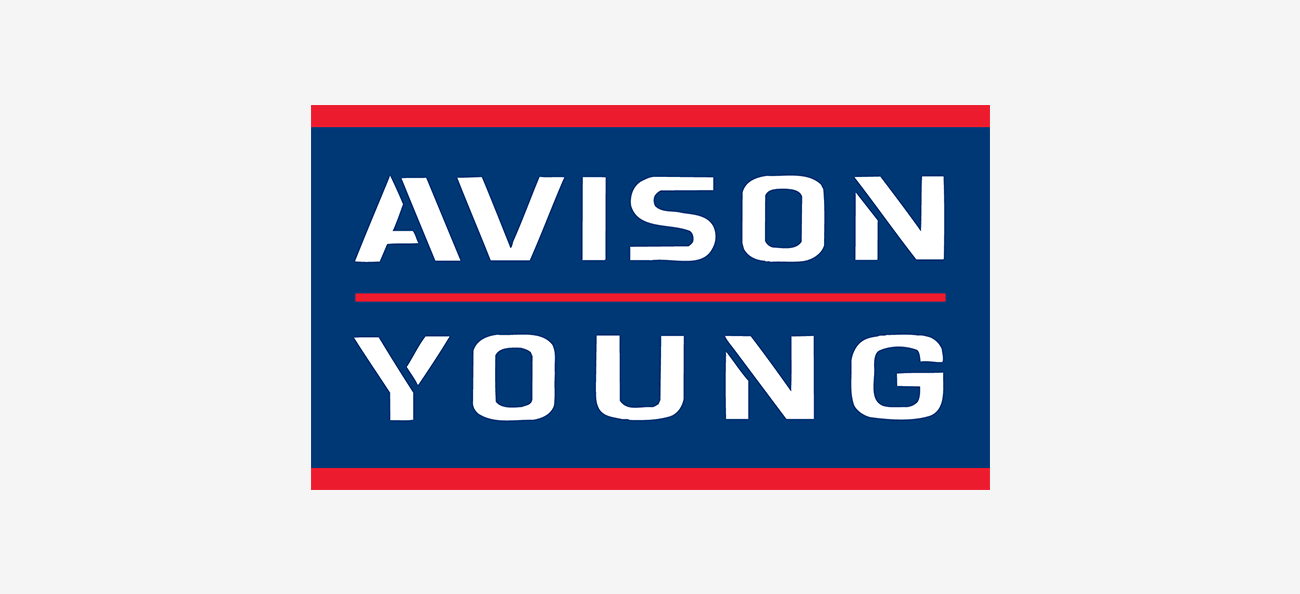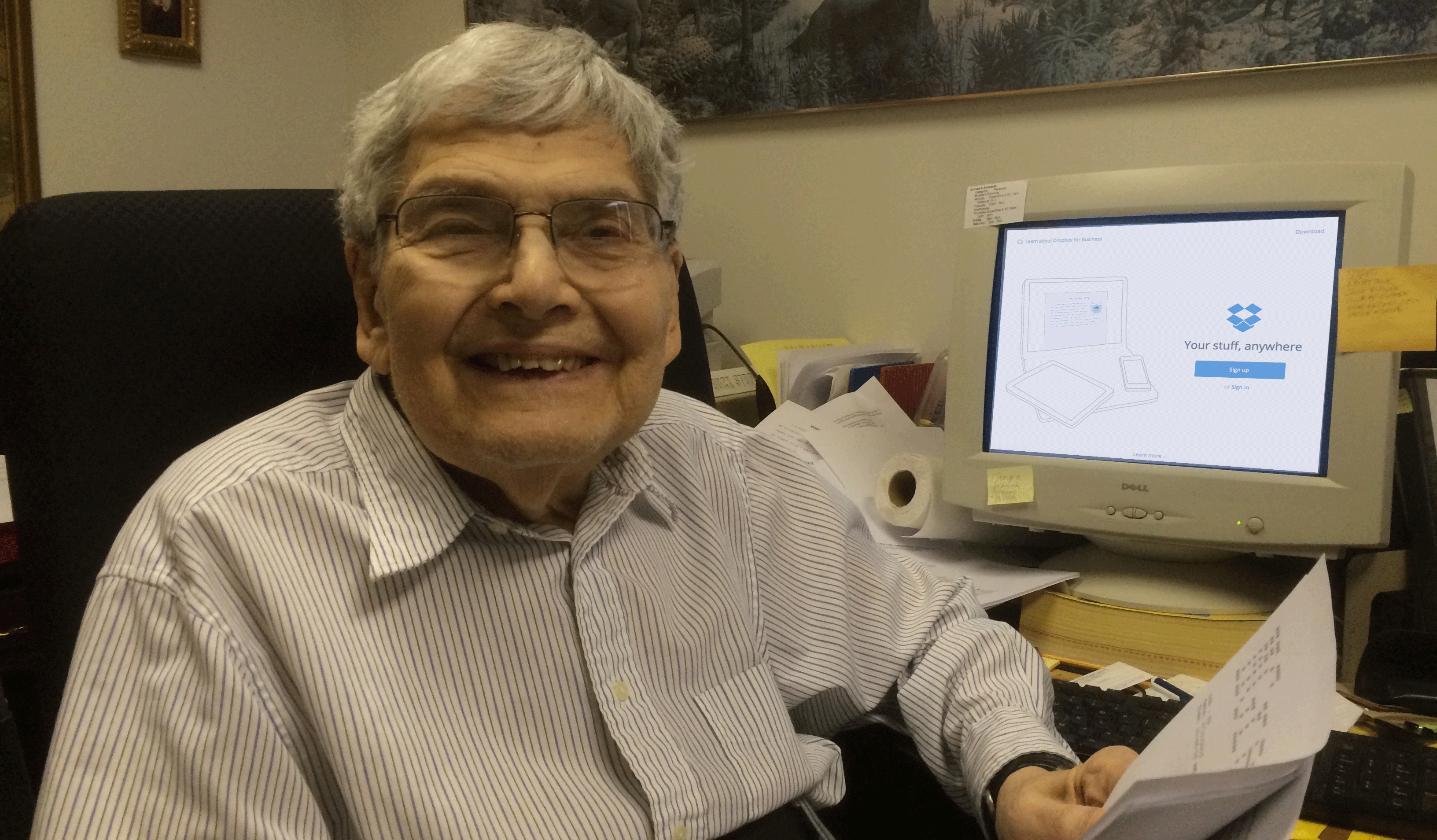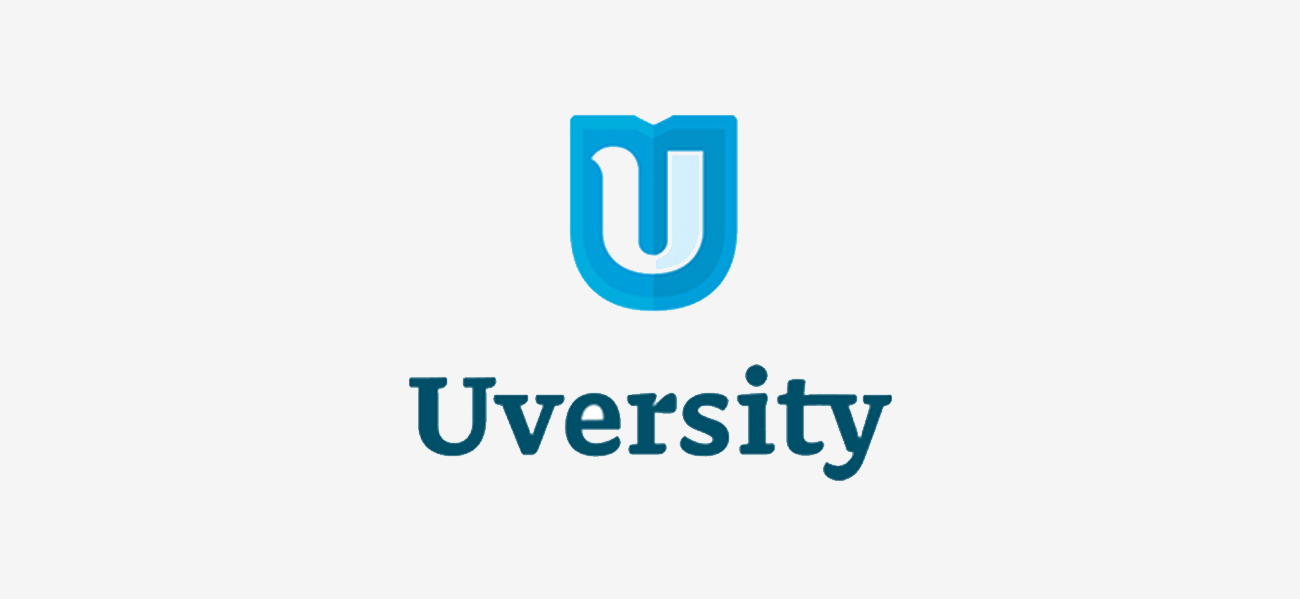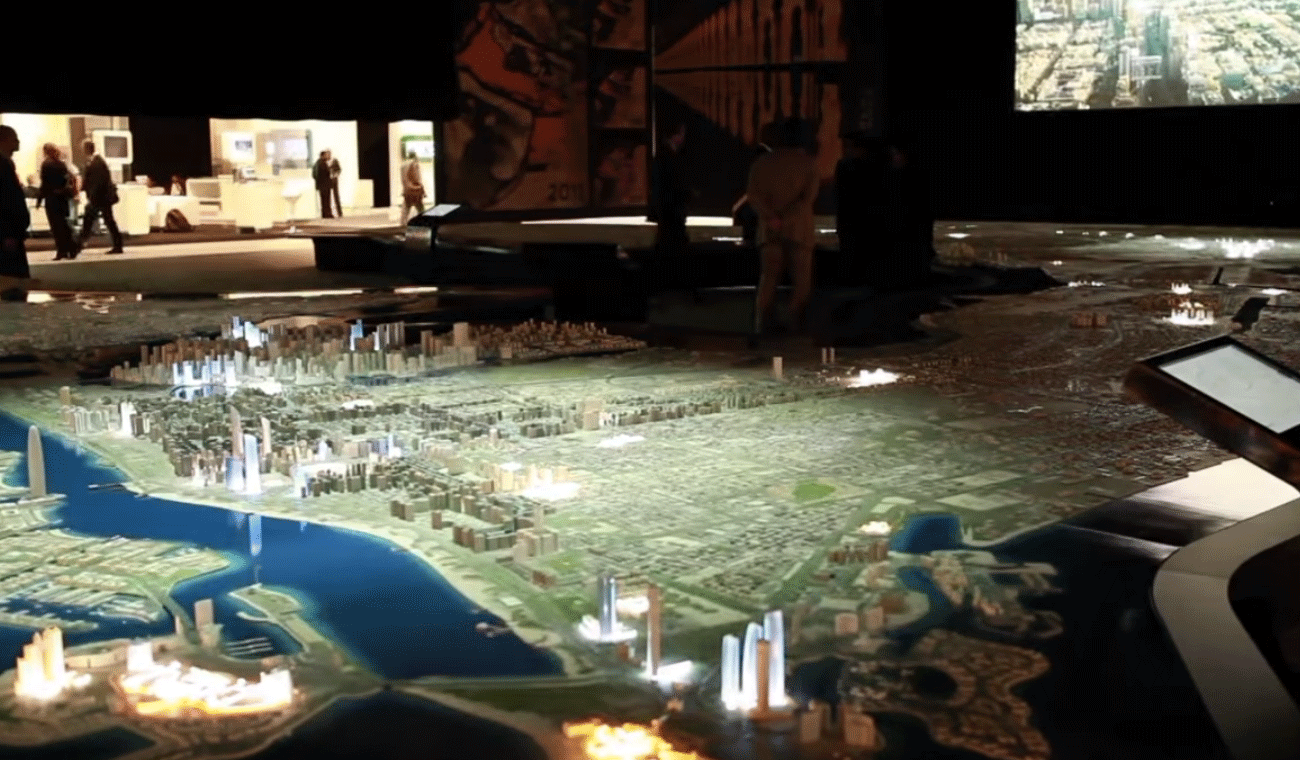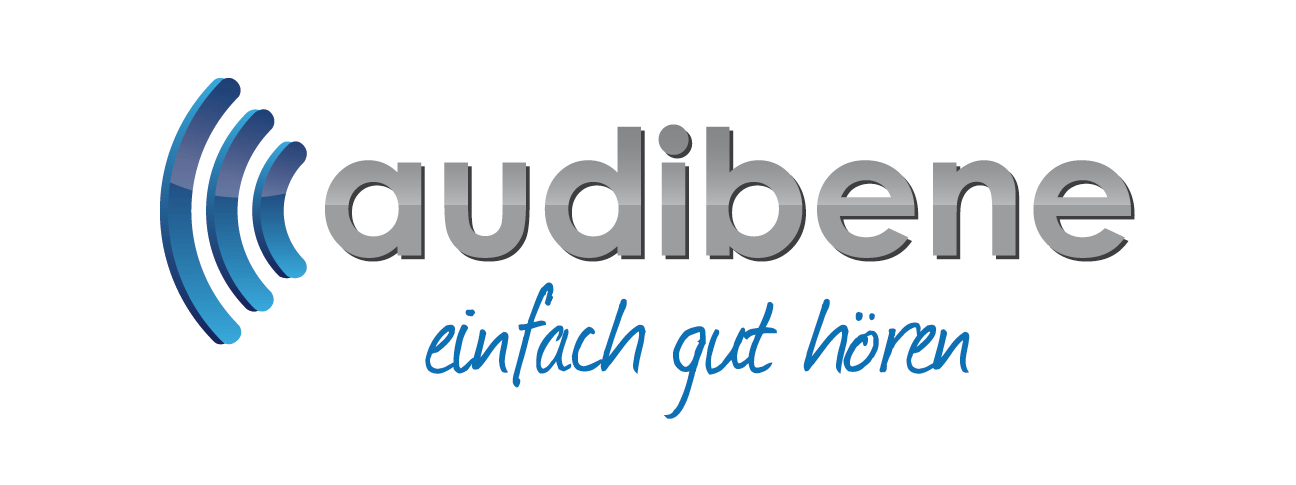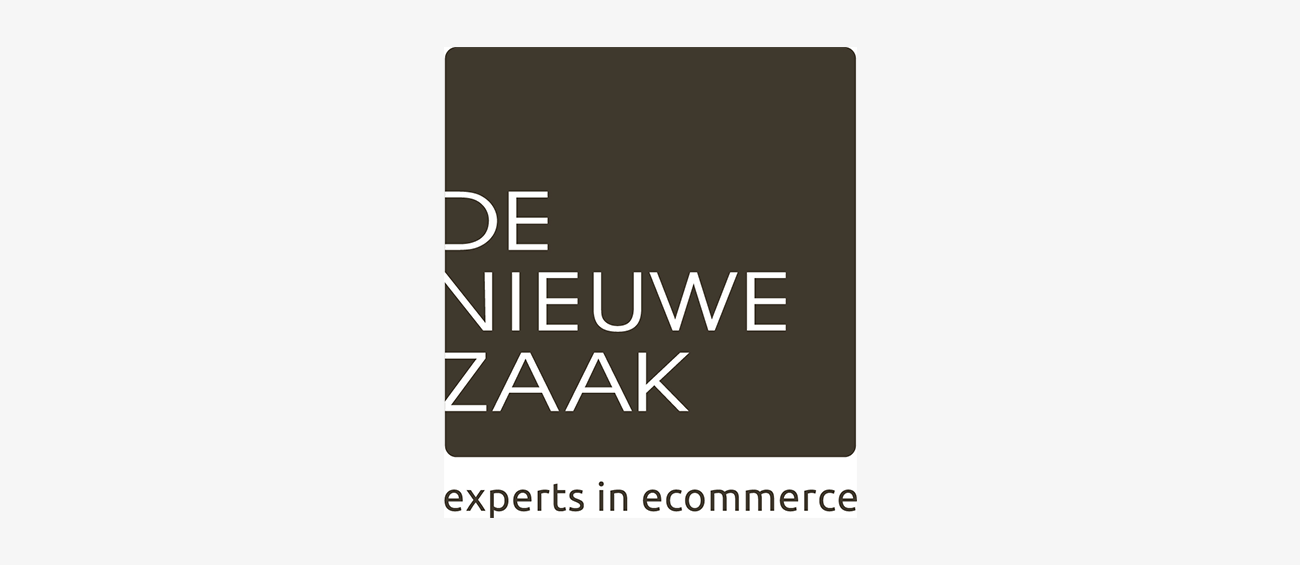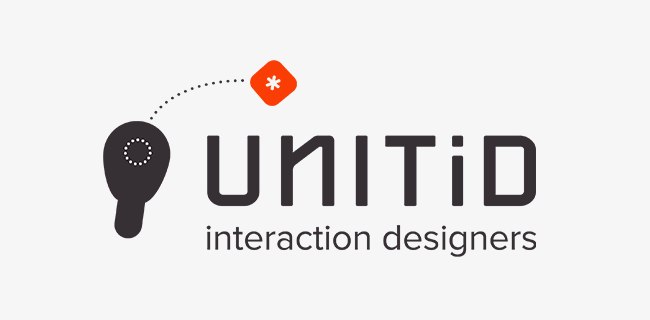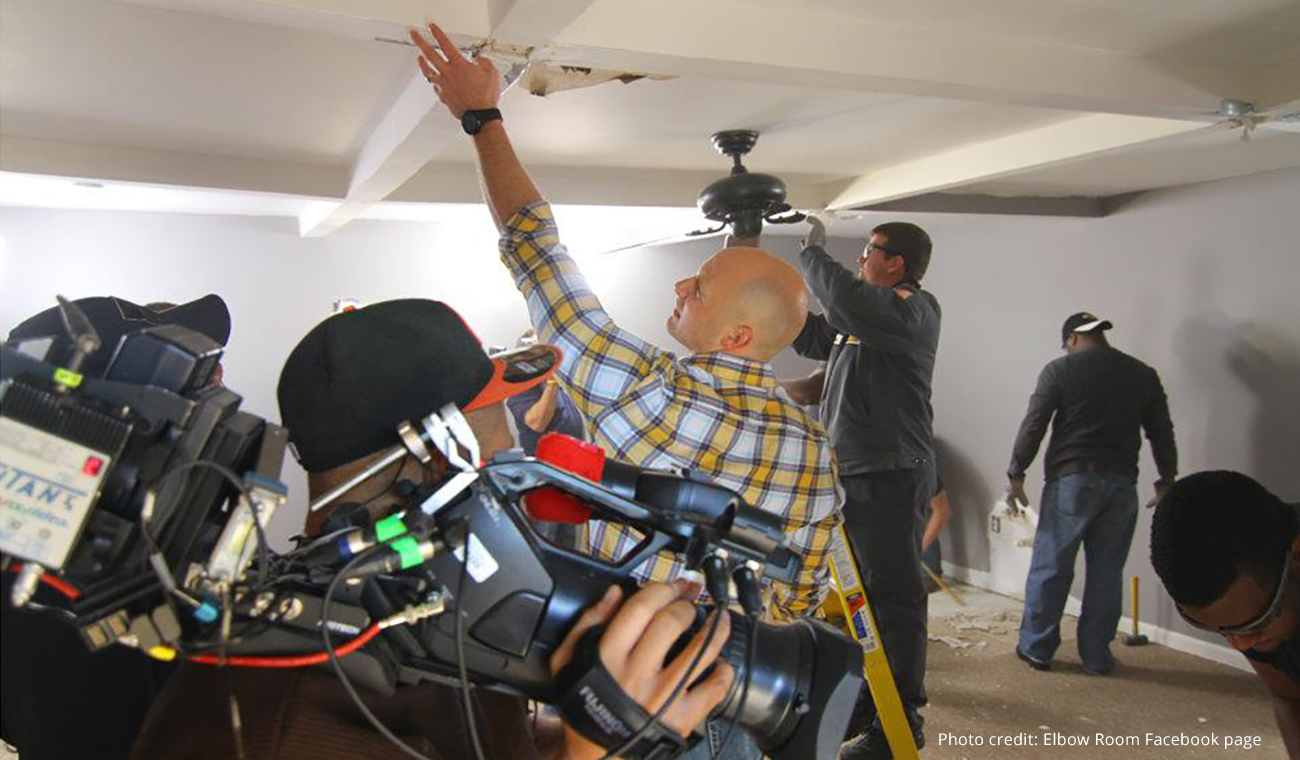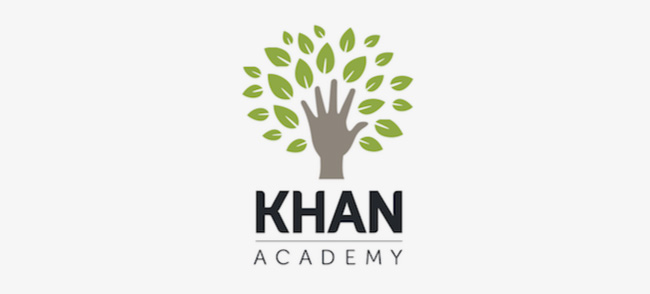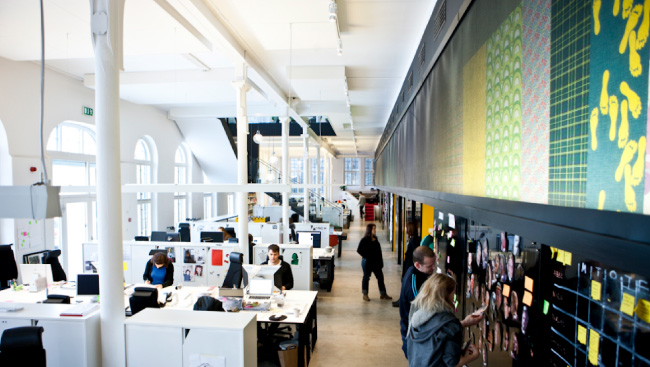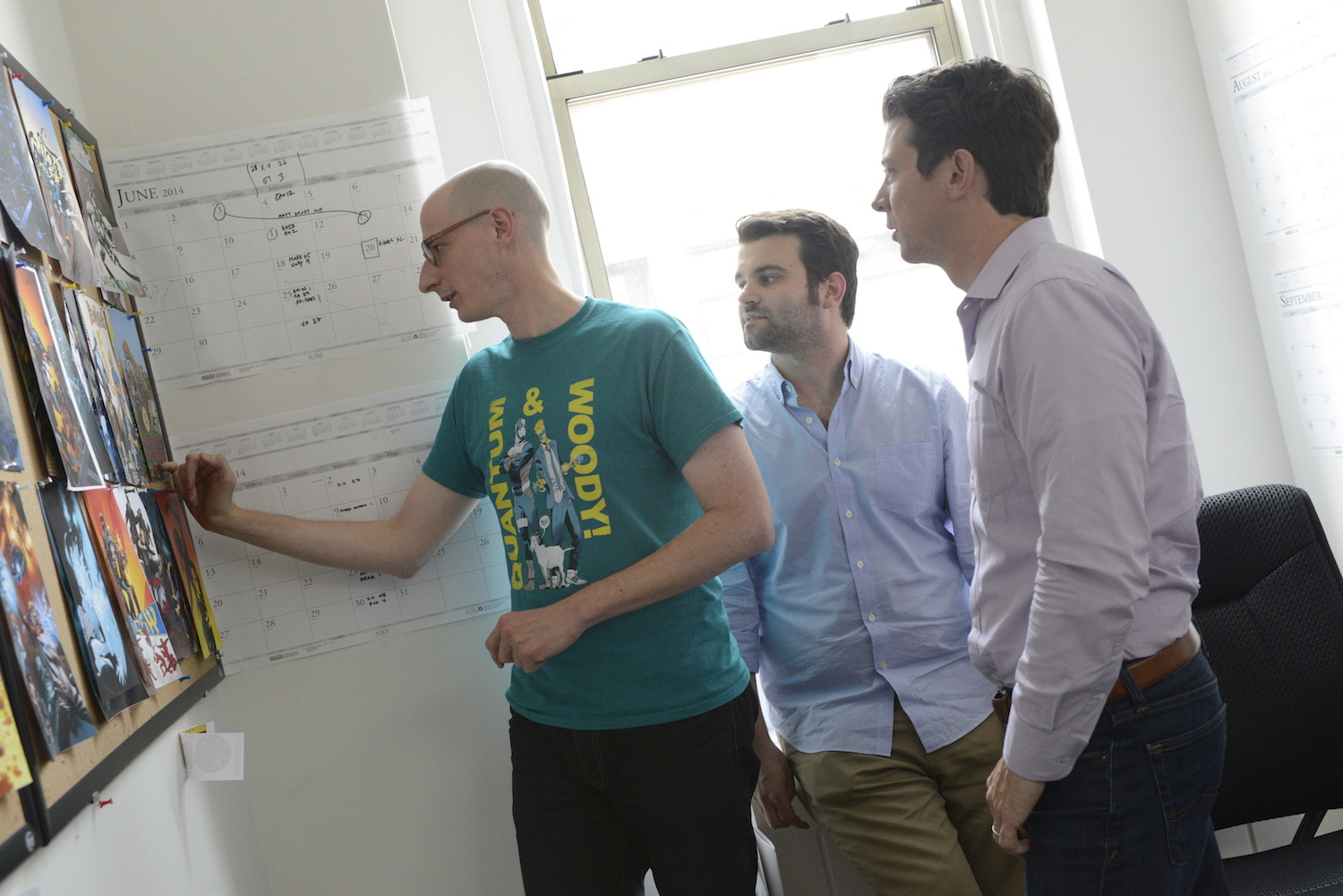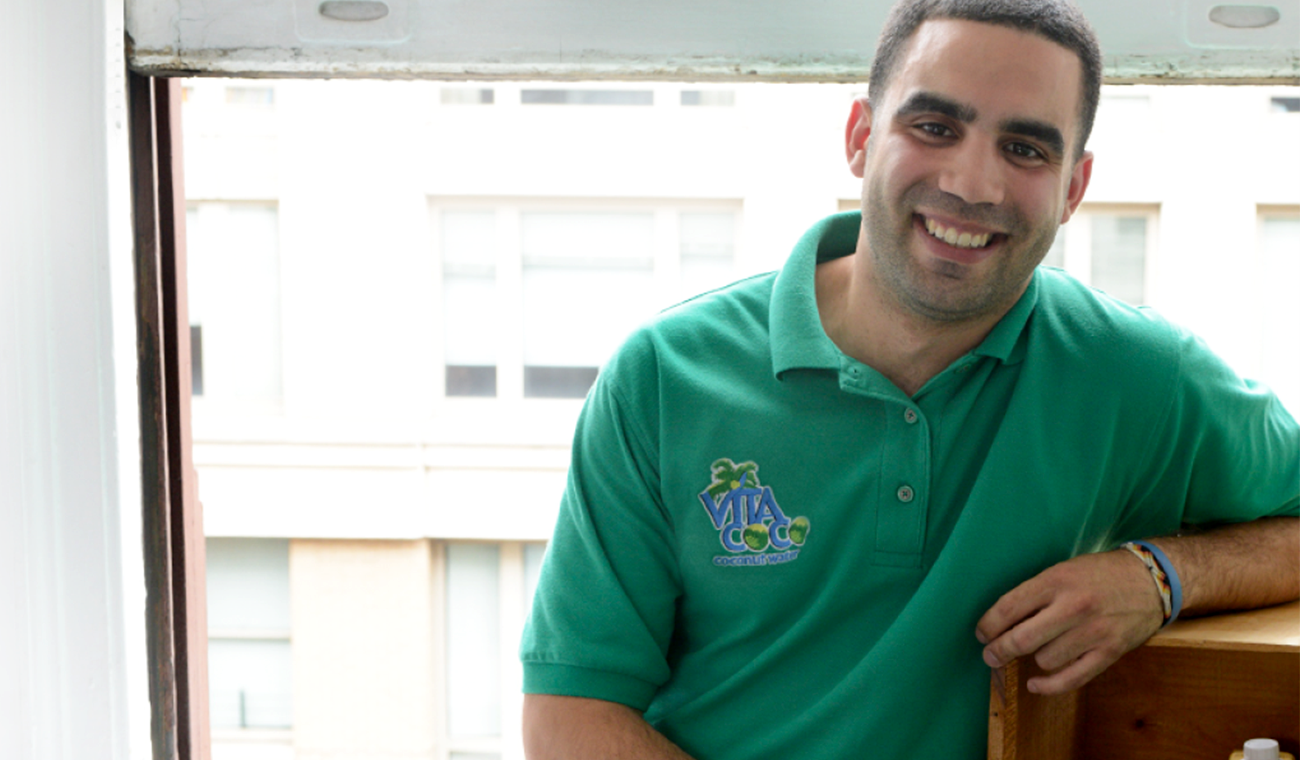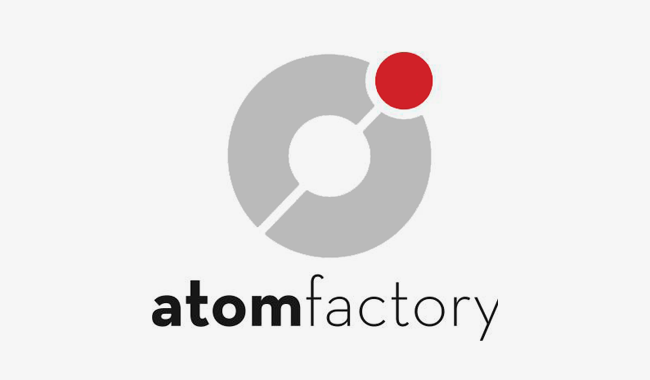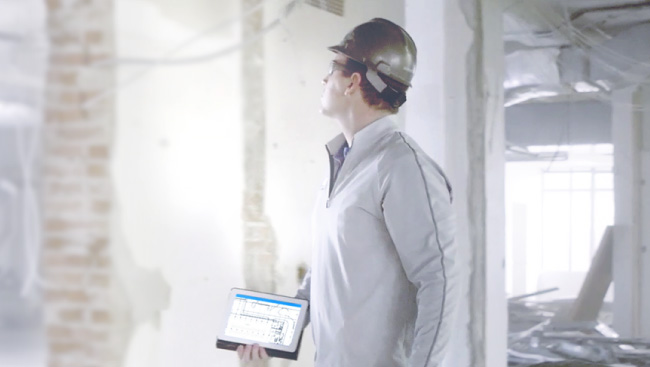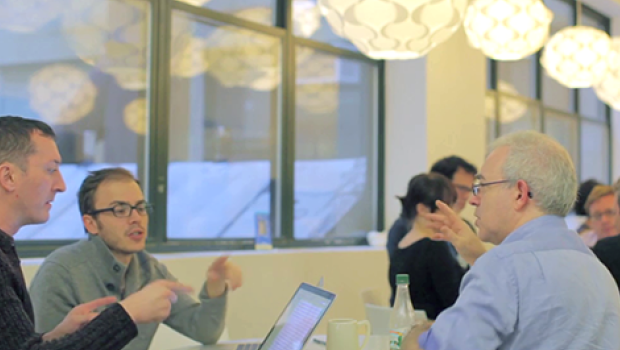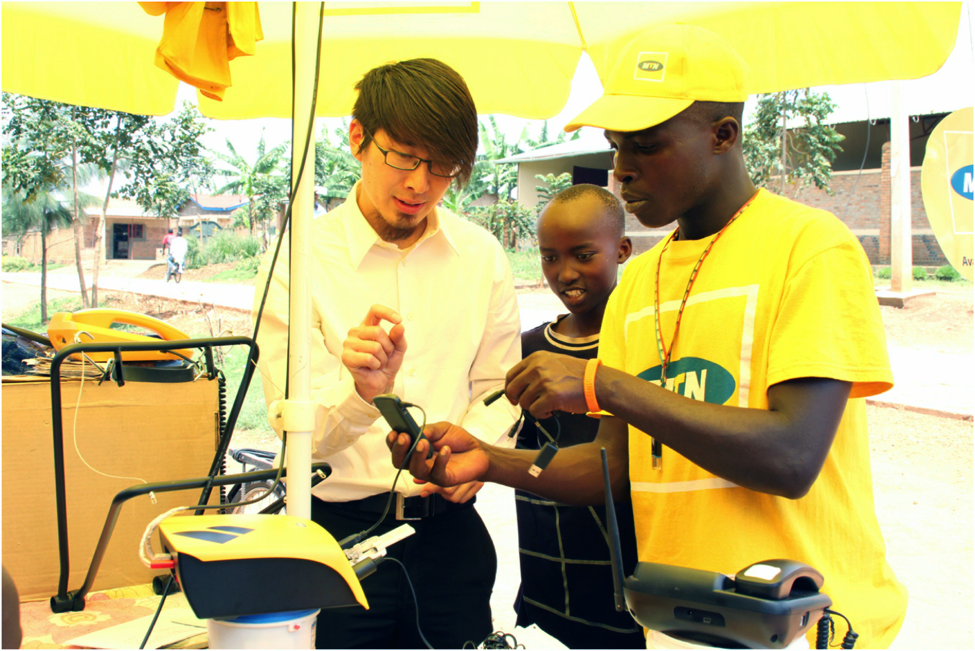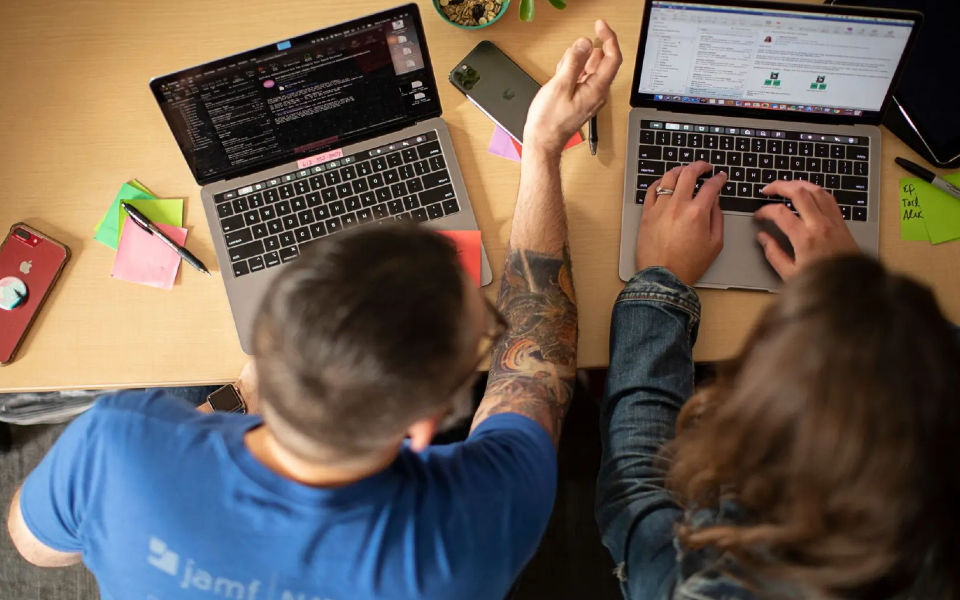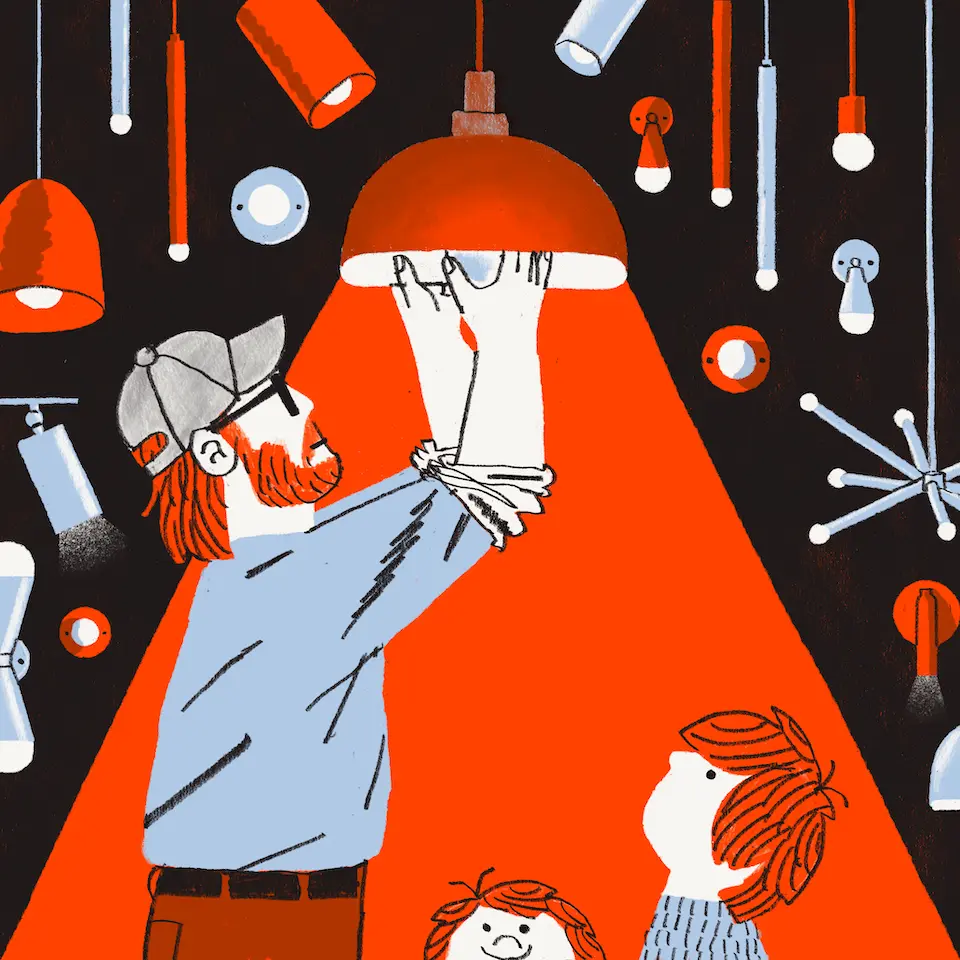
Streamlining operations with Dropbox helps Southern Lights Electric’s founder put family first.
The prevailing belief about parenthood and entrepreneurship is that there are no off days. But we’d like to push back on that: While both are 24/7 responsibilities, there are also ways parents and bosses can spend more of those hours living instead of merely doing.
Lighting designer Adam Gatchel leaned into that approach when he became a dad. As co-founder of Southern Lights Electric, he’s focused on eliminating work about work for everyone on his Nashville, Tennessee-based team of four. (SLE is known for its glamorous-yet-unfussy handmade lighting fixtures.)
Or as he puts it: “Really being able to clearly communicate without in-real-life communication.”
Much of that is done by having Dropbox power the company’s infrastructure, such as using Dropbox Sign for tracking details about projects and budgets. This allows Gatchel to be fully present with his wife (SLE co-founder and project manager Jamie) and their two kids, ages two and four. He’s challenging the belief that family time is reserved for vacations, weekends, or, more often than not, during those small pockets of time between tasks.
“By the time they're out of school at 2:30, I'm done for the day,” he says. “I'm there for pickup and for kid duty. We're hanging out, maybe going to the grocery store and making dinner.”
There’s also space for analog support, like the note cards he uses to list the top four things on his to-do list and the four things he’s grateful for: “Adding a little gratitude to your morning to-do list, I think, is really good and healthy.”
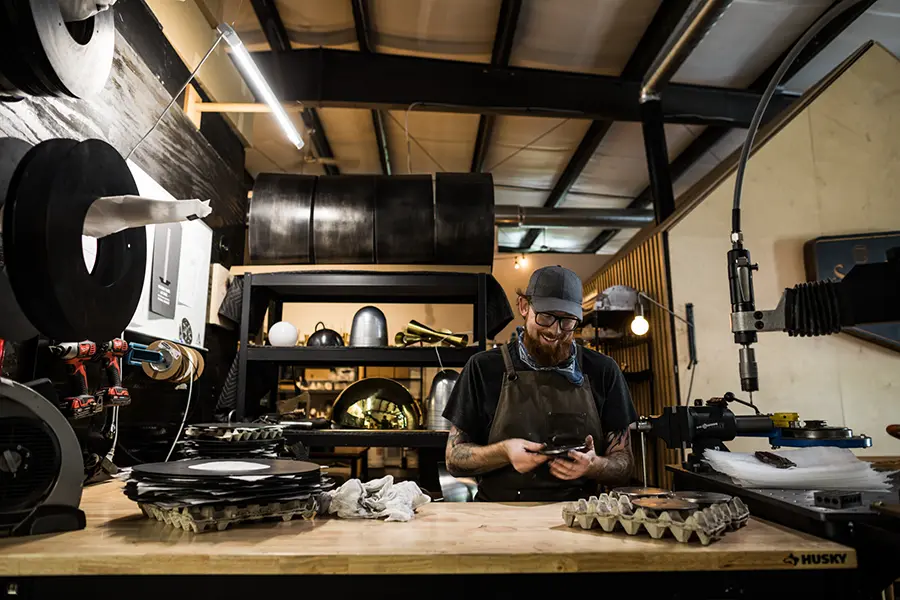
All-nighters and burnout are a thing of the past for Gatchel. Southern Lights Electric is still the award-winning, go-to brand for industrial and mid-century lighting fixtures. But now, he’s setting the pace.
“Right now, in this season of life, we’re trying to spend as much time at home as we can,” he continues. “So whatever efficiencies we can put in place to keep on top of tasks without working every single day… [we’re doing].”
Gatchel spoke to Dropbox about how he learned to create boundaries in his business and the tools he uses to enforce them.
Was there a moment that really solidified for you that, like, This is the longest shortest time and I need to be present?
My son was born right when COVID started. The world shut down and we enjoyed all that time we got to have without the outward pressures we would feel normally. That’s when my priorities really shifted—just wanting all the time I could get, not wanting to miss out on anything. So we tried to retain that mindset as we came back into the world. We used to spend late nights at the shop, or working overnight. Burnout's super real. But it's totally different now that you have kids and want to be home for dinner and bedtime and bath time and those kinds of things.
So as much as entrepreneurs focus on the hardcore, get-things-done mentality, I think it's so important to find out what you want to be spending your time doing, and really design your life to help meet that goal.
Let’s back track a bit: How did you set up the company so that you could have more time with your family?
Well, it wasn’t supposed to be a company originally, just a hobby. The way we actually got our business license was someone wrote us a check to our business name and I didn’t know I couldn’t cash that without a business license. That’s when I was really like, Okay, now it’s a business.
But even the first couple of years, I was thinking, This isn’t really going to work out. After two years of it working pretty well, that‘s when we got our shit together. Like okay, let’s put all the things in place that we didn’t put in place initially, like accounting, file organization, and branding. I mean, everything.
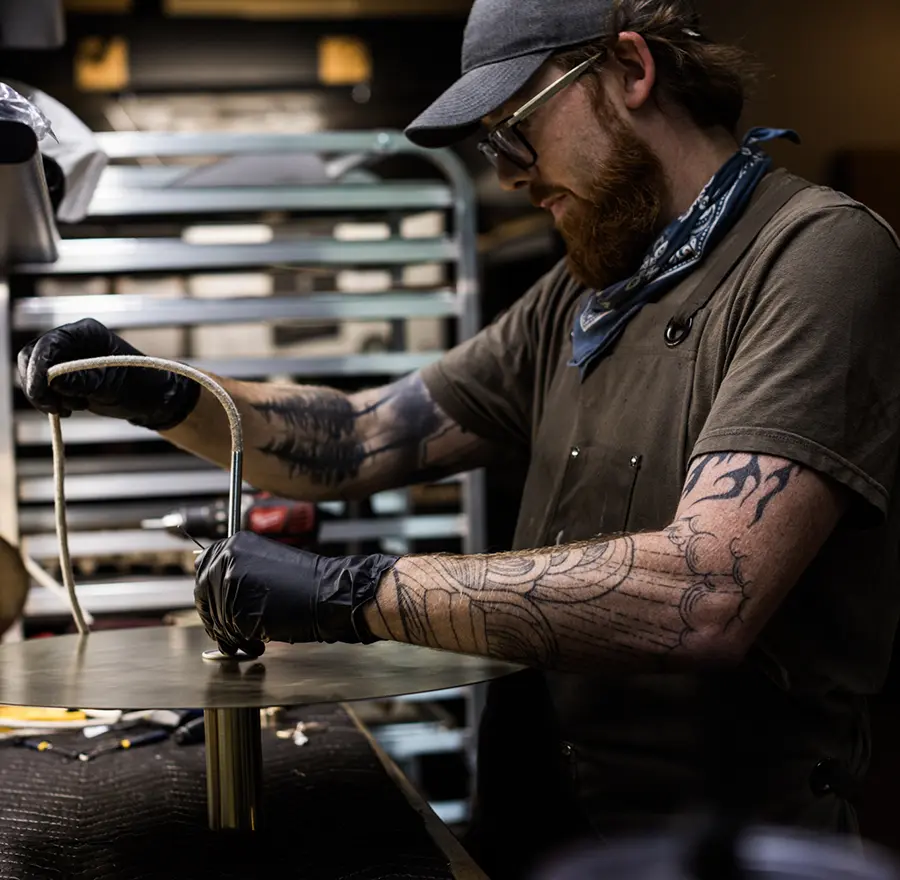
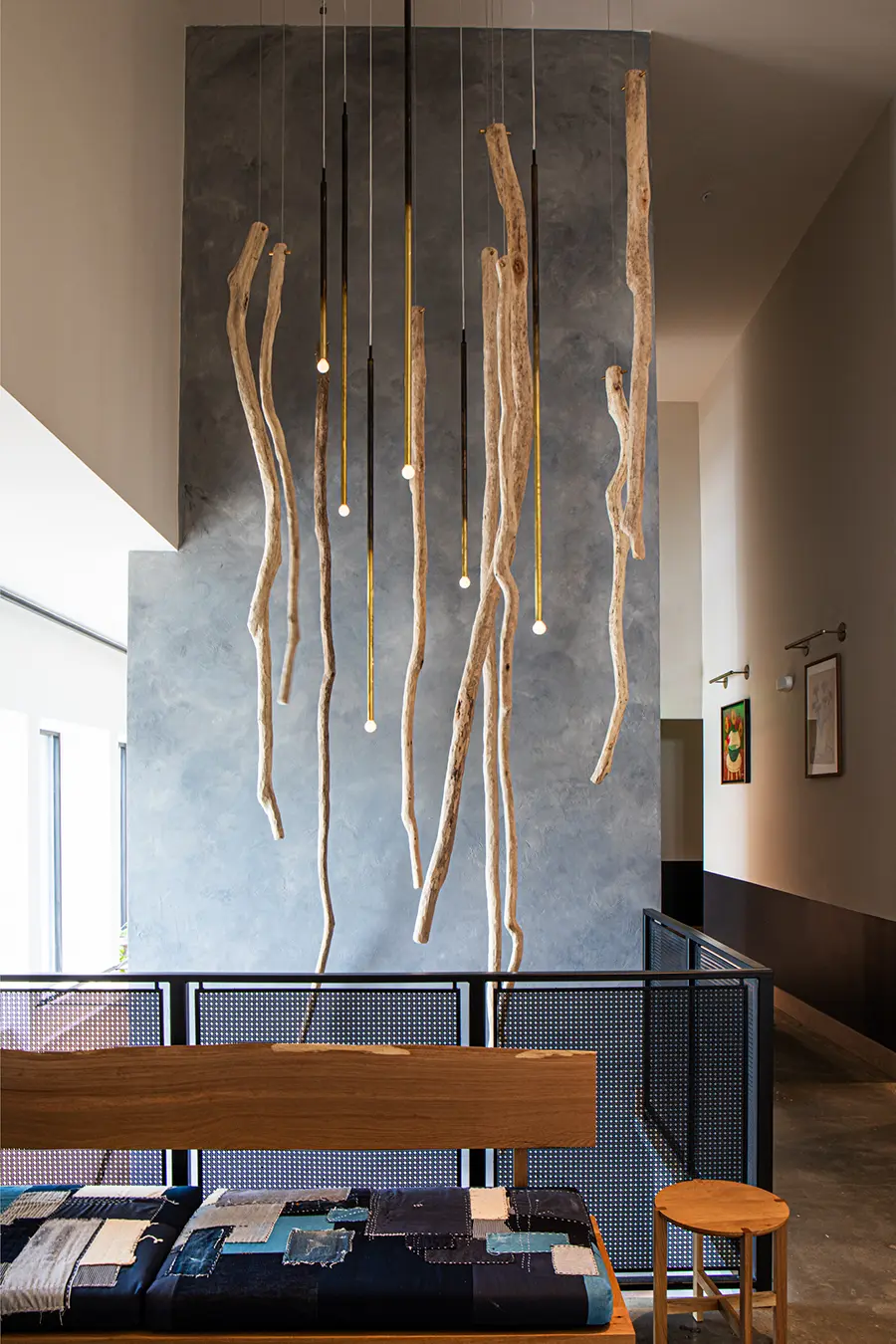
We’re a pretty small team, but Dropbox helps us stay in close communication. We all use the same grouping of folders—they're divided amongst production, design admin, a few other categories. I'm on the design side of things, so I have a few people that I work with, but I don't necessarily see them every day. We're able to keep up to date on what each other is doing because we have access to all the same files. So that makes it so you don't have to actually be there to get more work done. And we use Dropbox Paper for everything. It's just about having all that information in one spot that everyone can put their hands on.
We used to do a lot of custom work, but with the custom work came all this paperwork. There were designs that had to be signed off on or purchase orders. So we used Dropbox Sign for doing all that signature work. Prior to that, we were still mailing stuff and screencapping PDFs. It was so messy and inconsistent. Sign just made us look more professional.
It sounds like you’ve had to become more decisive over the years. Is there anything you’d like to impart to fellow entrepreneurs about that?
Figure out what you want, not what other people want from you. Early on in my business, we were very reactionary and the course of our business was very much determined by what the market wanted from us. At the time, it was custom lighting, and it was doing all these different projects. It was fun to feel wanted, but it was not really serving what I really needed and wanted to do, which was to have financial and home stability…. I'm just trying to think, how does that apply to your question?
I think that's kind of it. If you keep saying yes and yes and yes to things that make you feel wanted but aren't necessarily serving you, you're saying no to the things that...
Yeah, exactly. Saying yes to too many things, I think, is a warning sign. Saying no is a muscle that we have to work out. For a lot of people, it's hard to say no: You naturally want to be a people pleaser. But you have to practice saying no. Usually, there's some trial and error.
I love your notecard gratitude practice: Do you mind sharing the four things you were grateful for today?
We had a new employee start this week, so I'm super thankful for that. And this morning I got to walk my kids into school and meet some of their friends for the first time, which was really cool. After we pick them up from school, we're gonna go get some ice cream, so that'll be pretty special. We actually do that quite often; I say it's special, but the kids think it's really normal. If we're not eating ice cream, they think something's up.

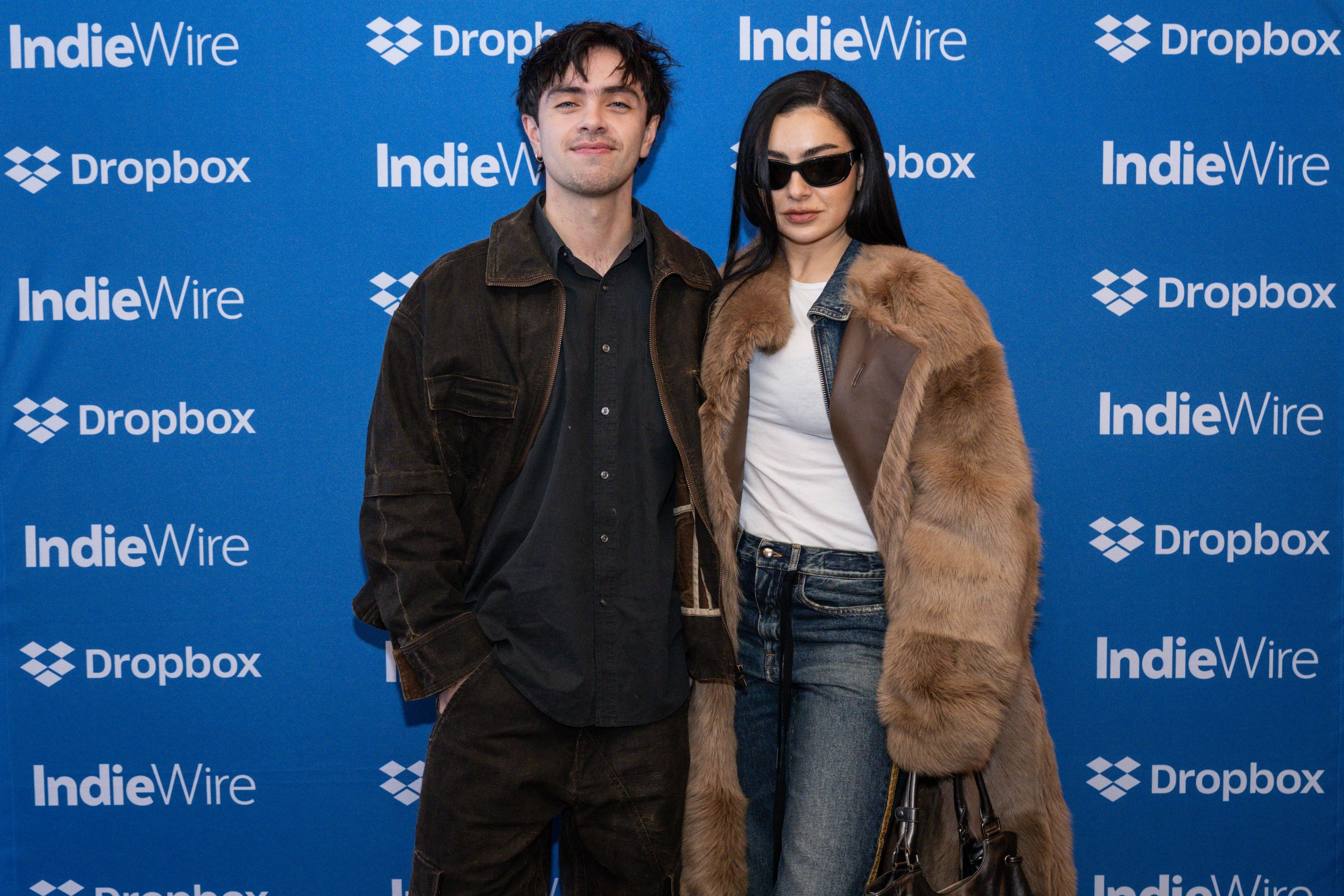
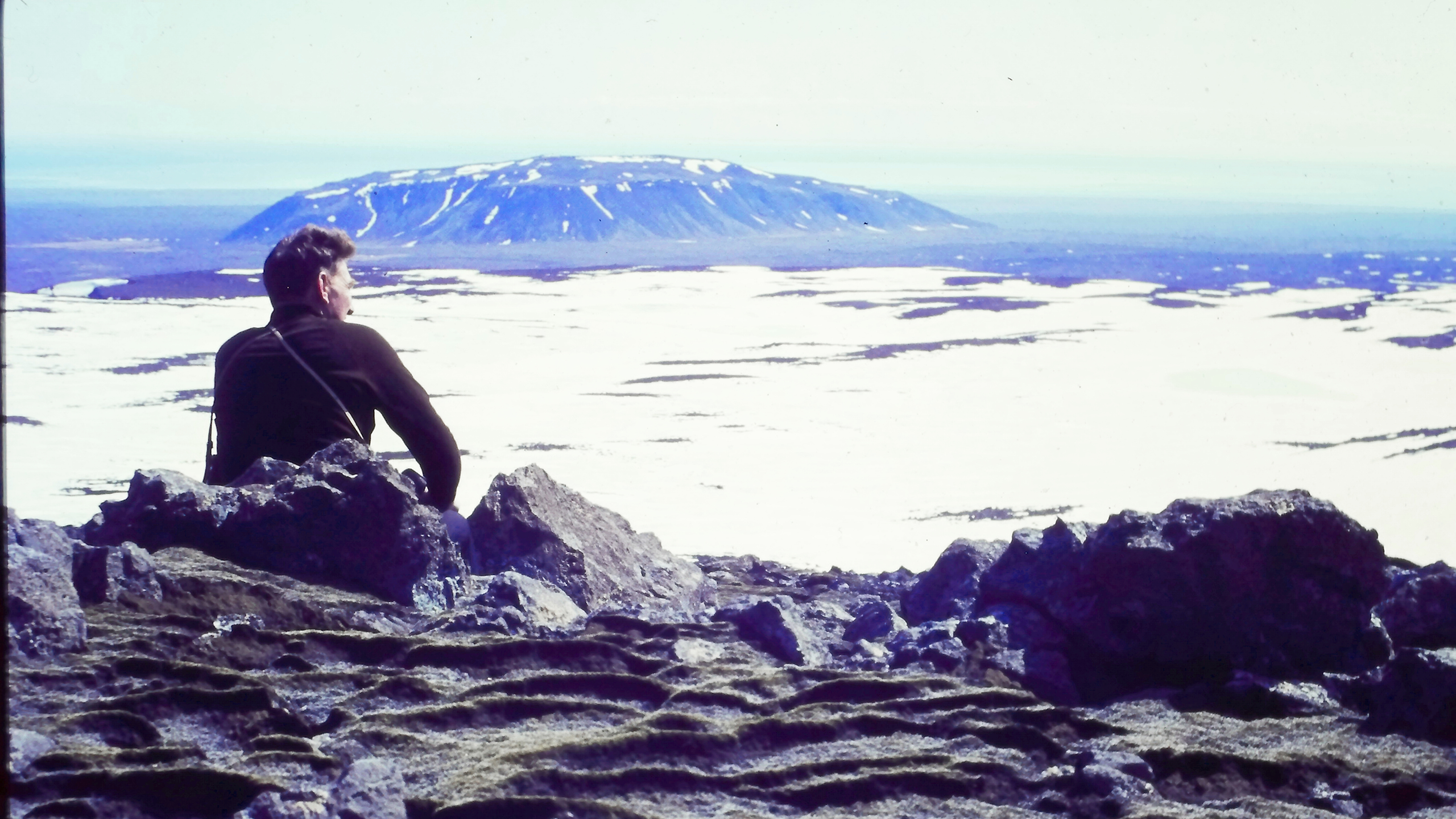
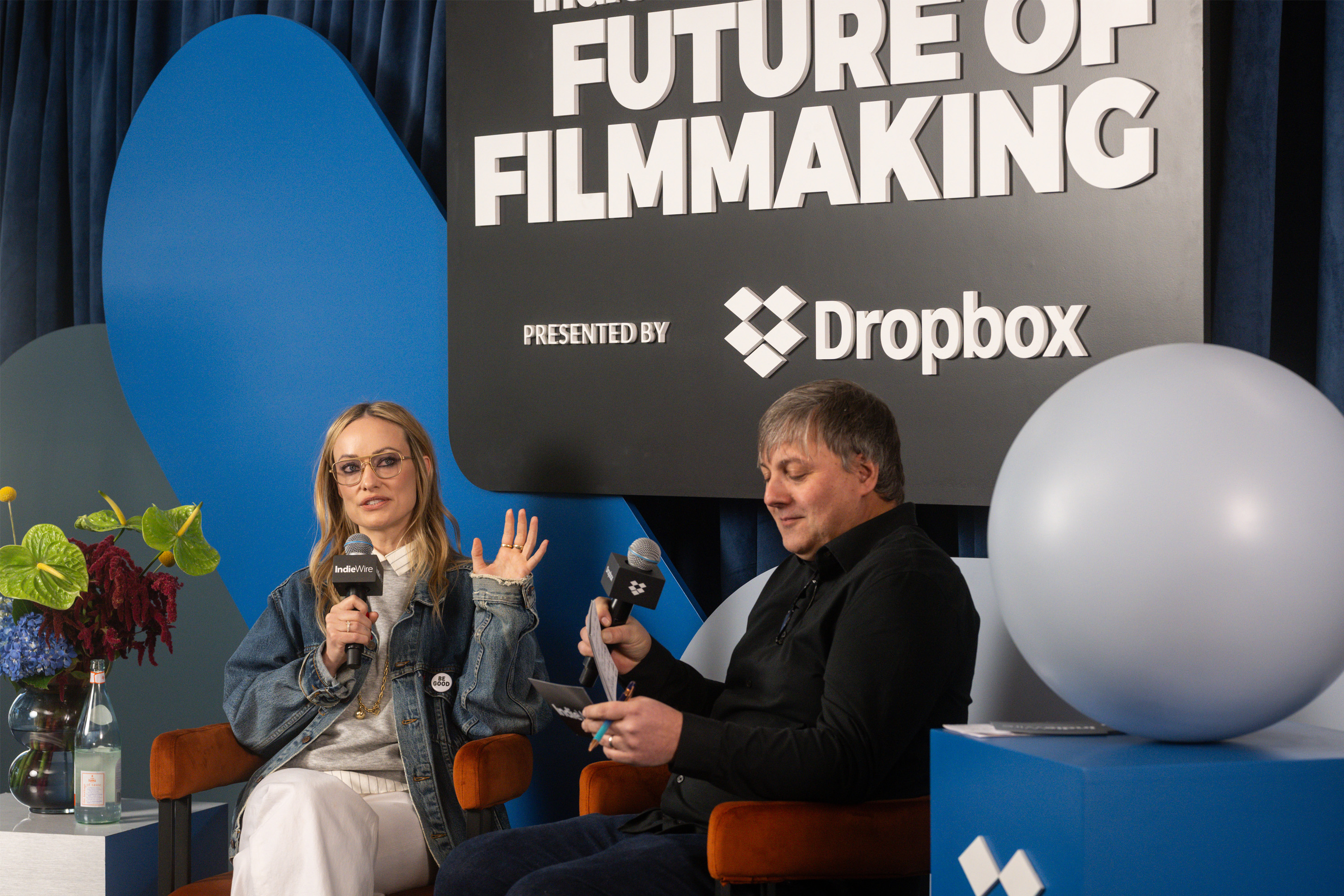
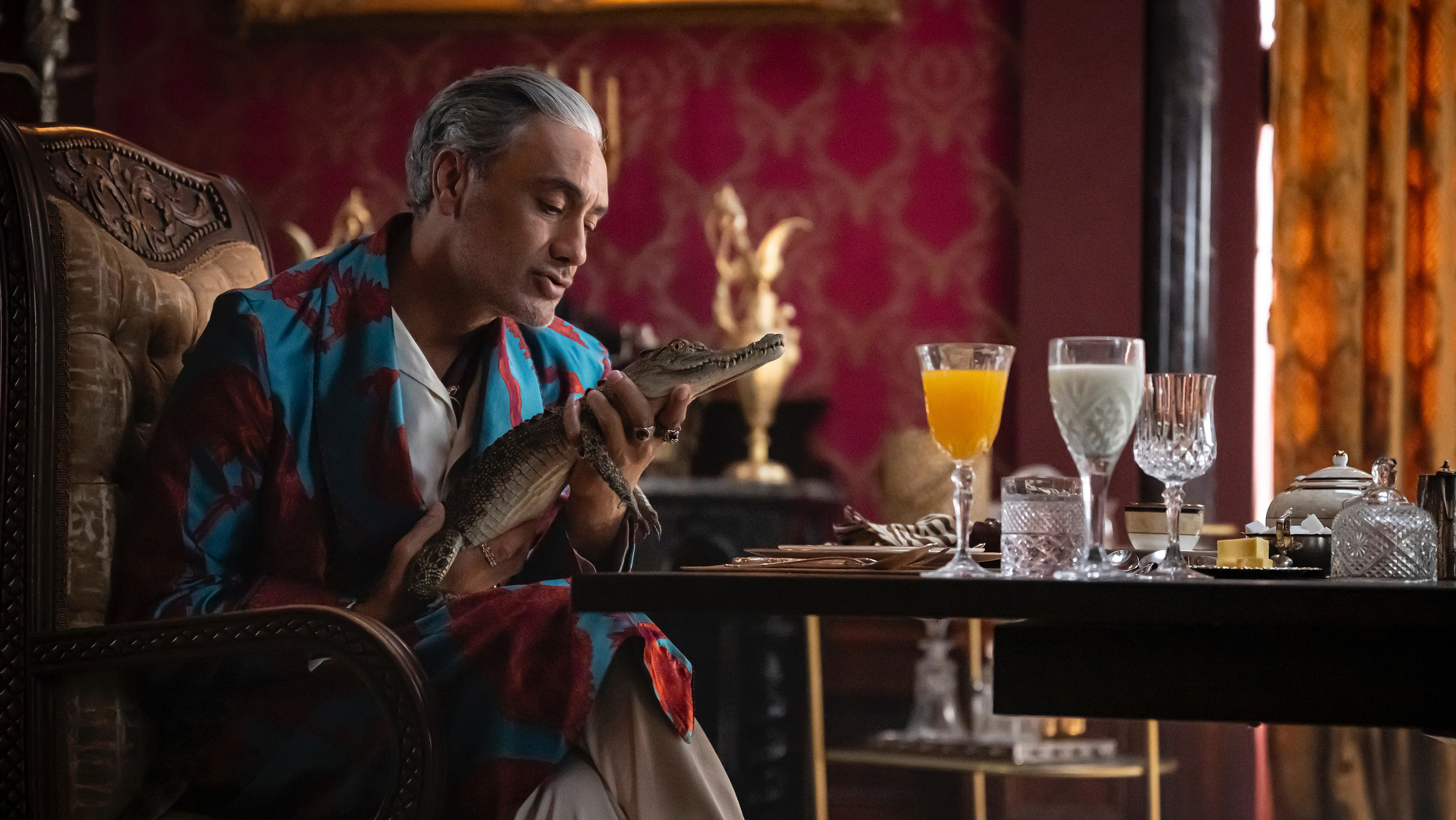

.png/_jcr_content/renditions/hero_square%20(2).webp)
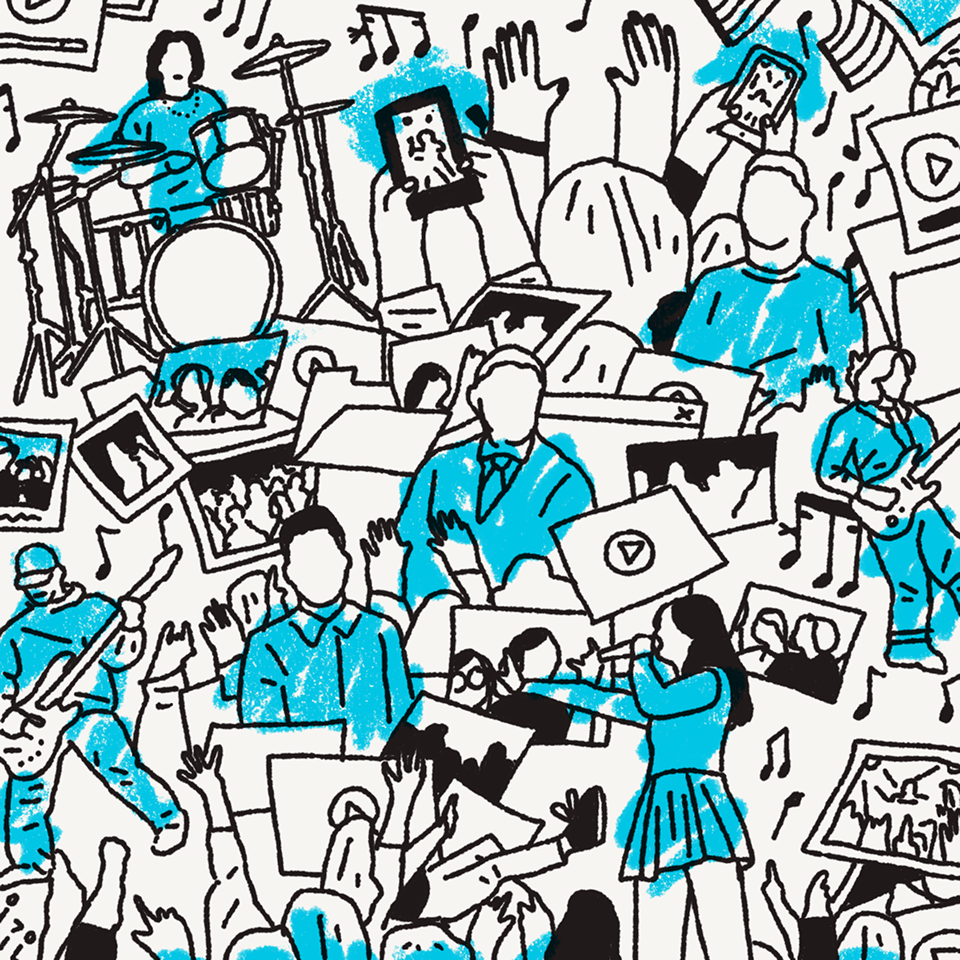
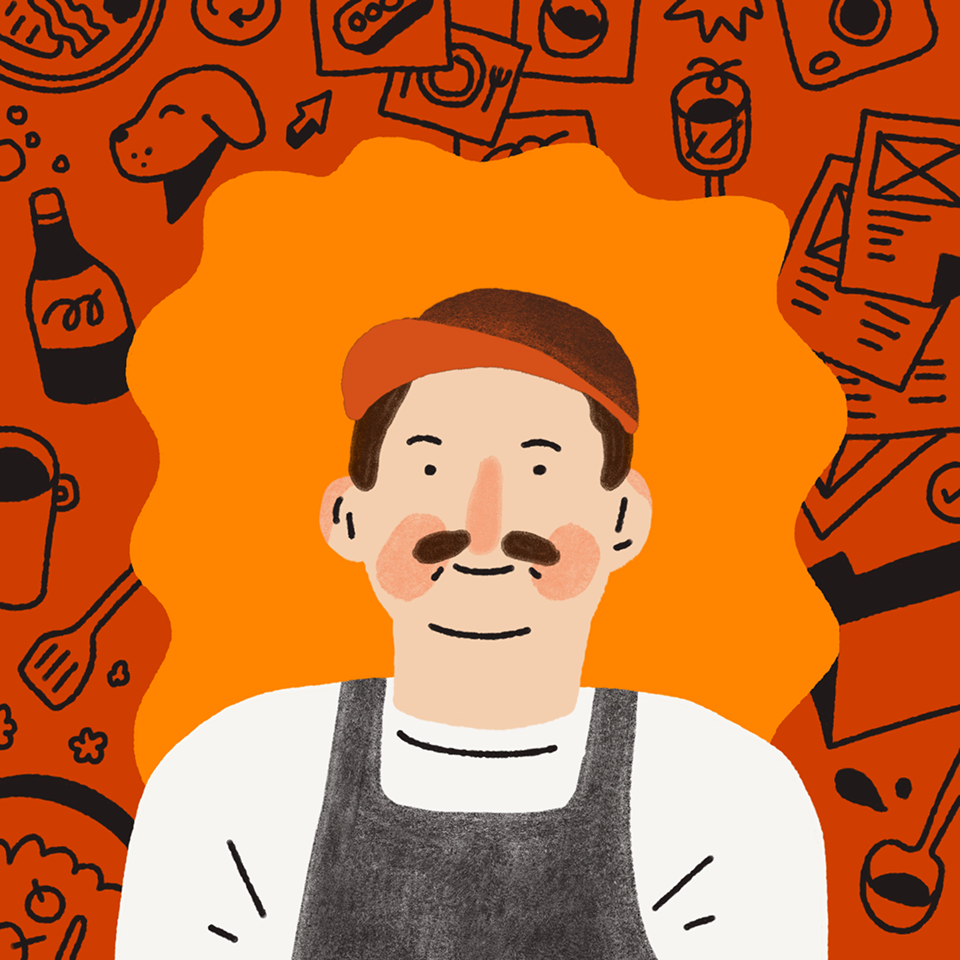





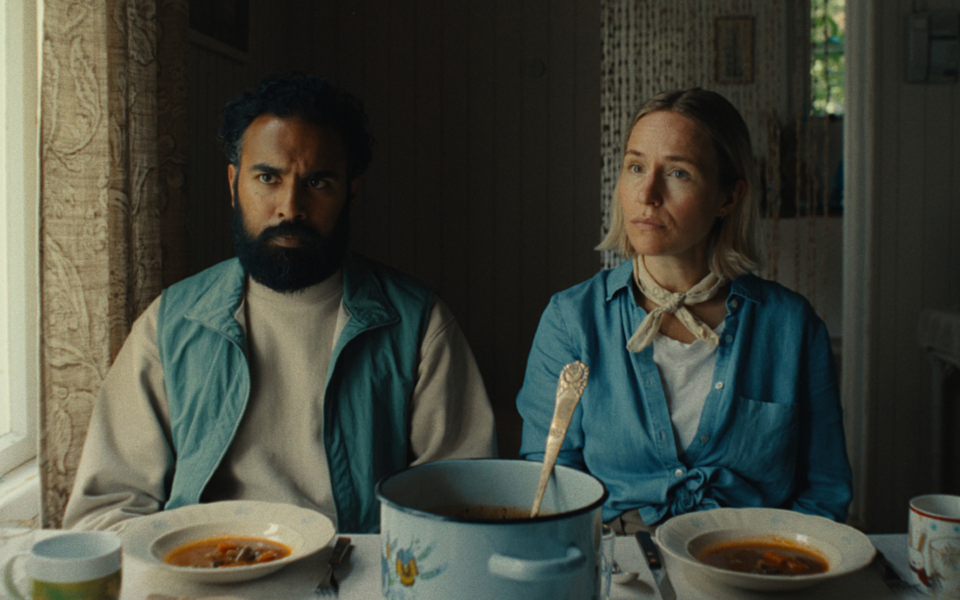
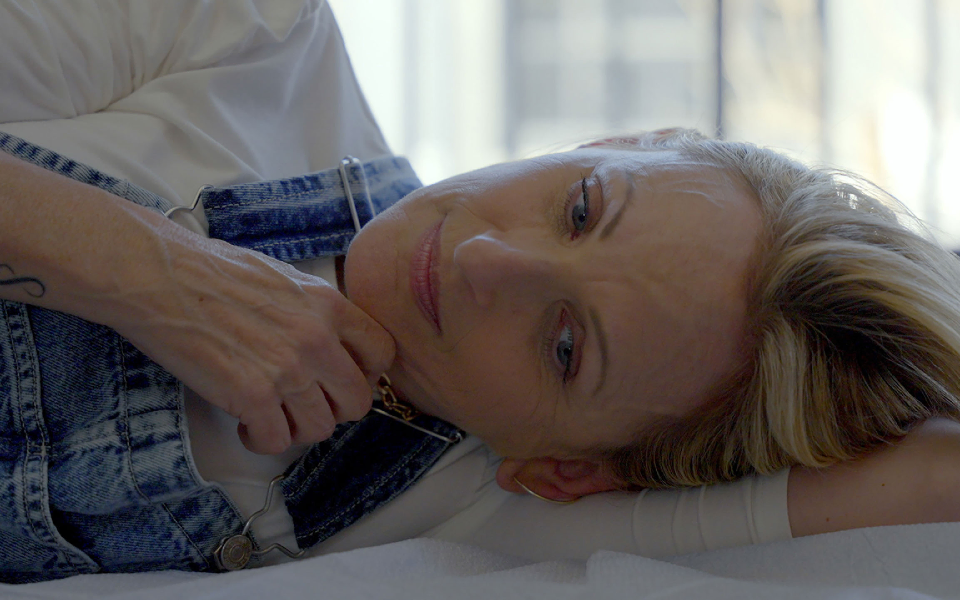




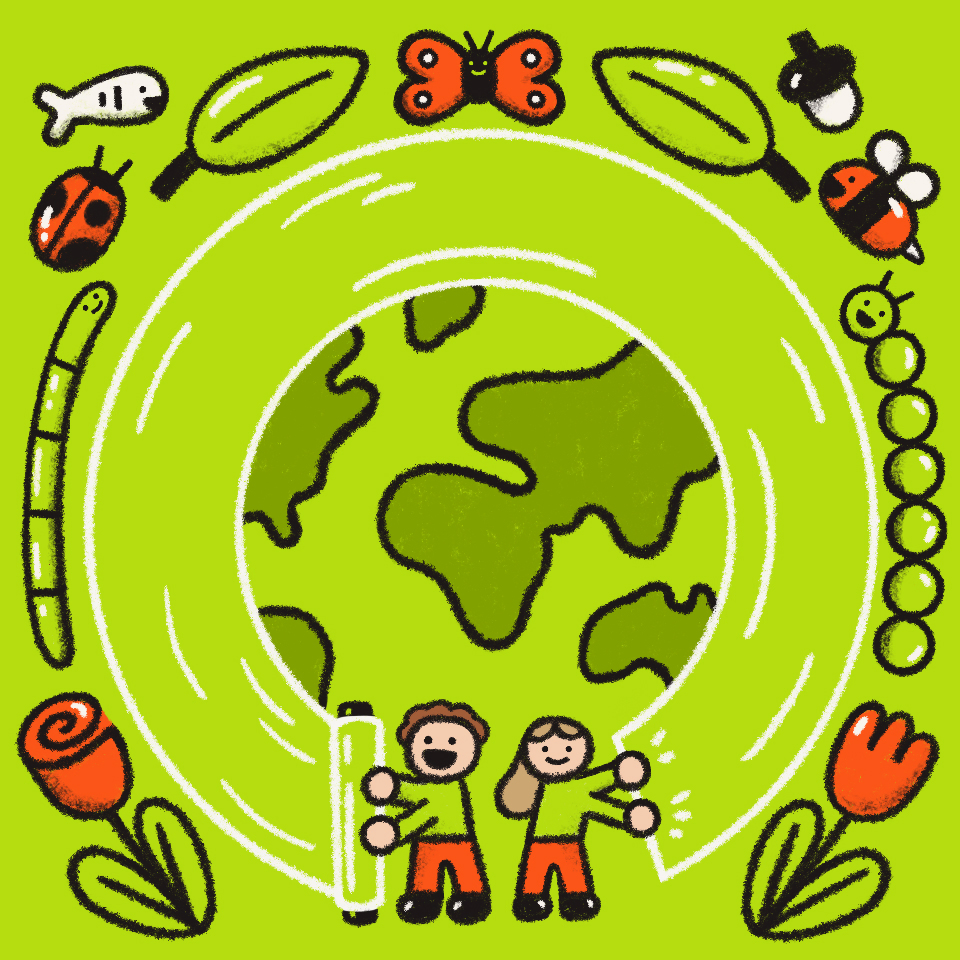
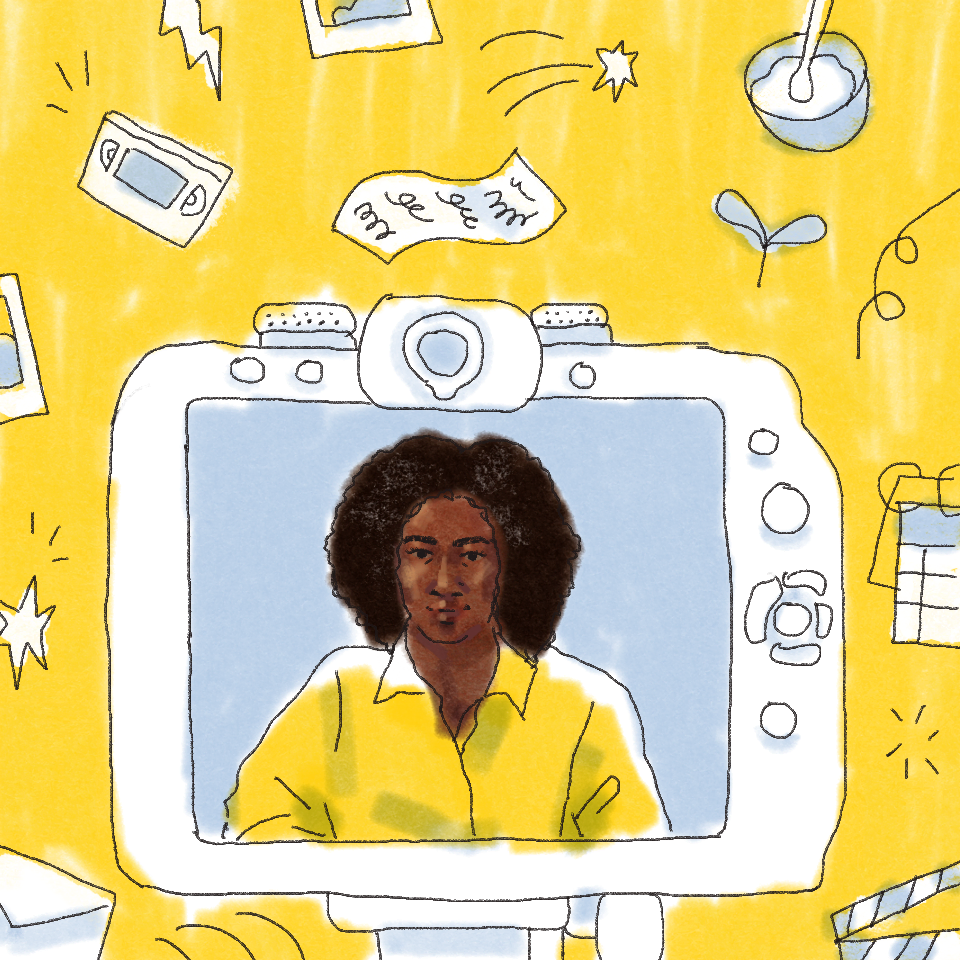
.jpg/_jcr_content/renditions/1200x628%20(5).webp)

